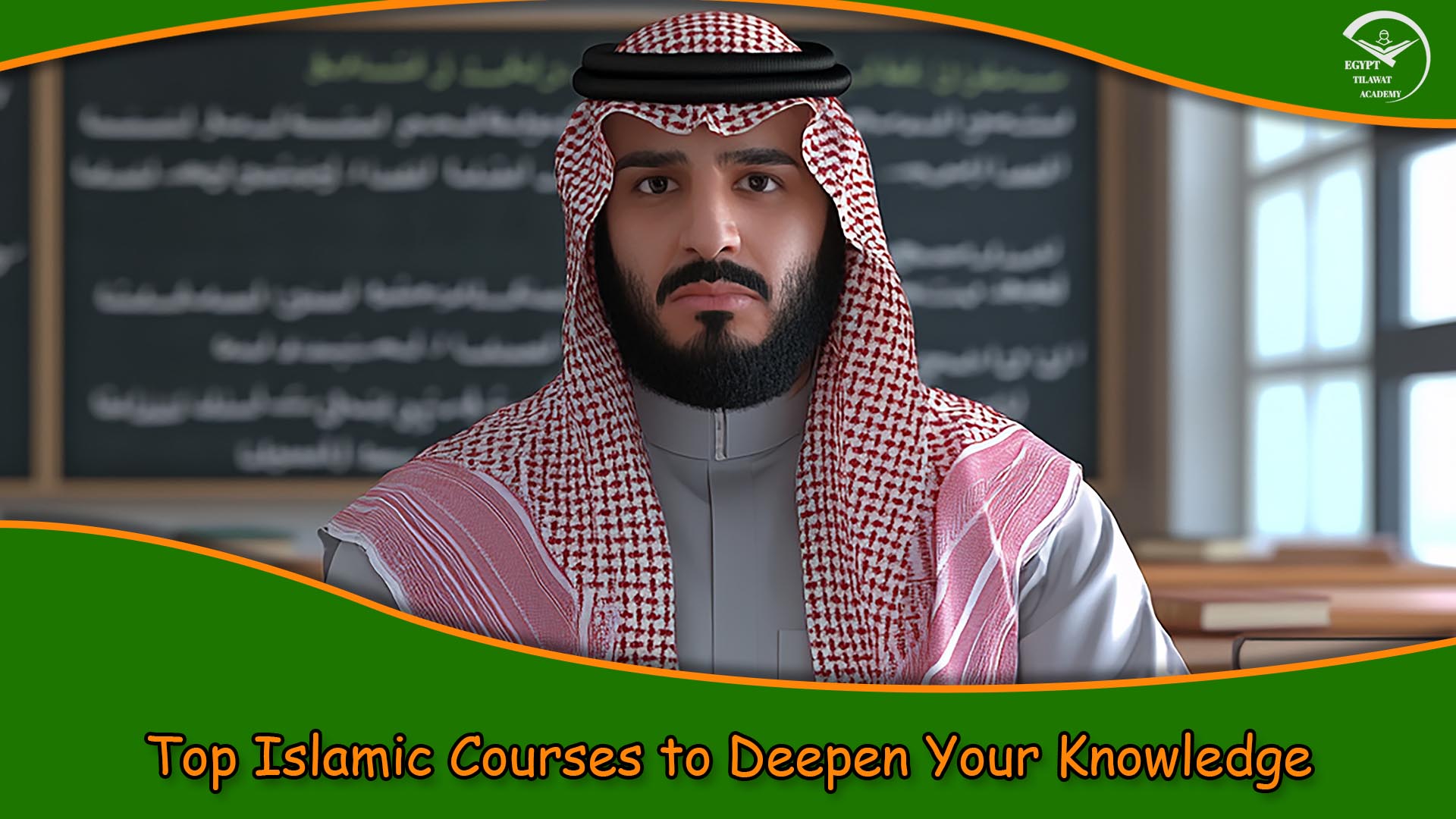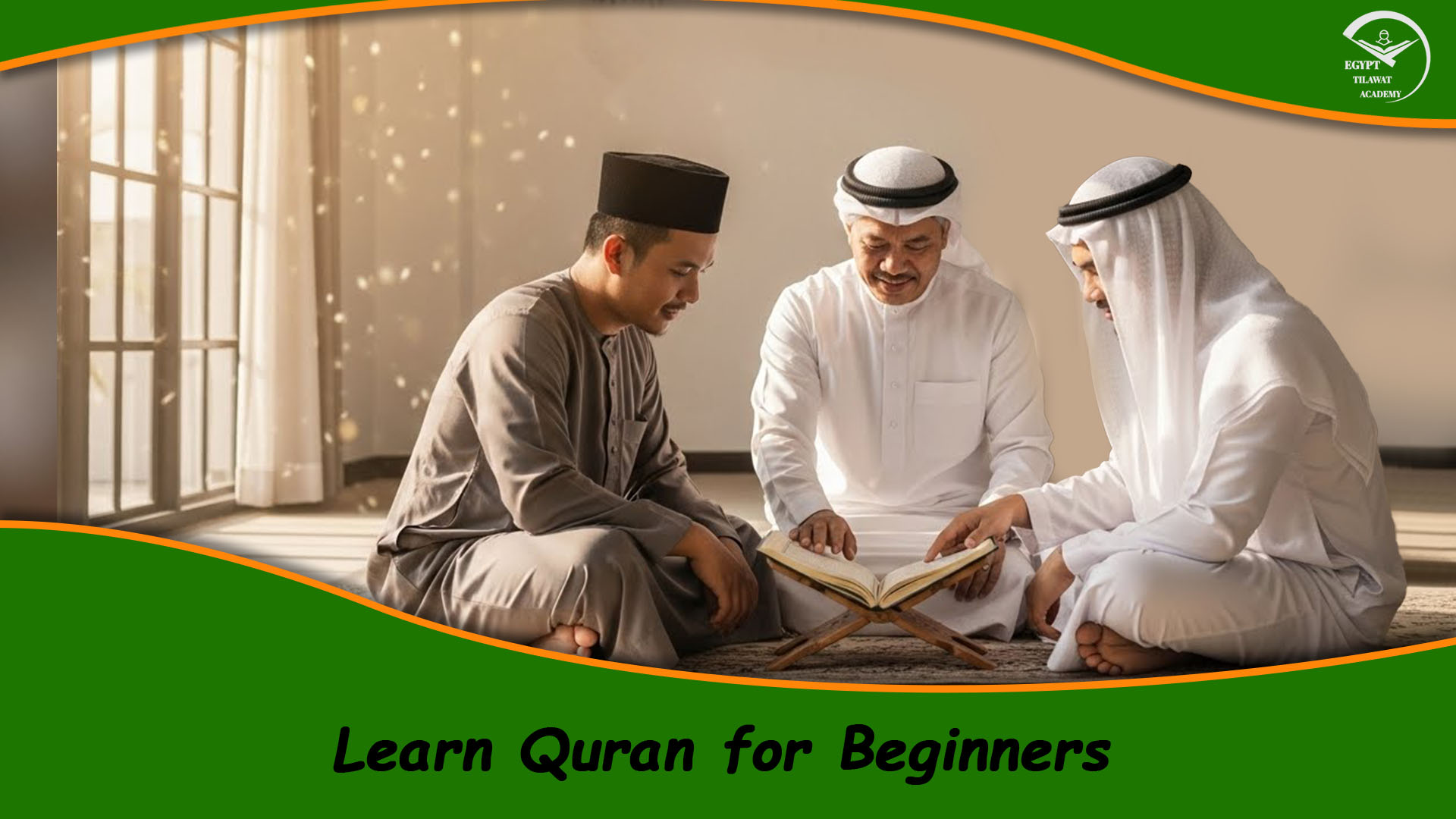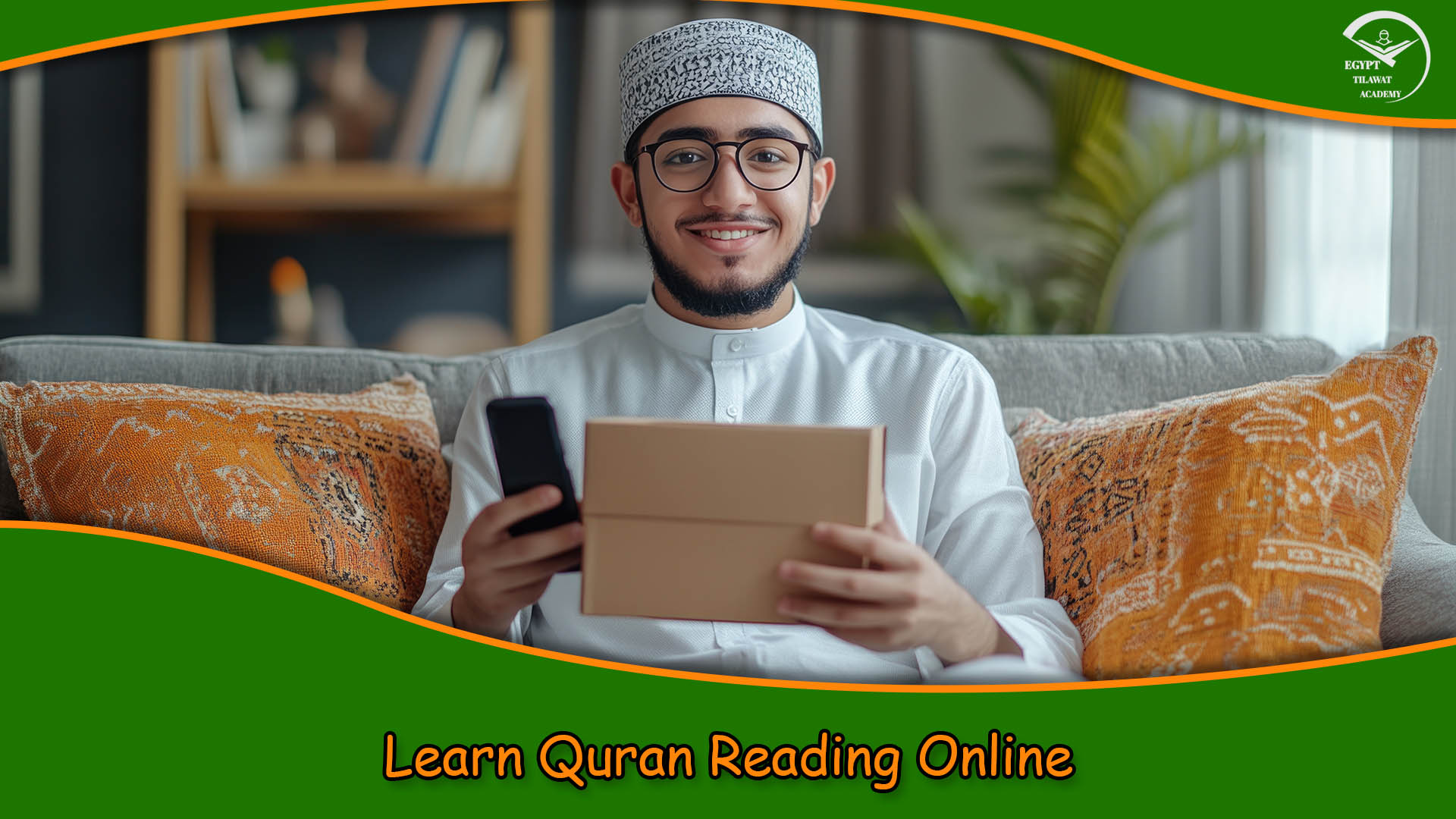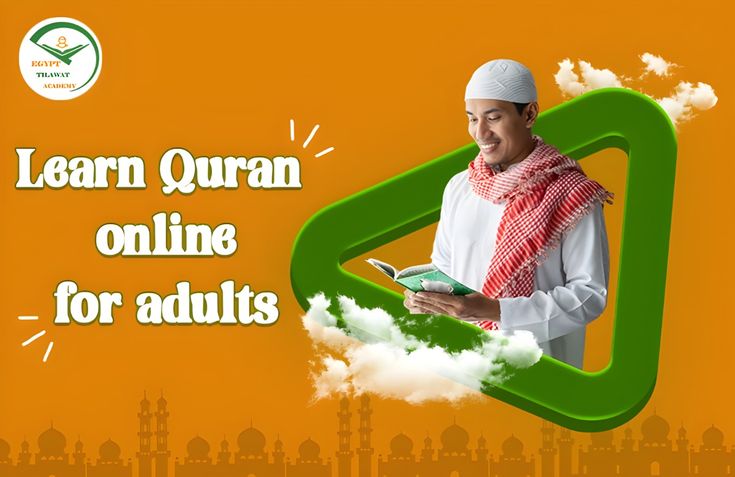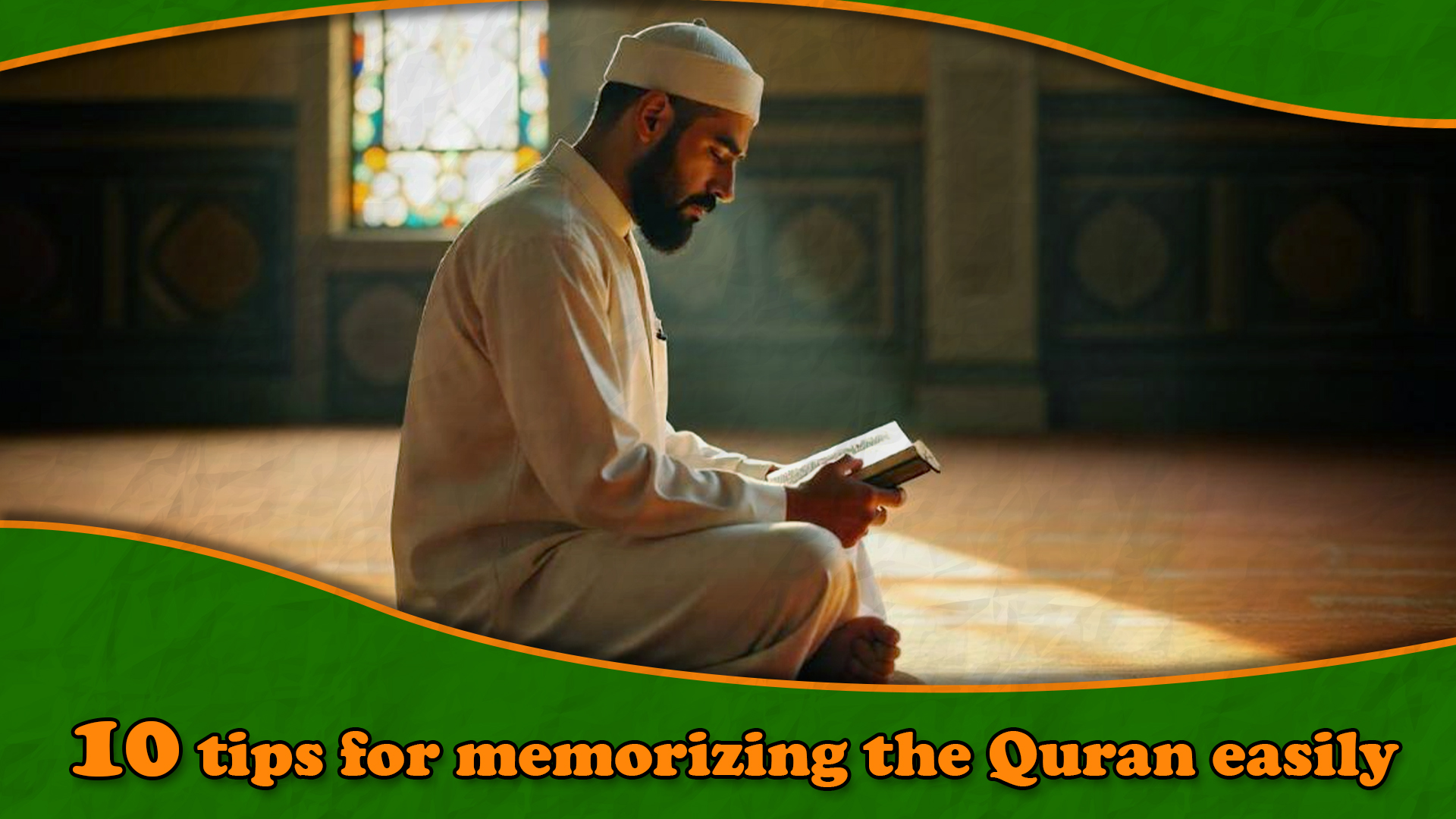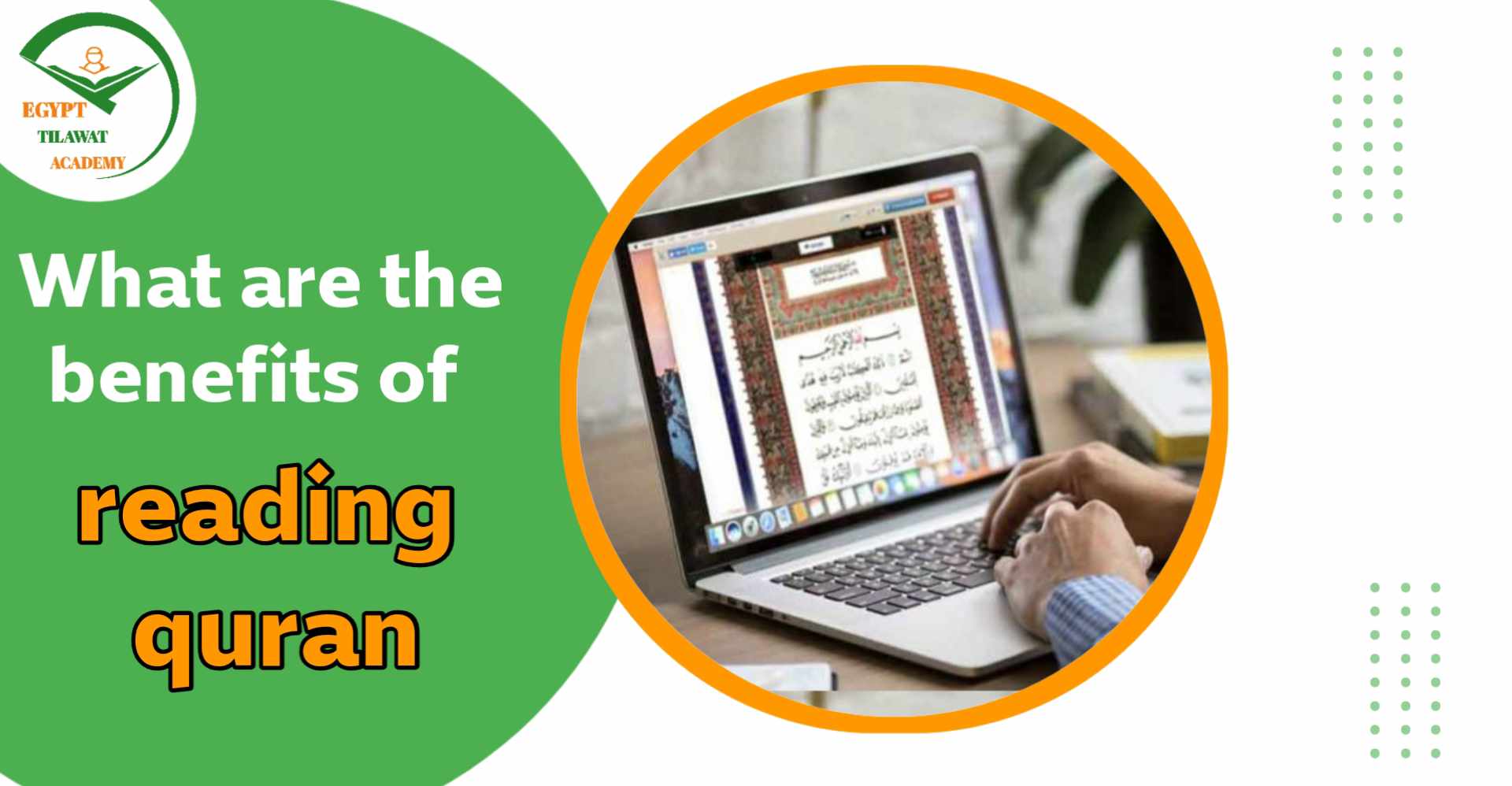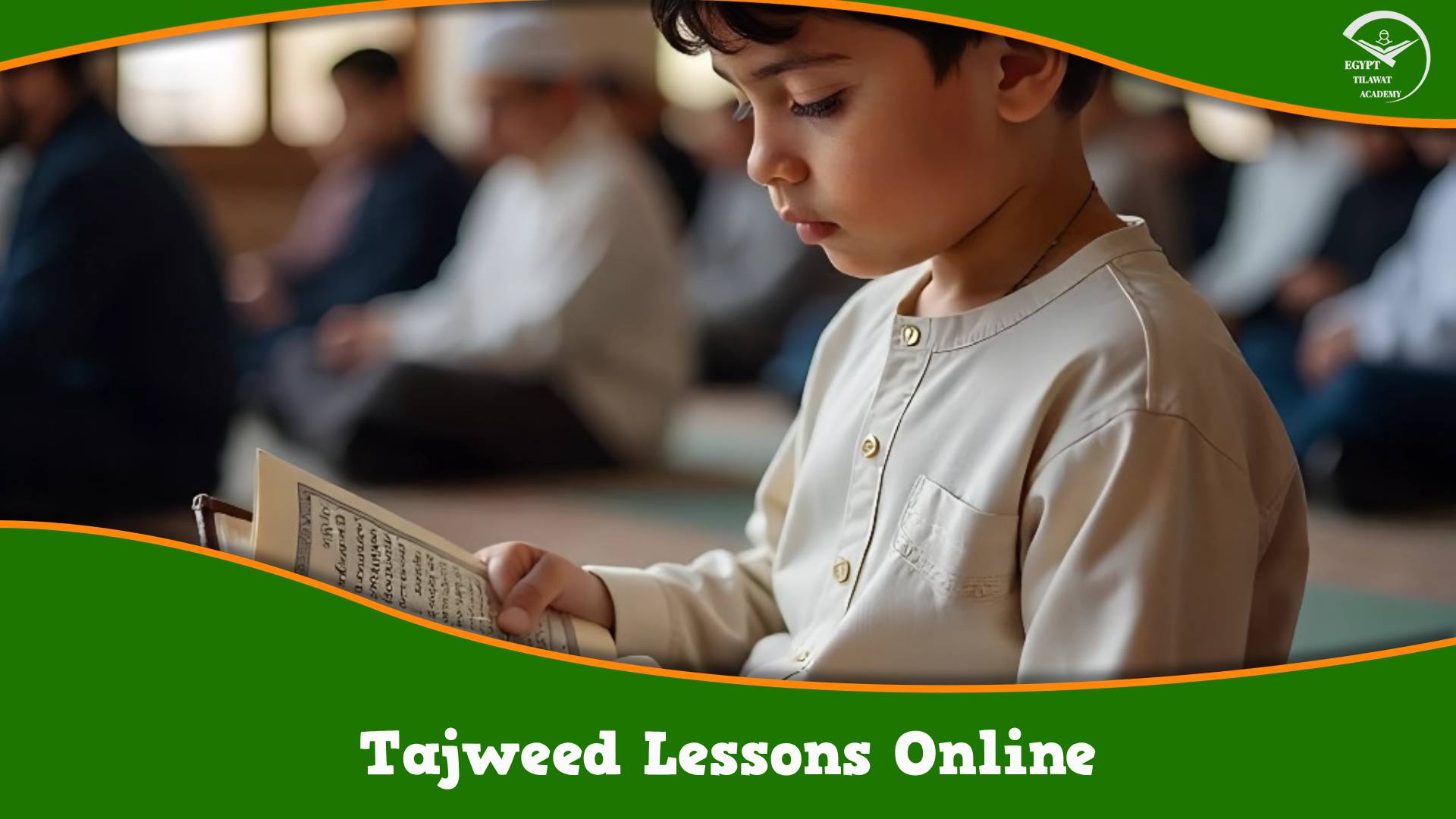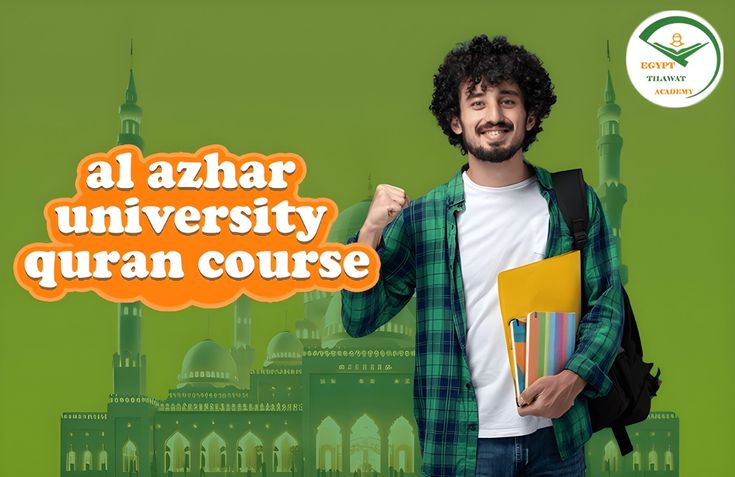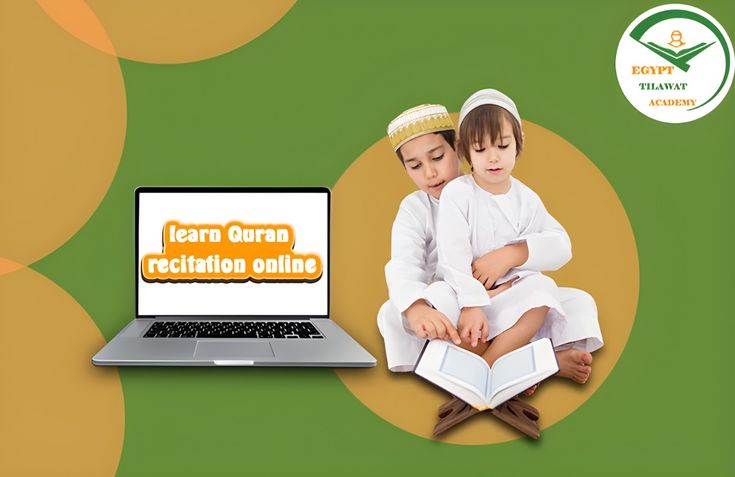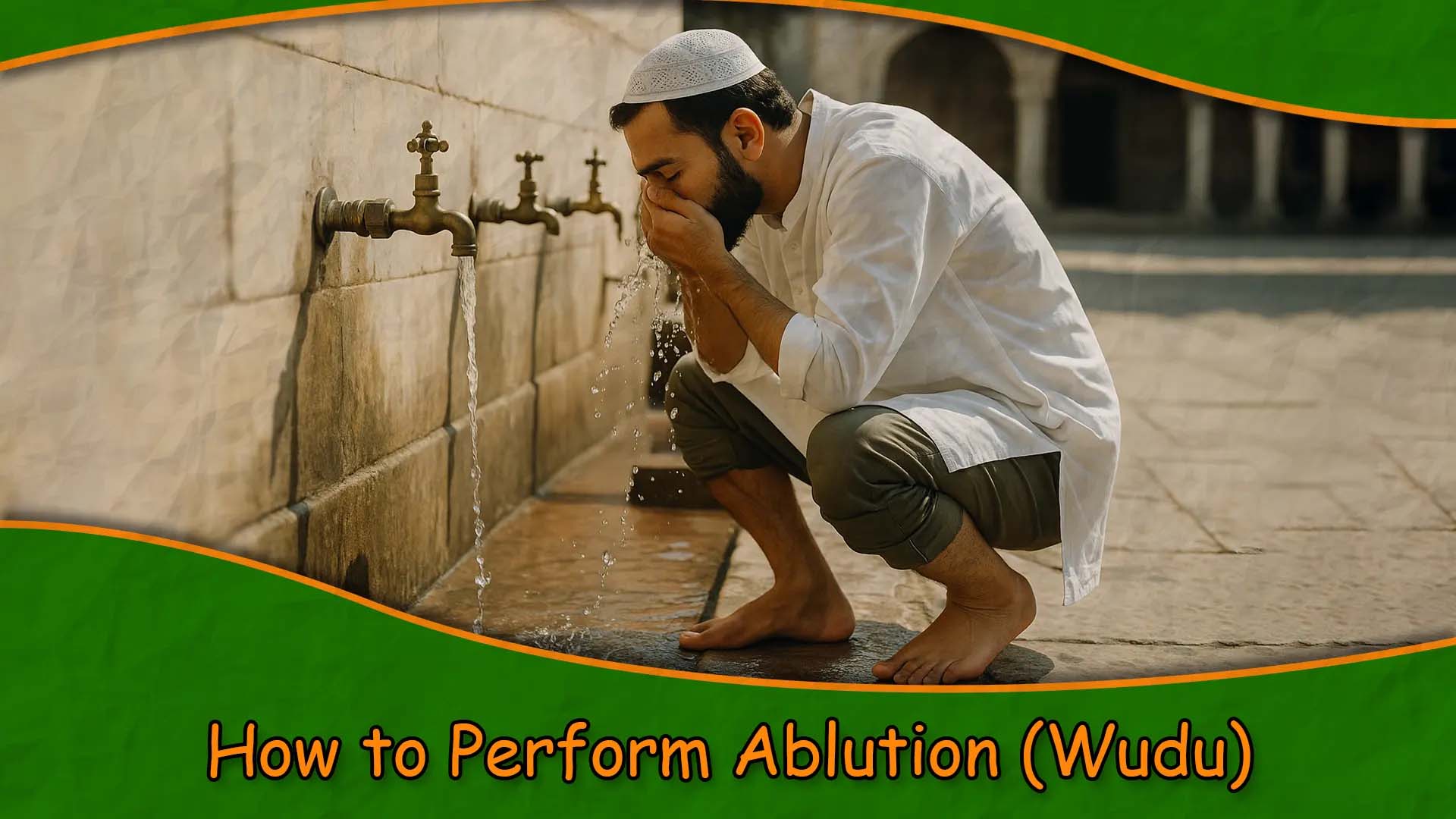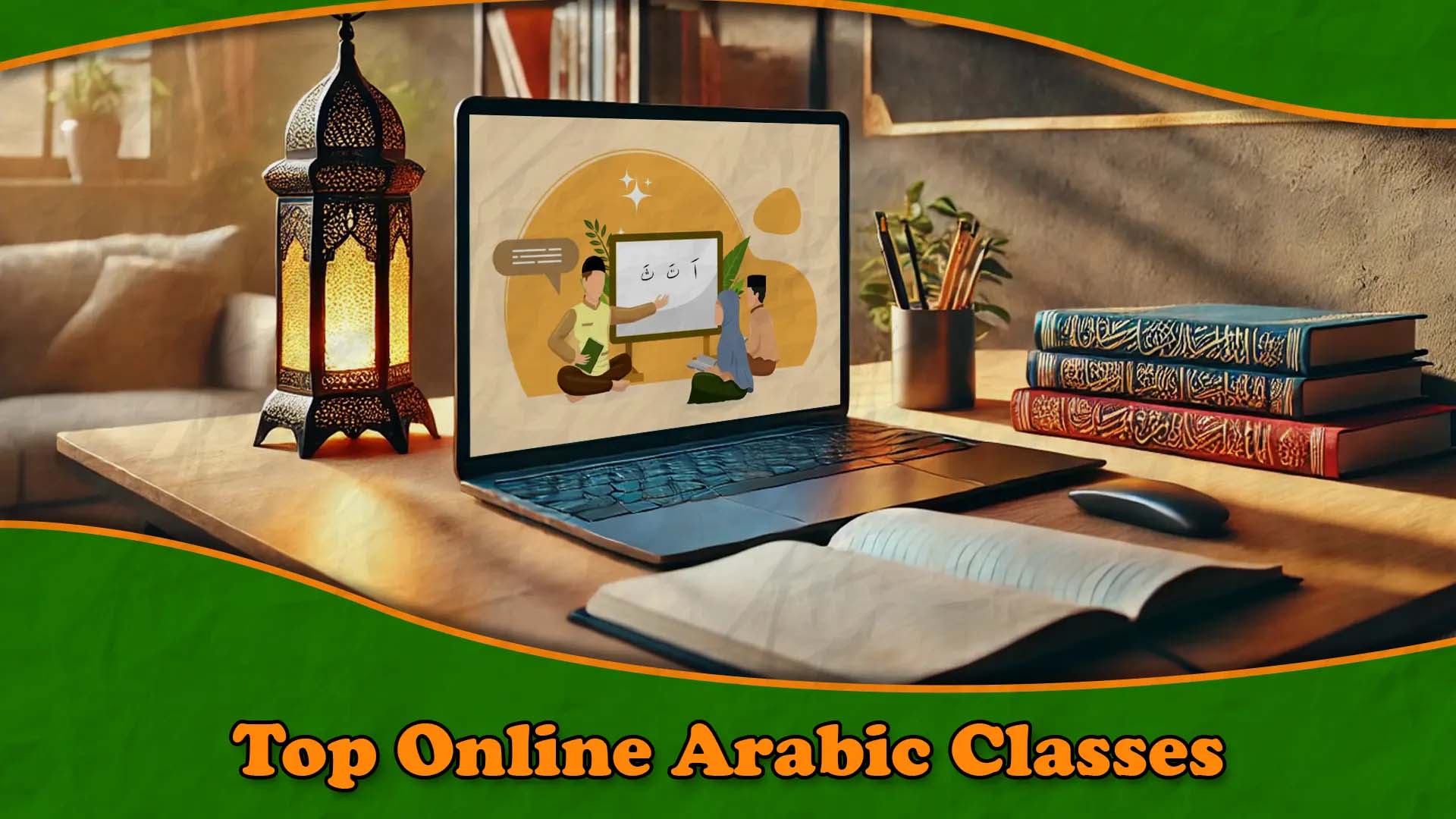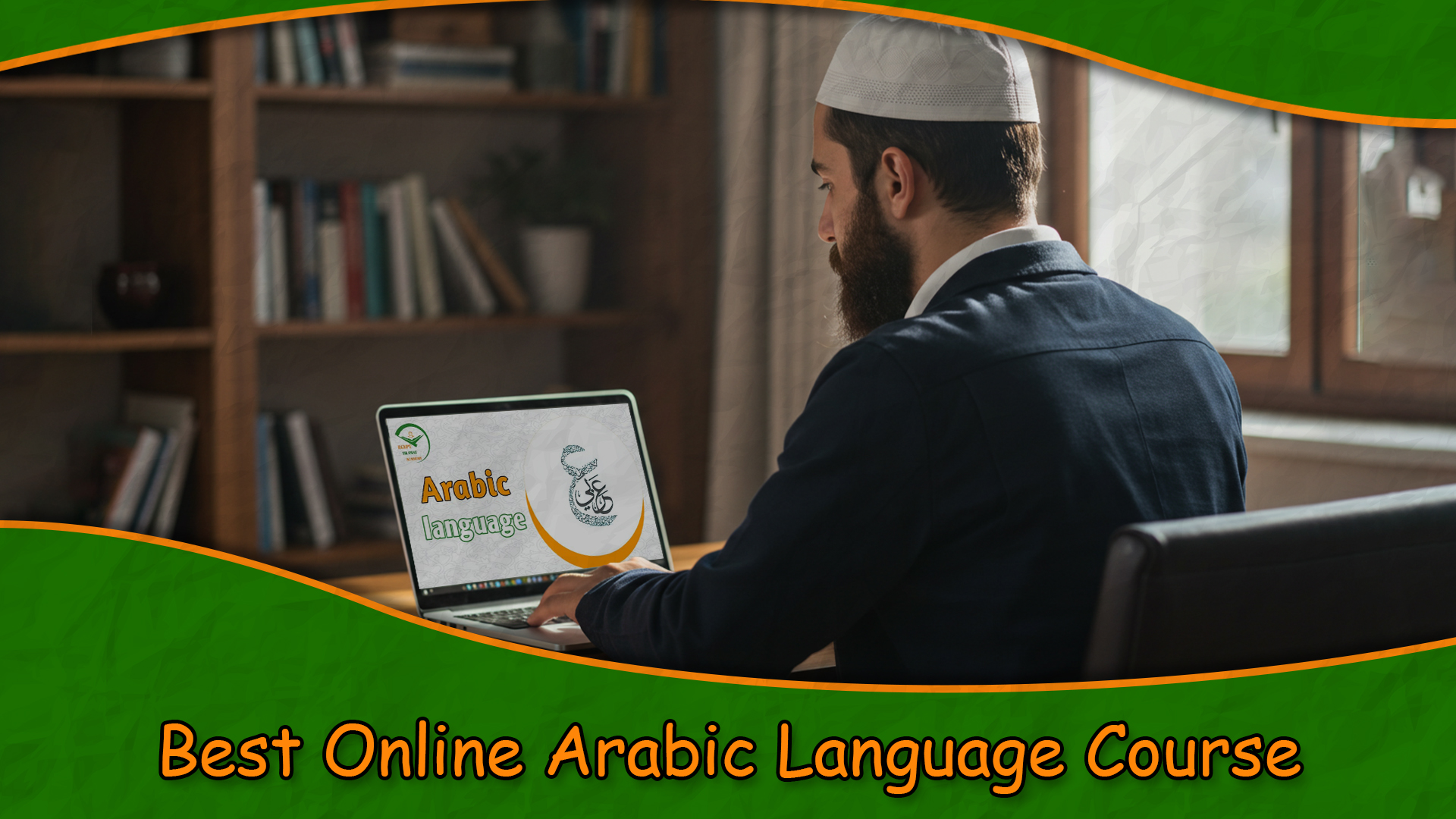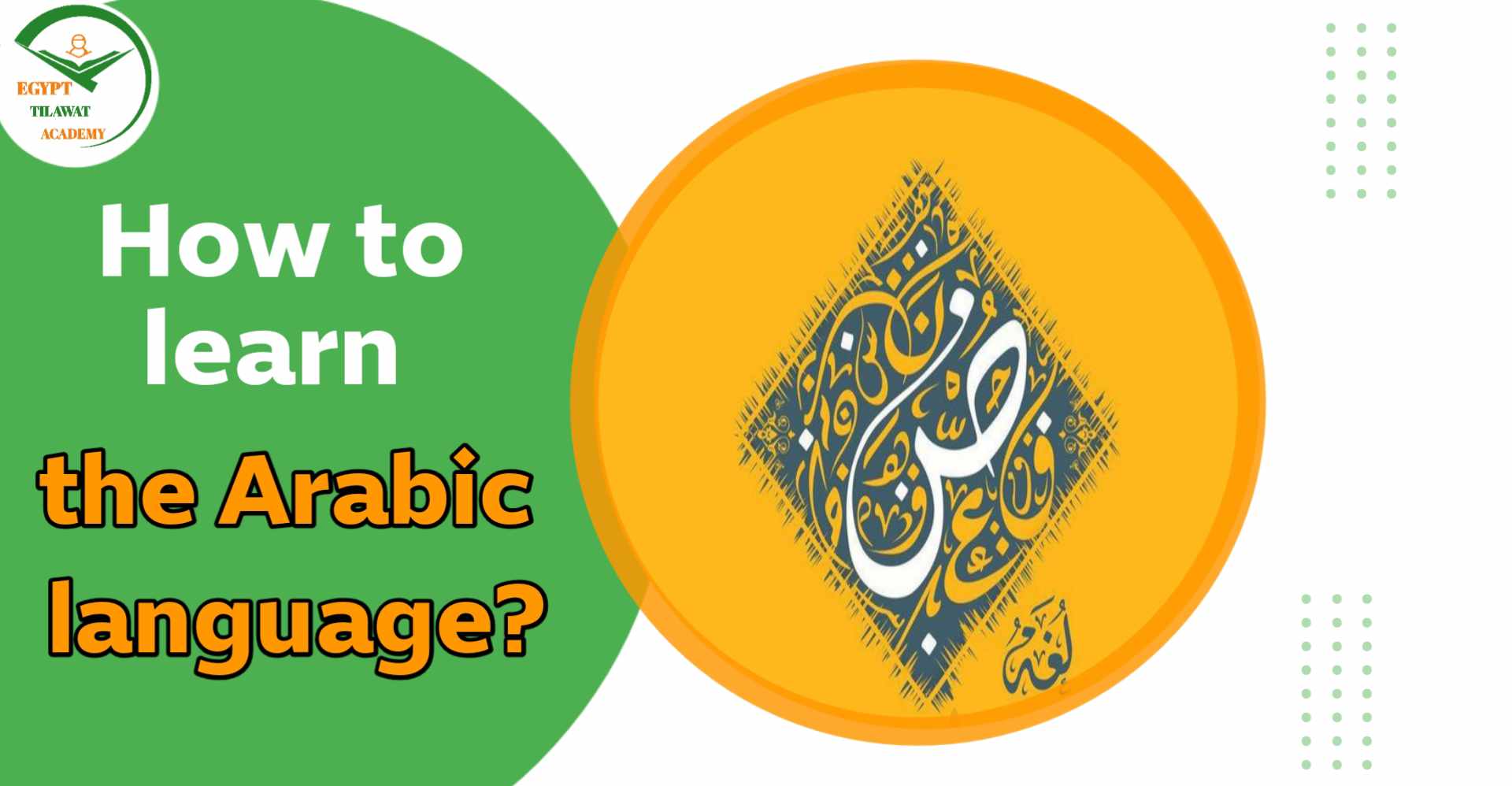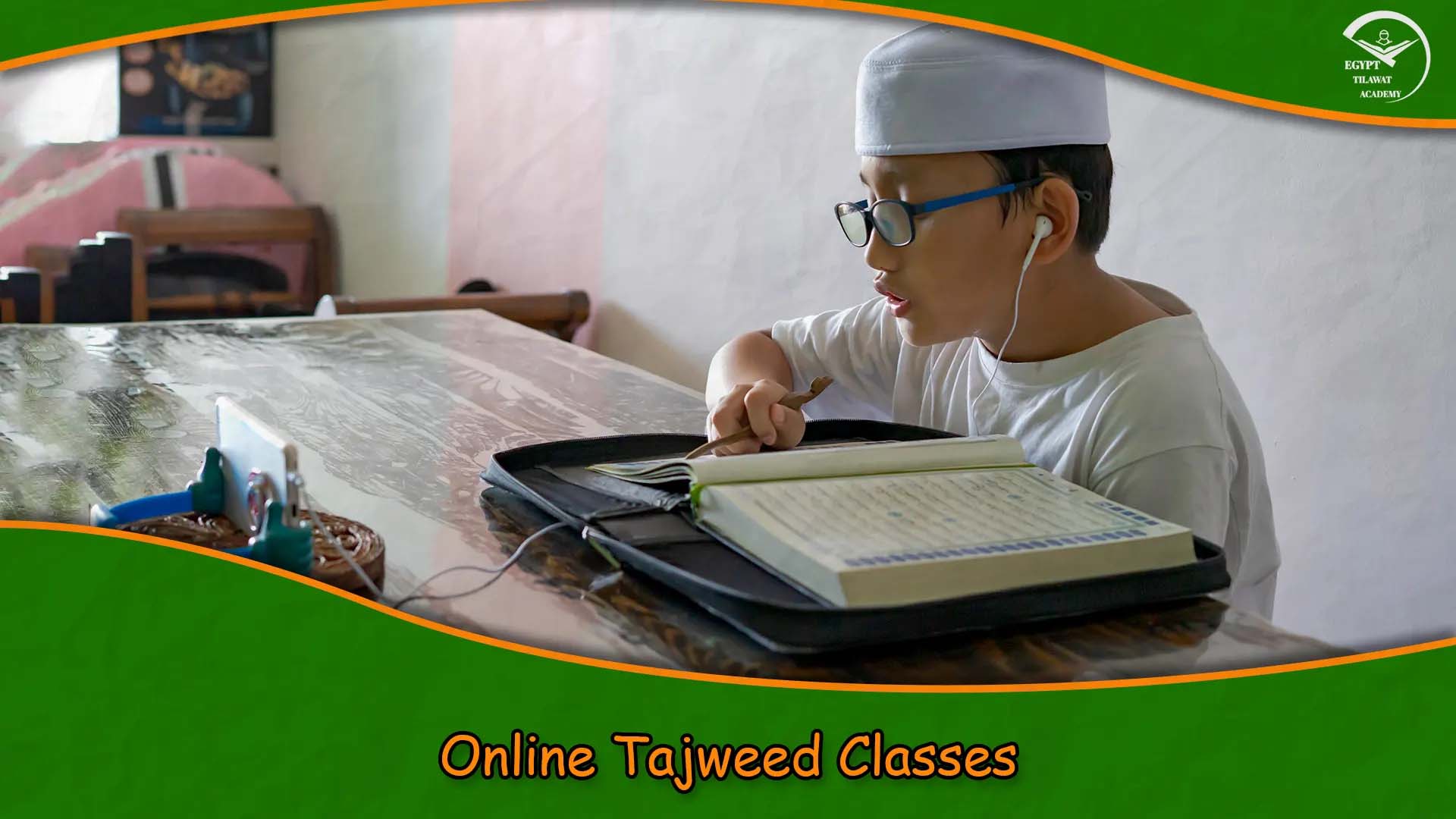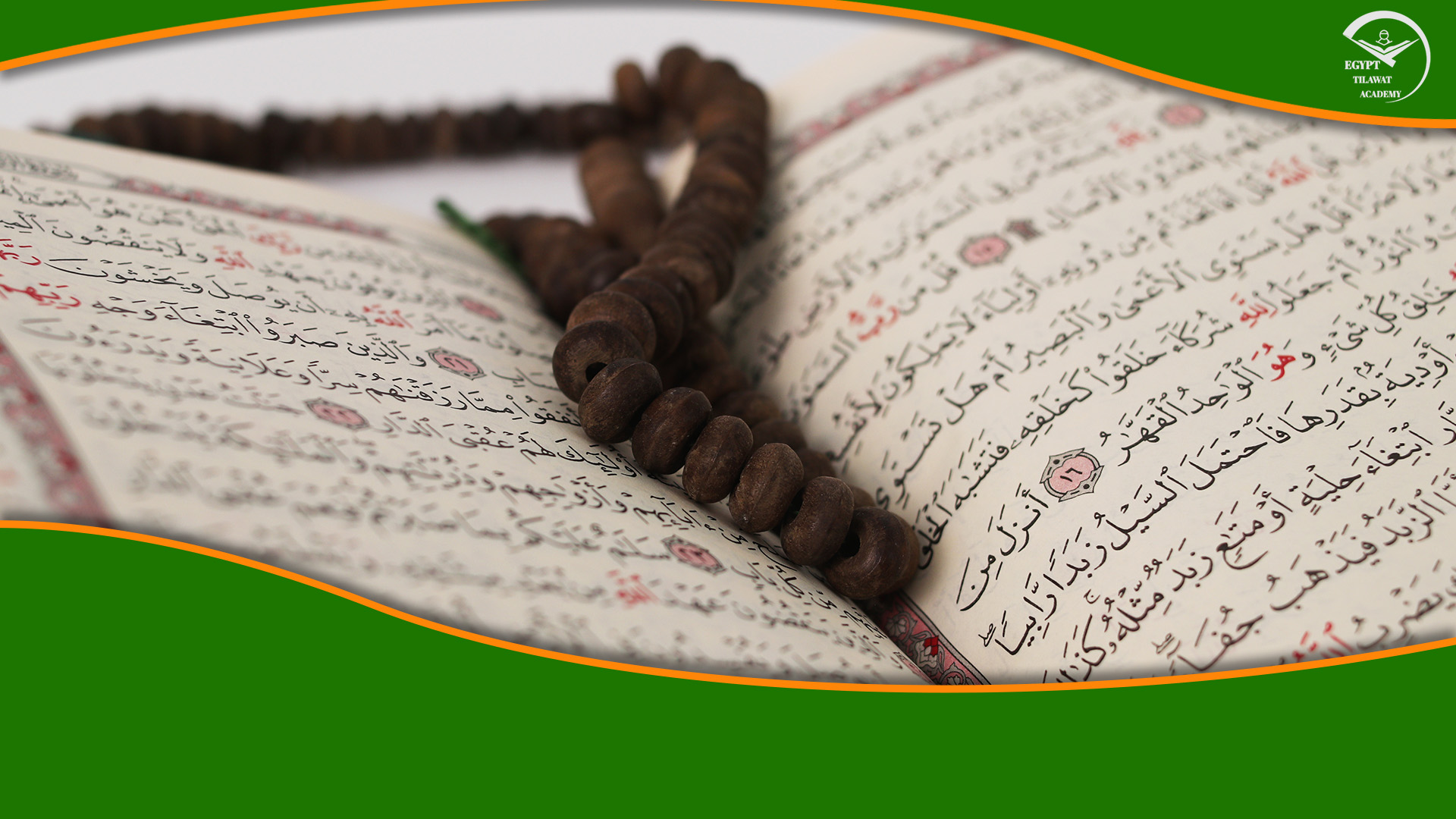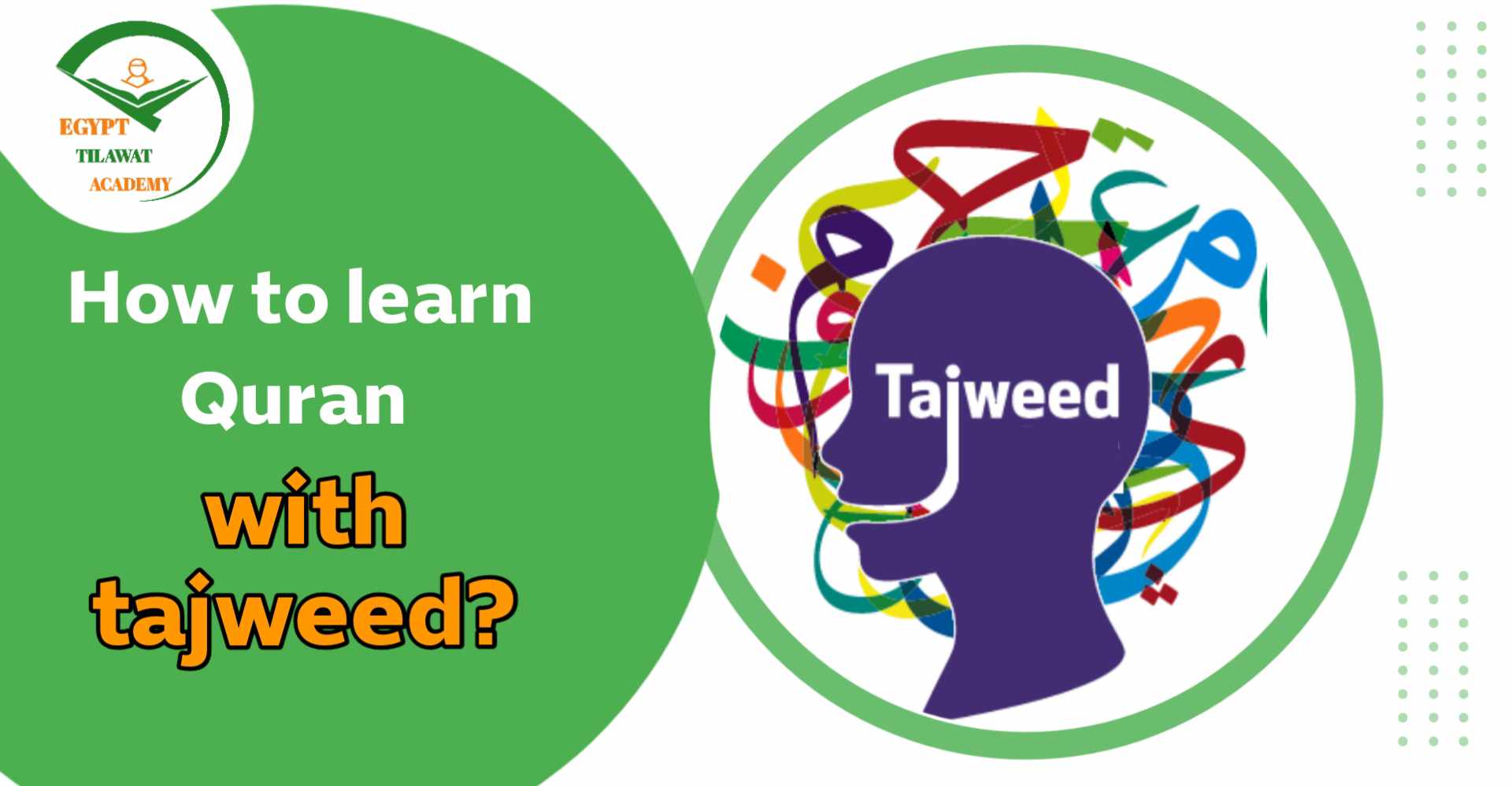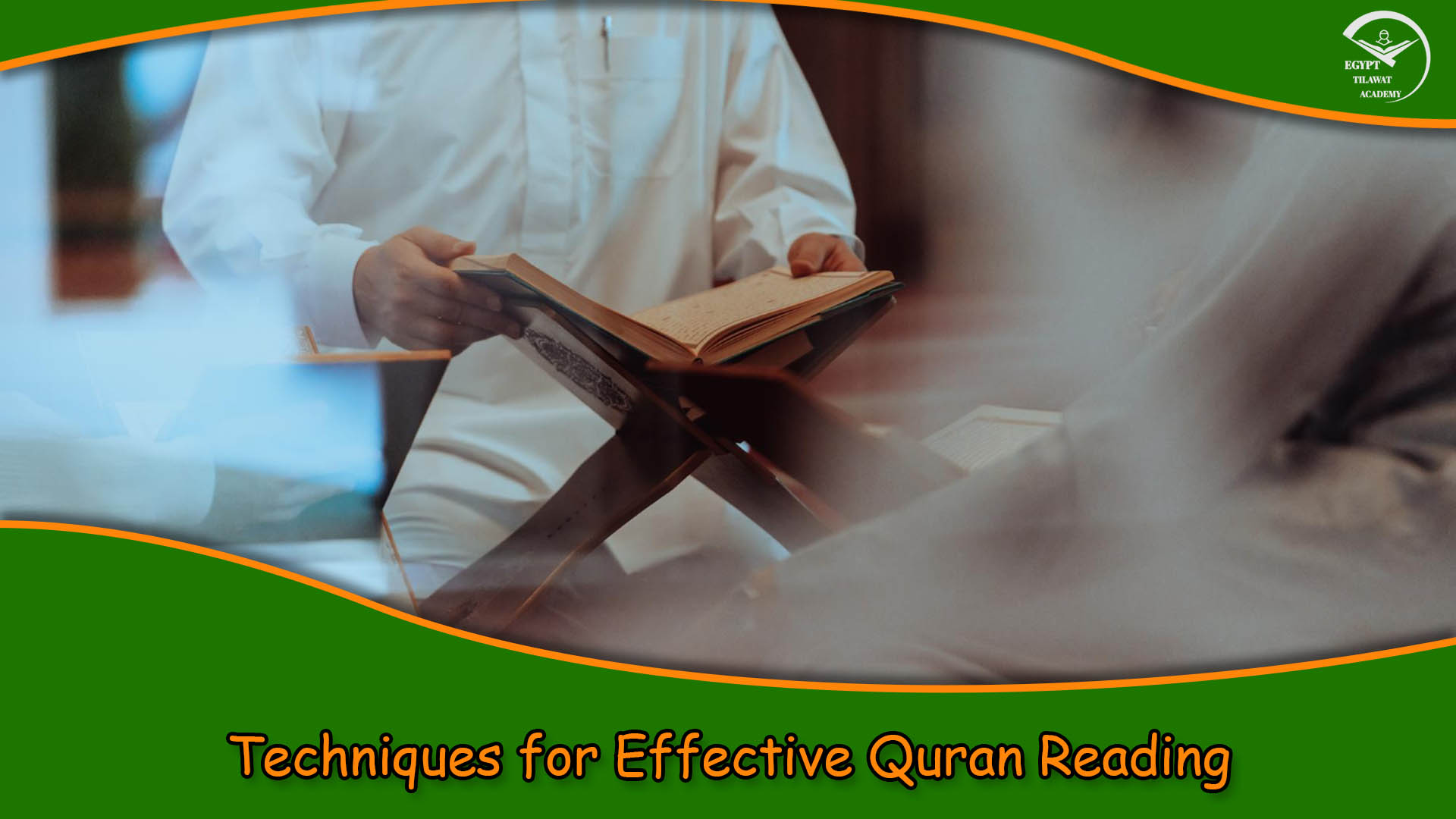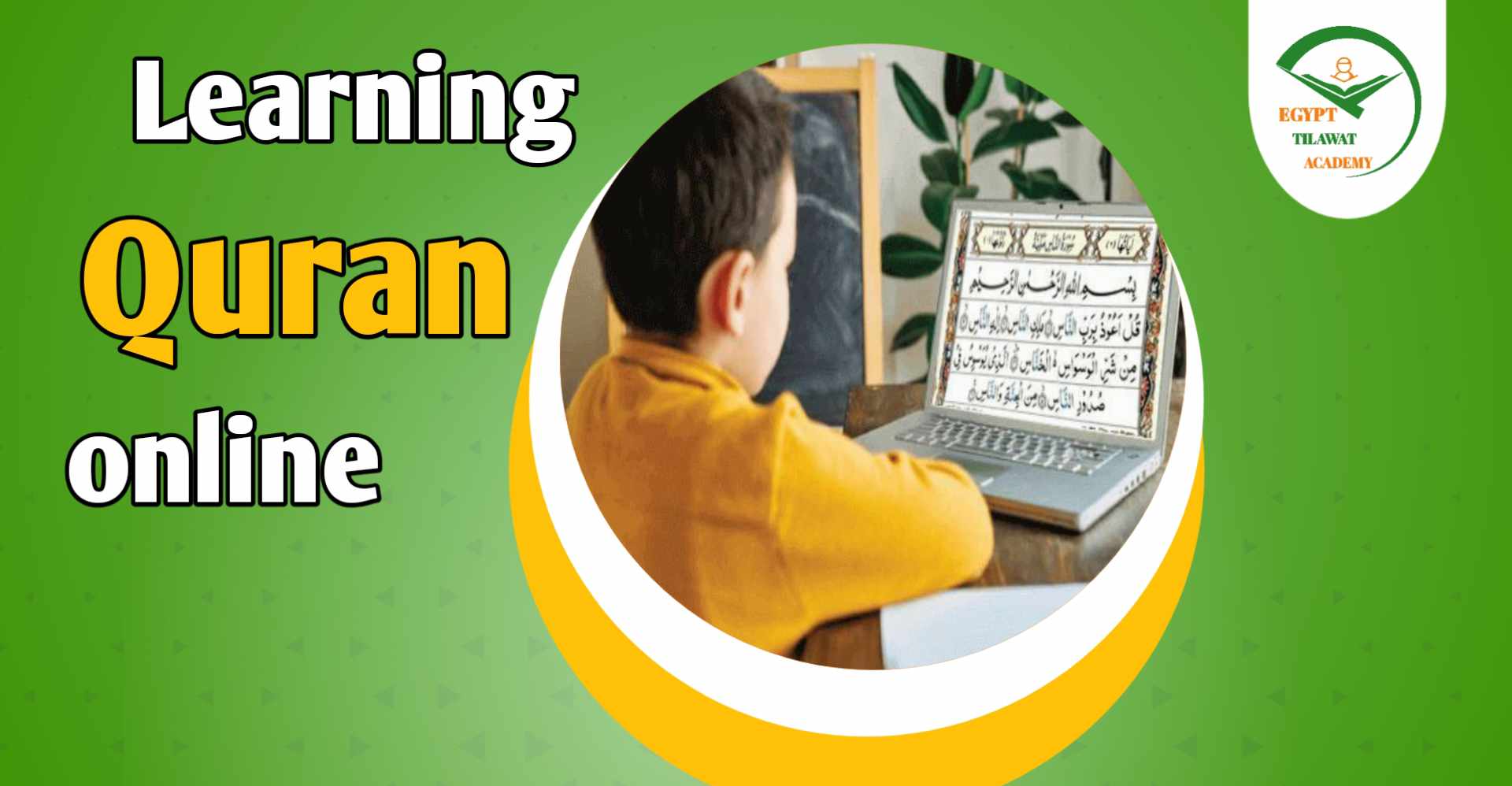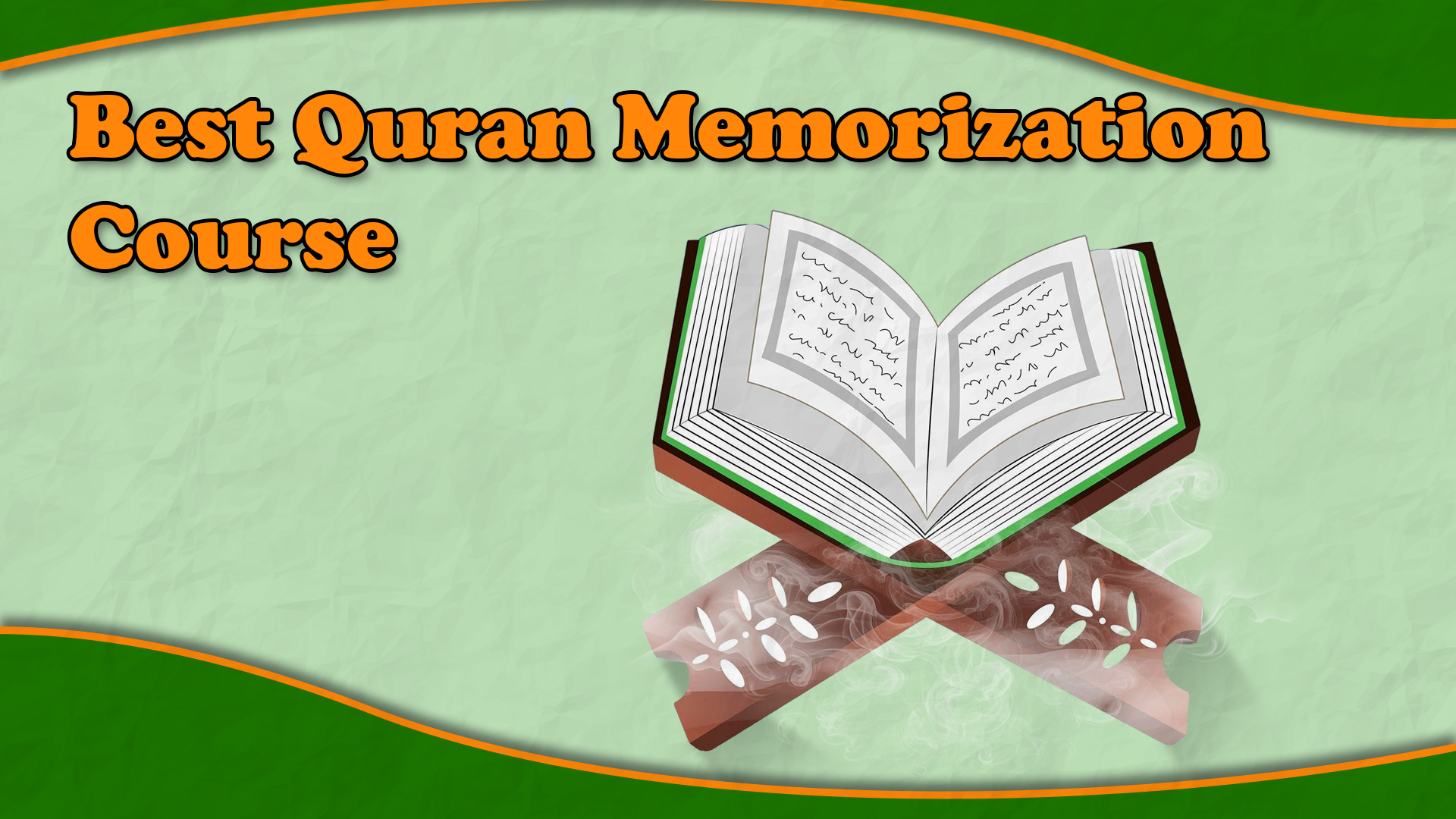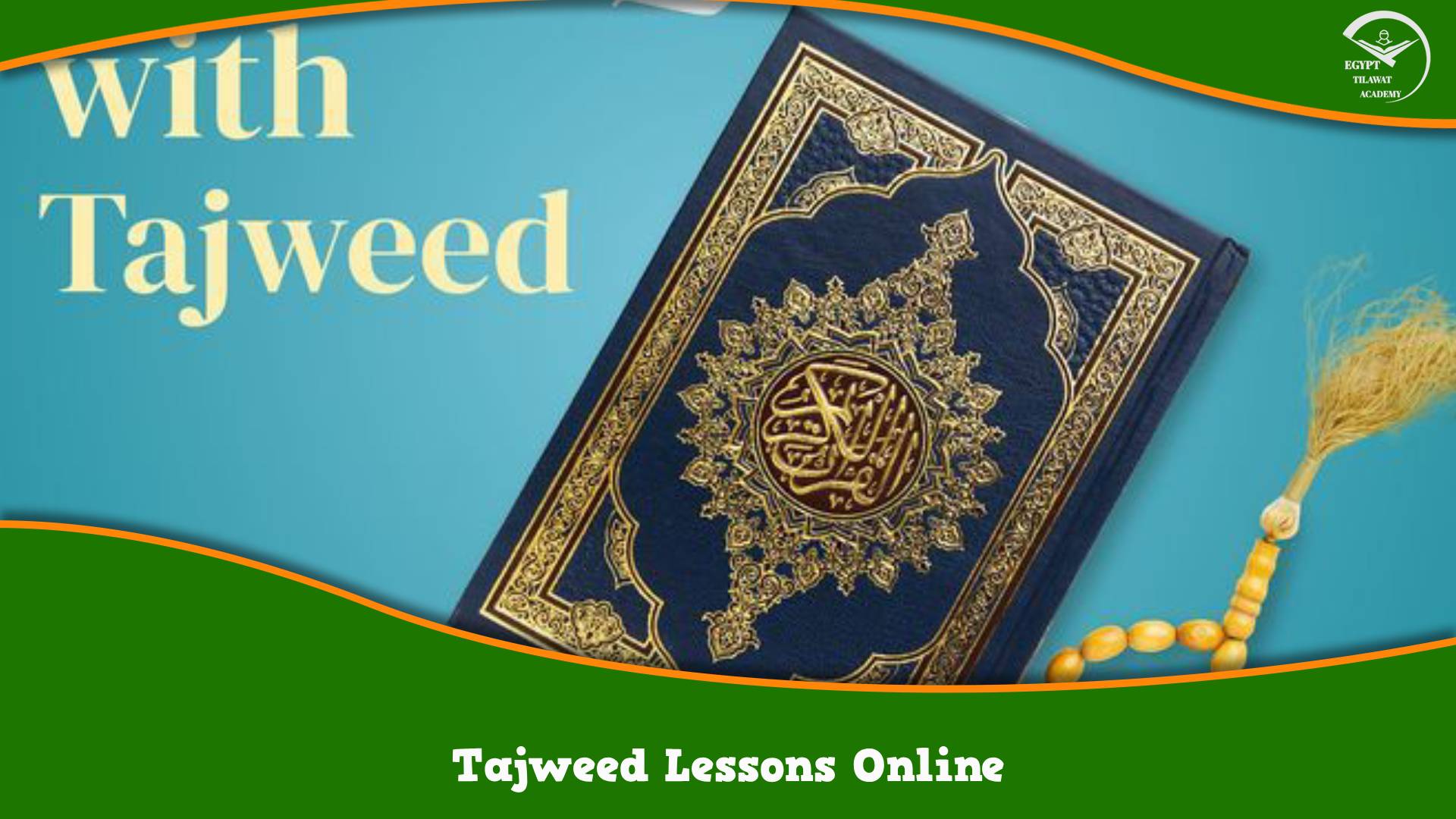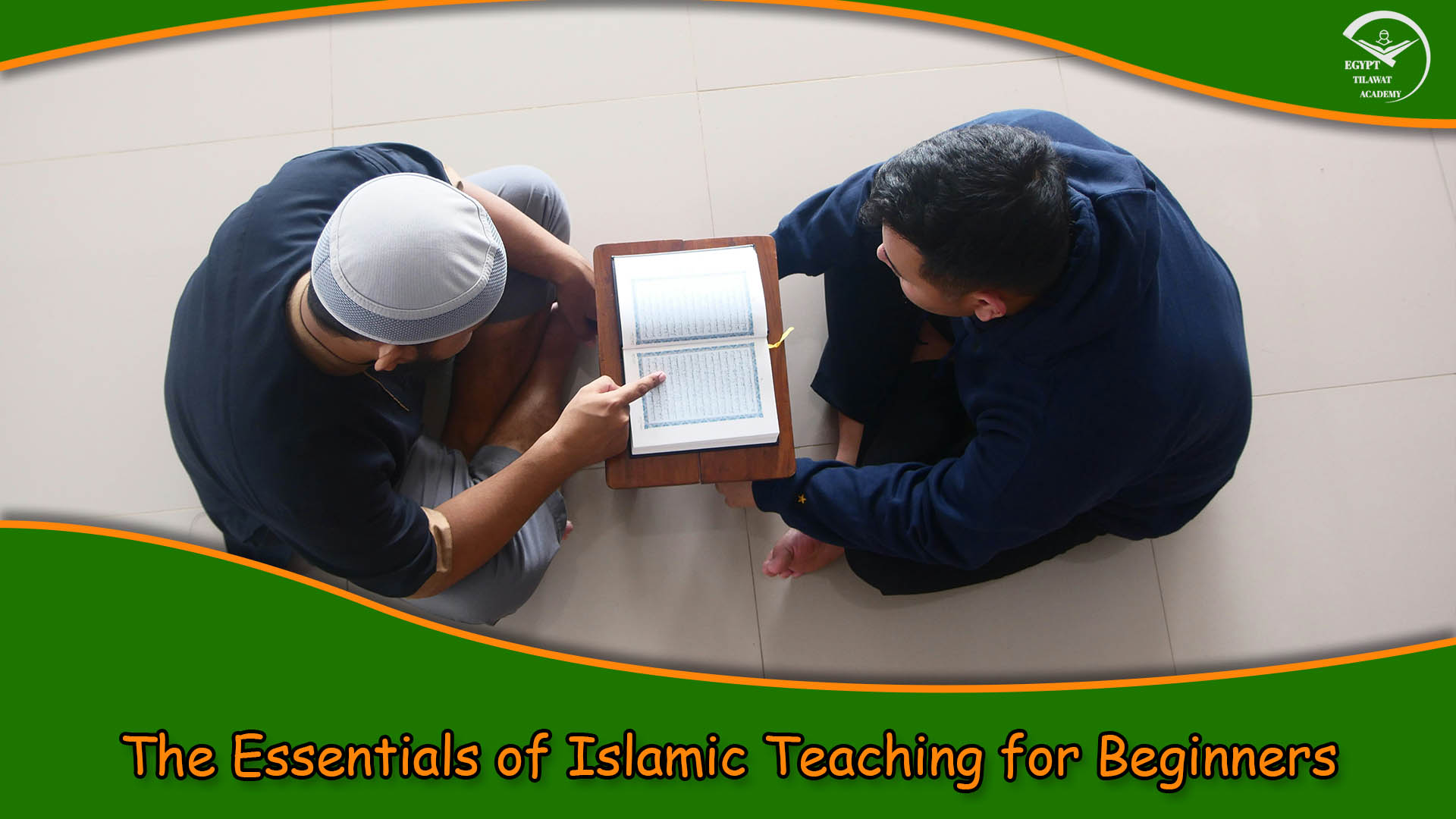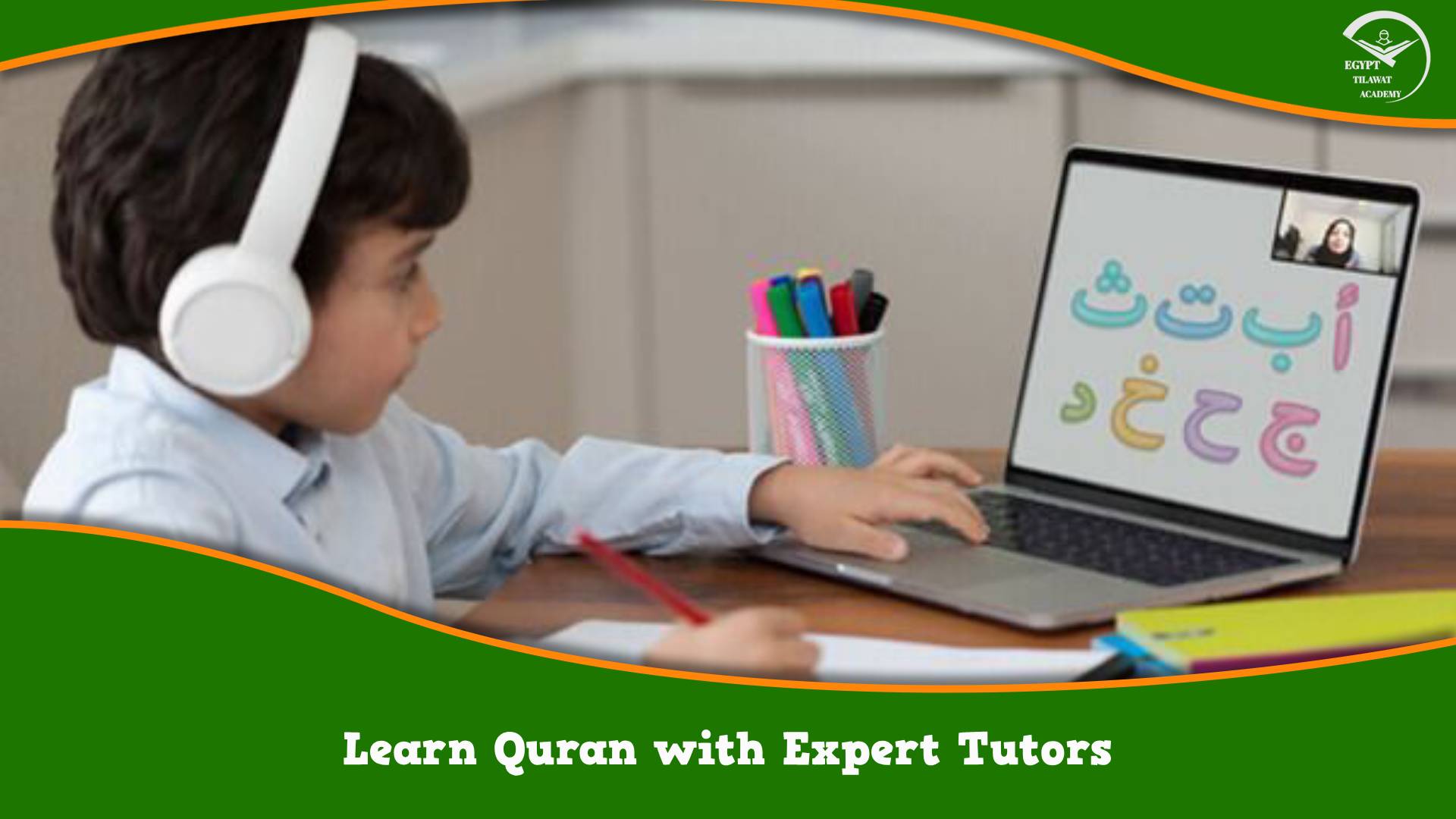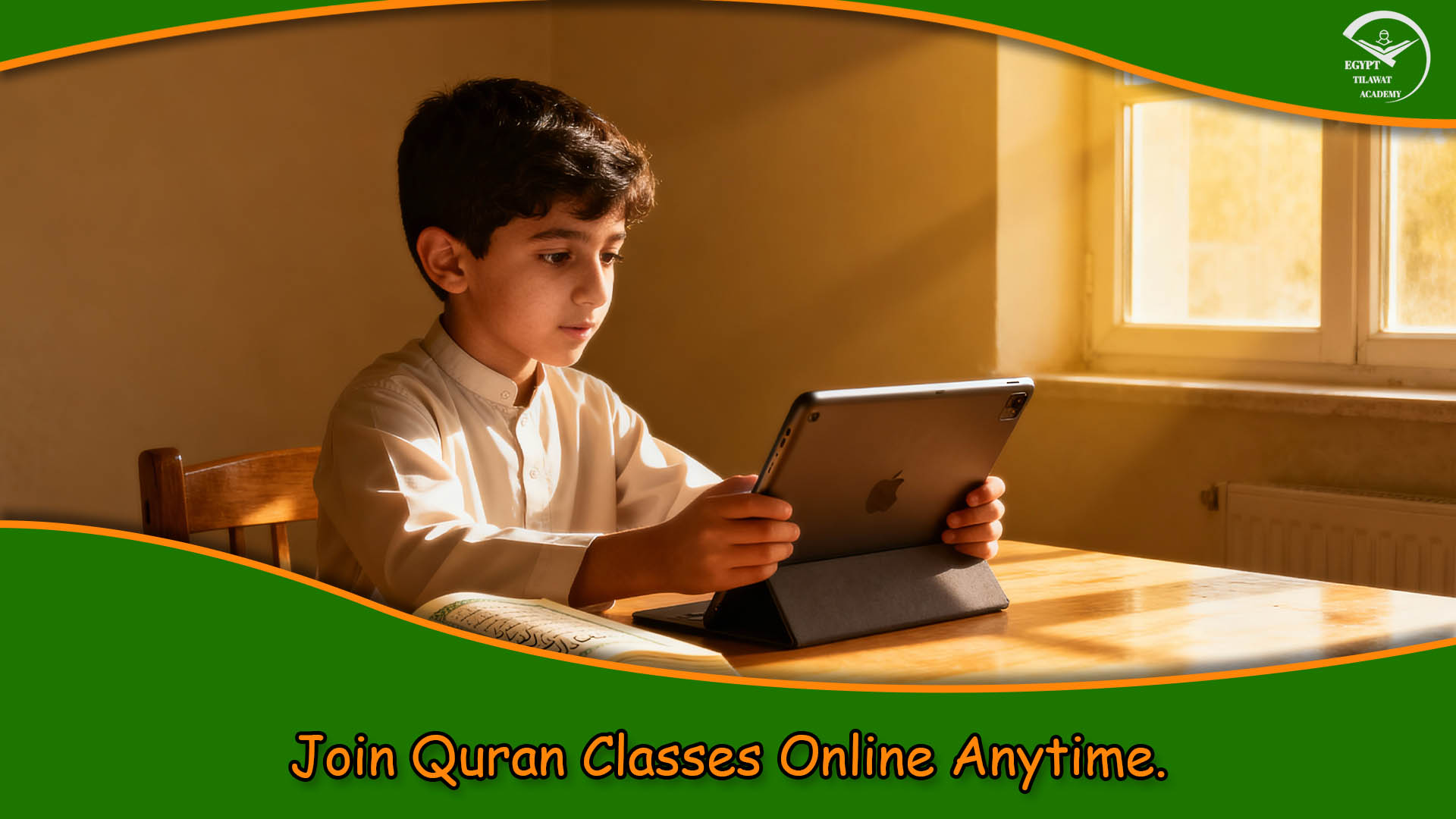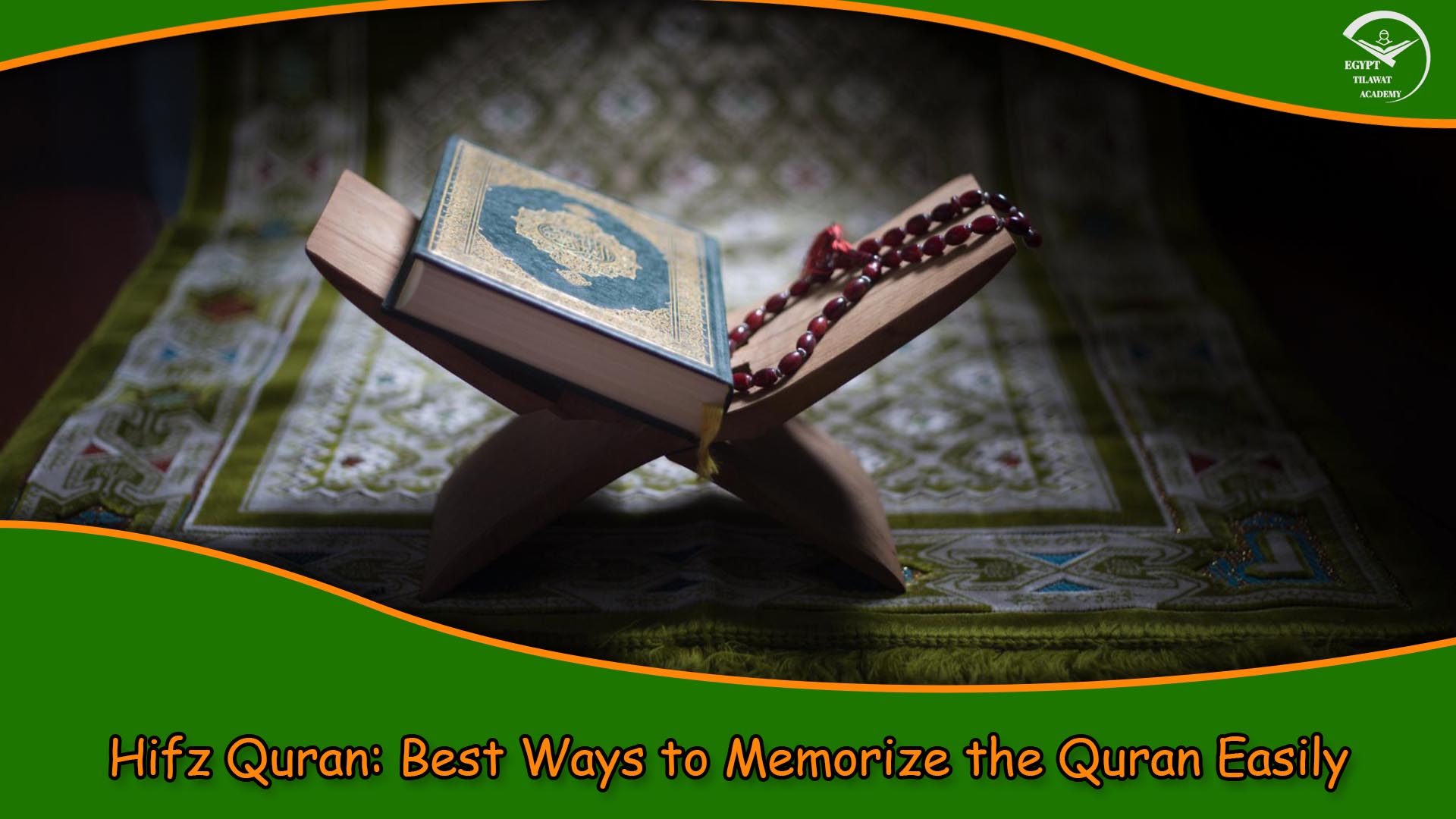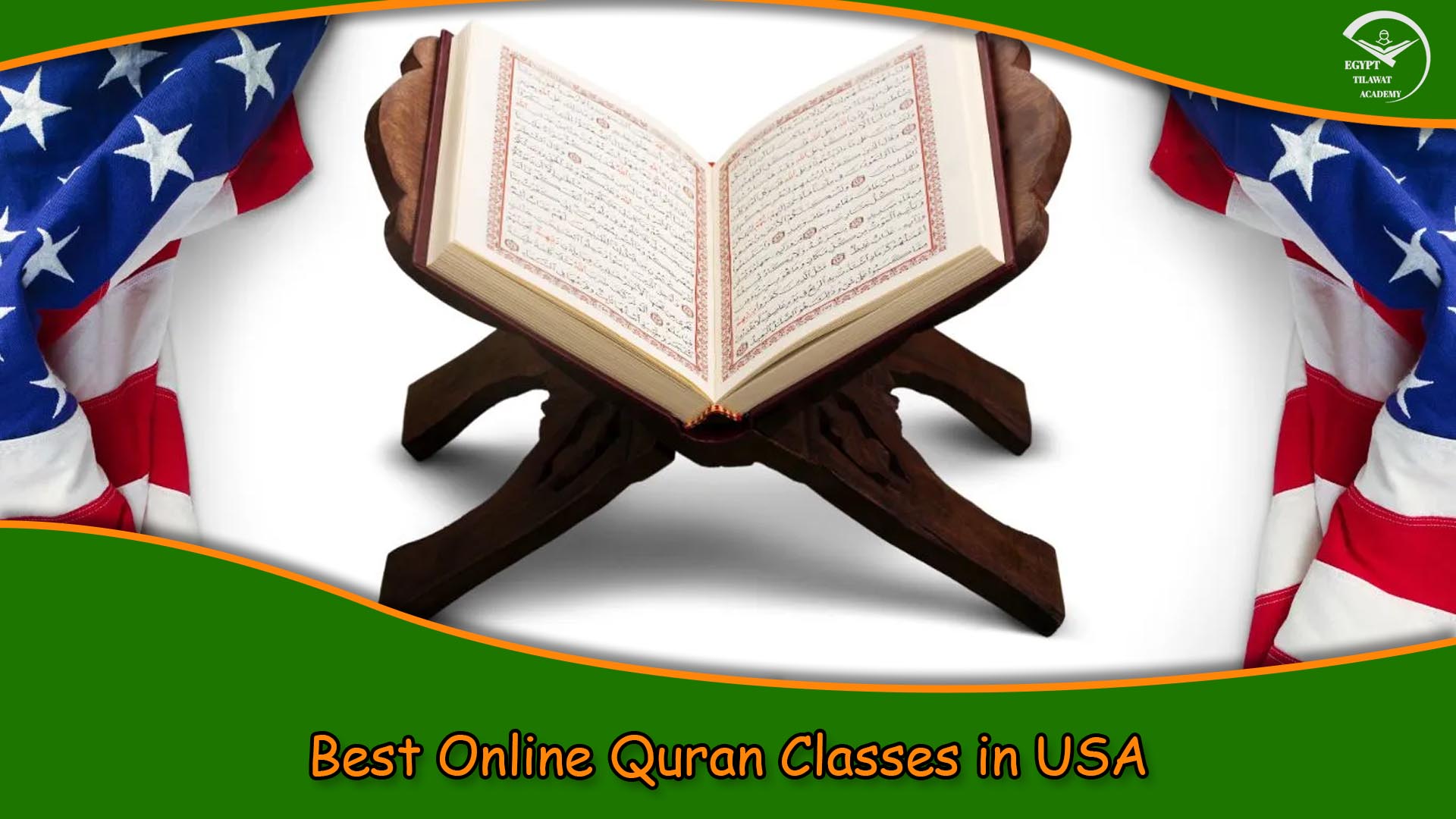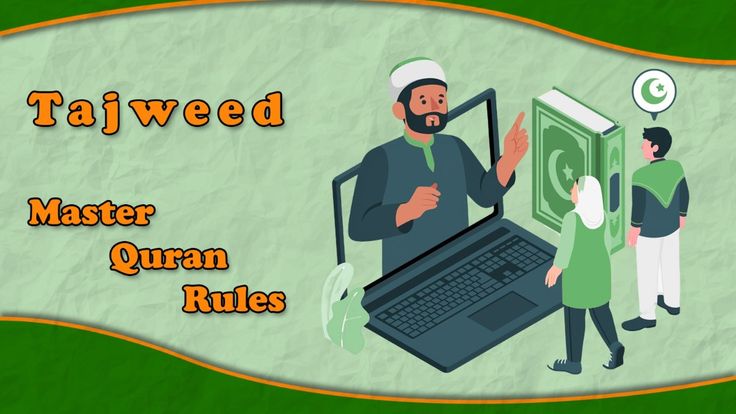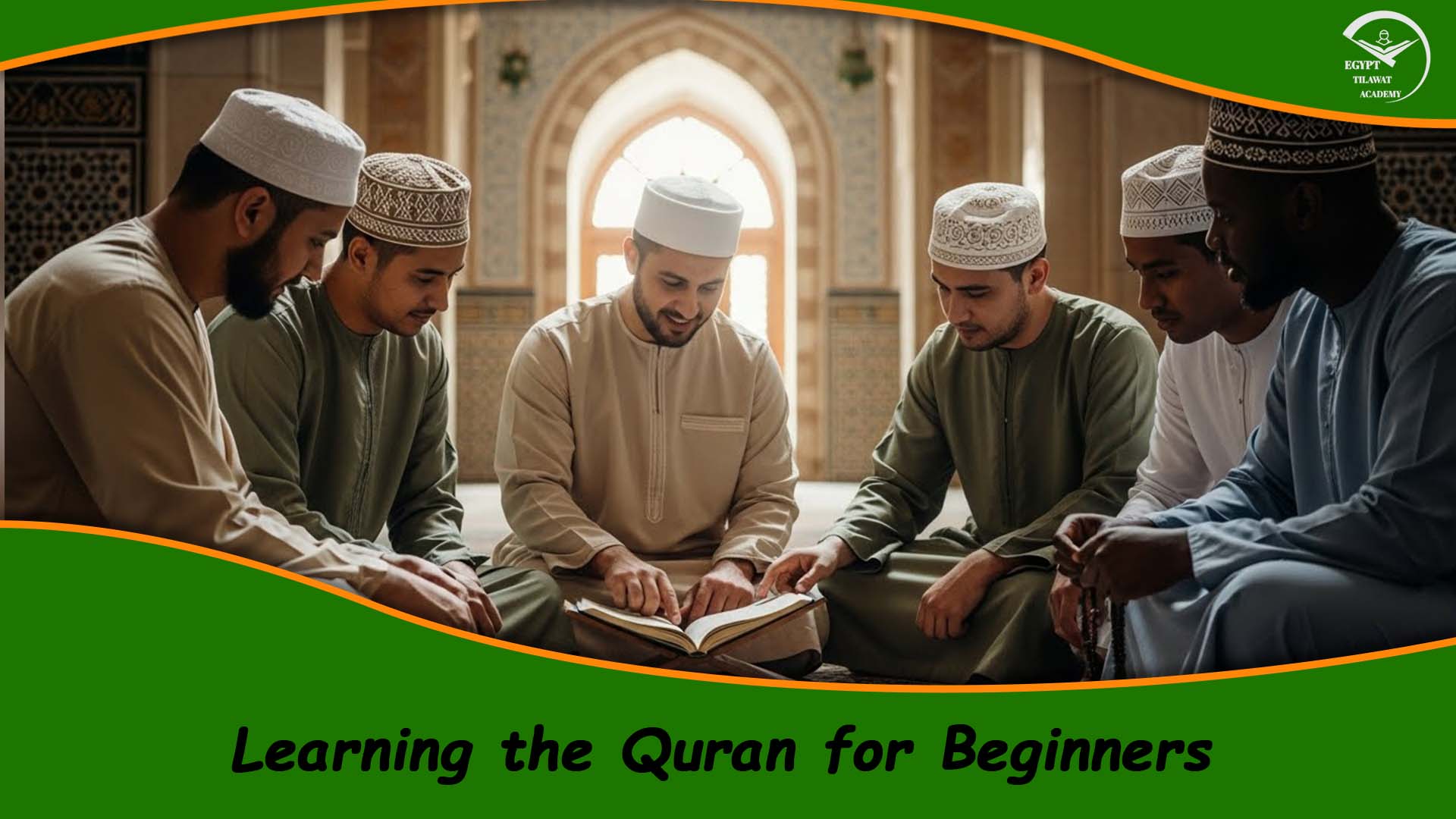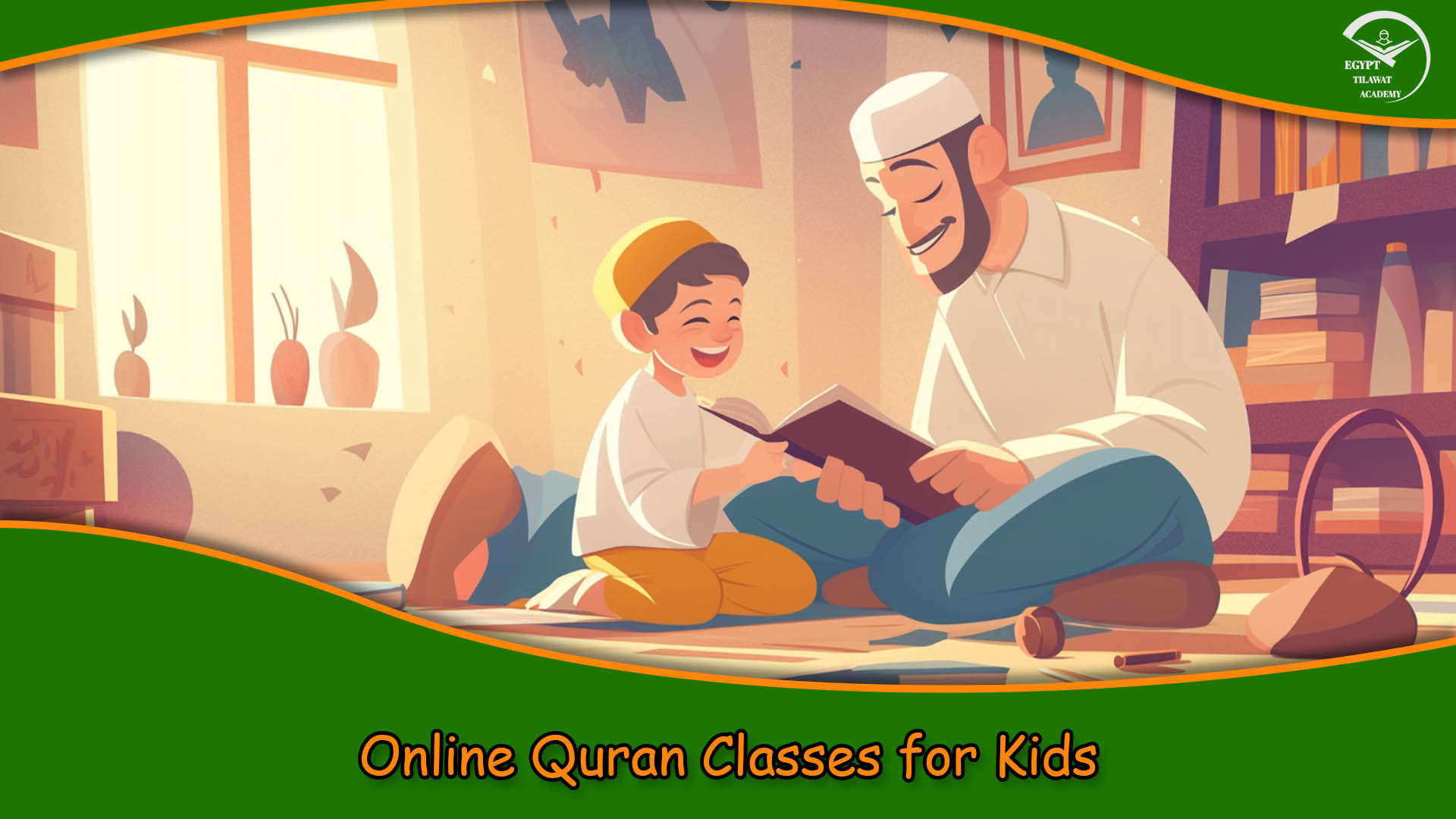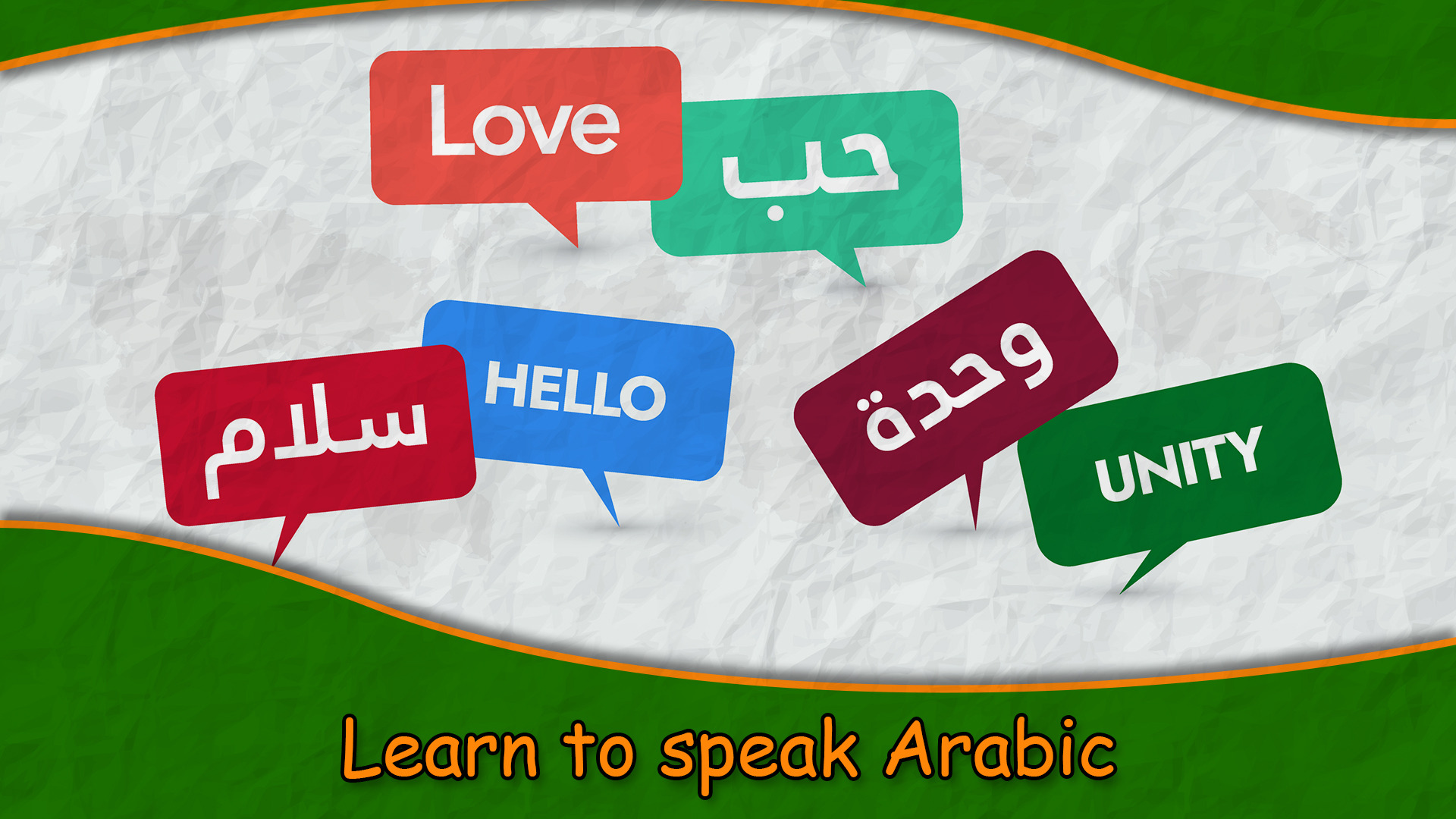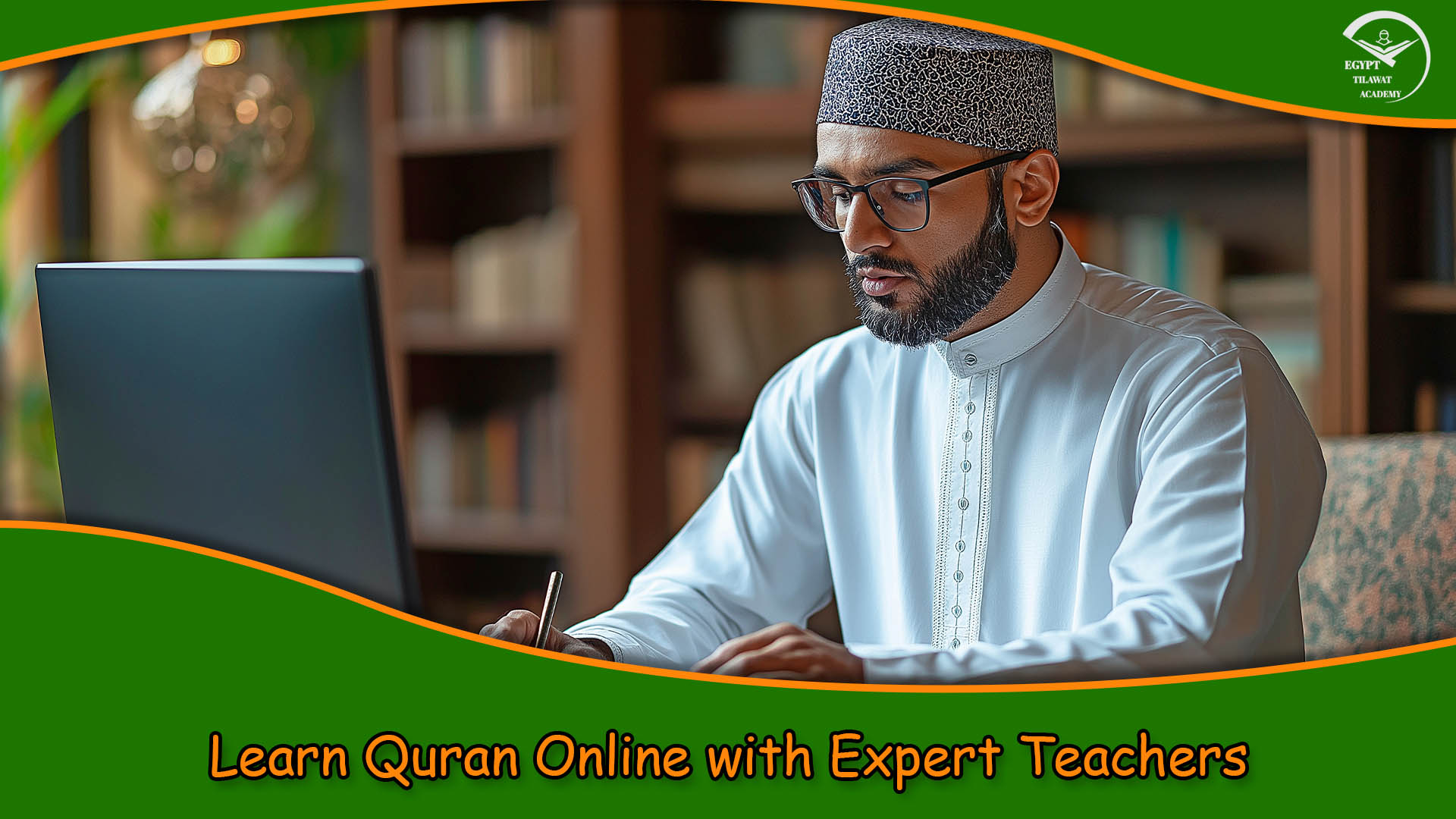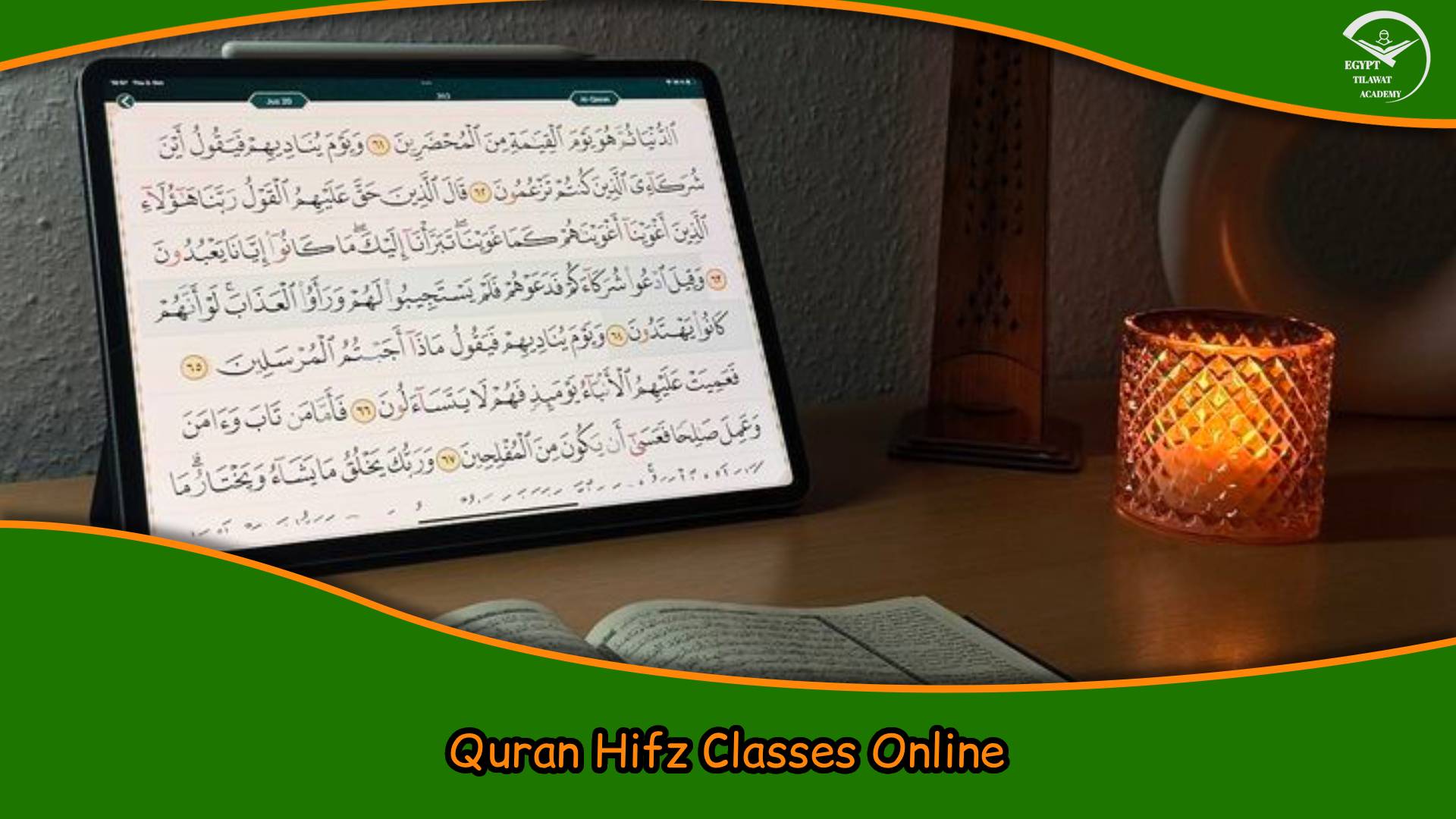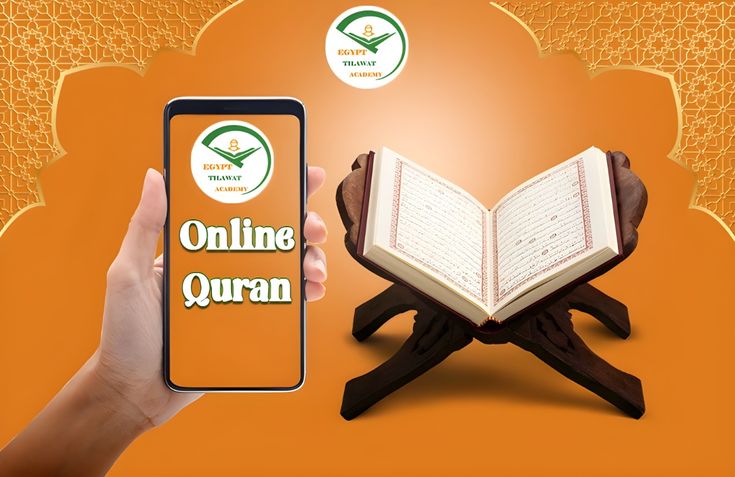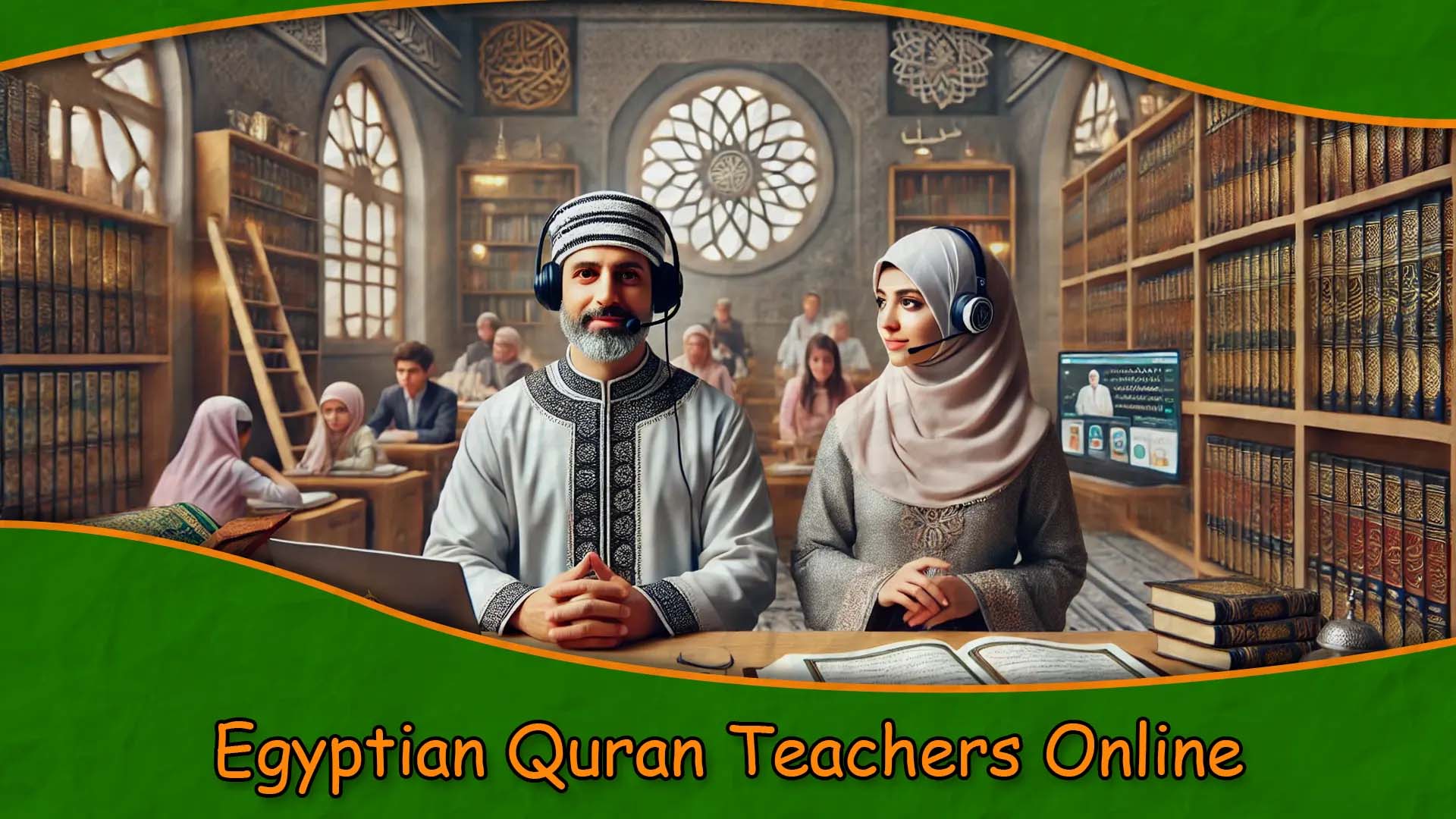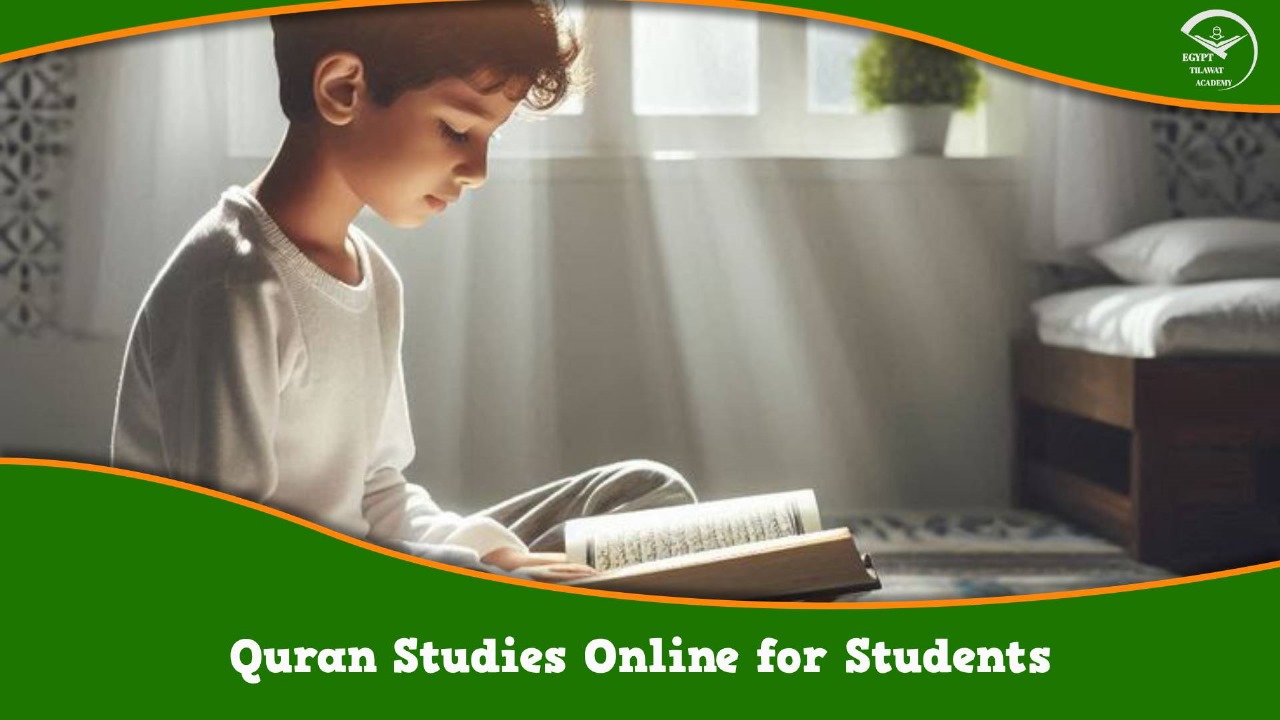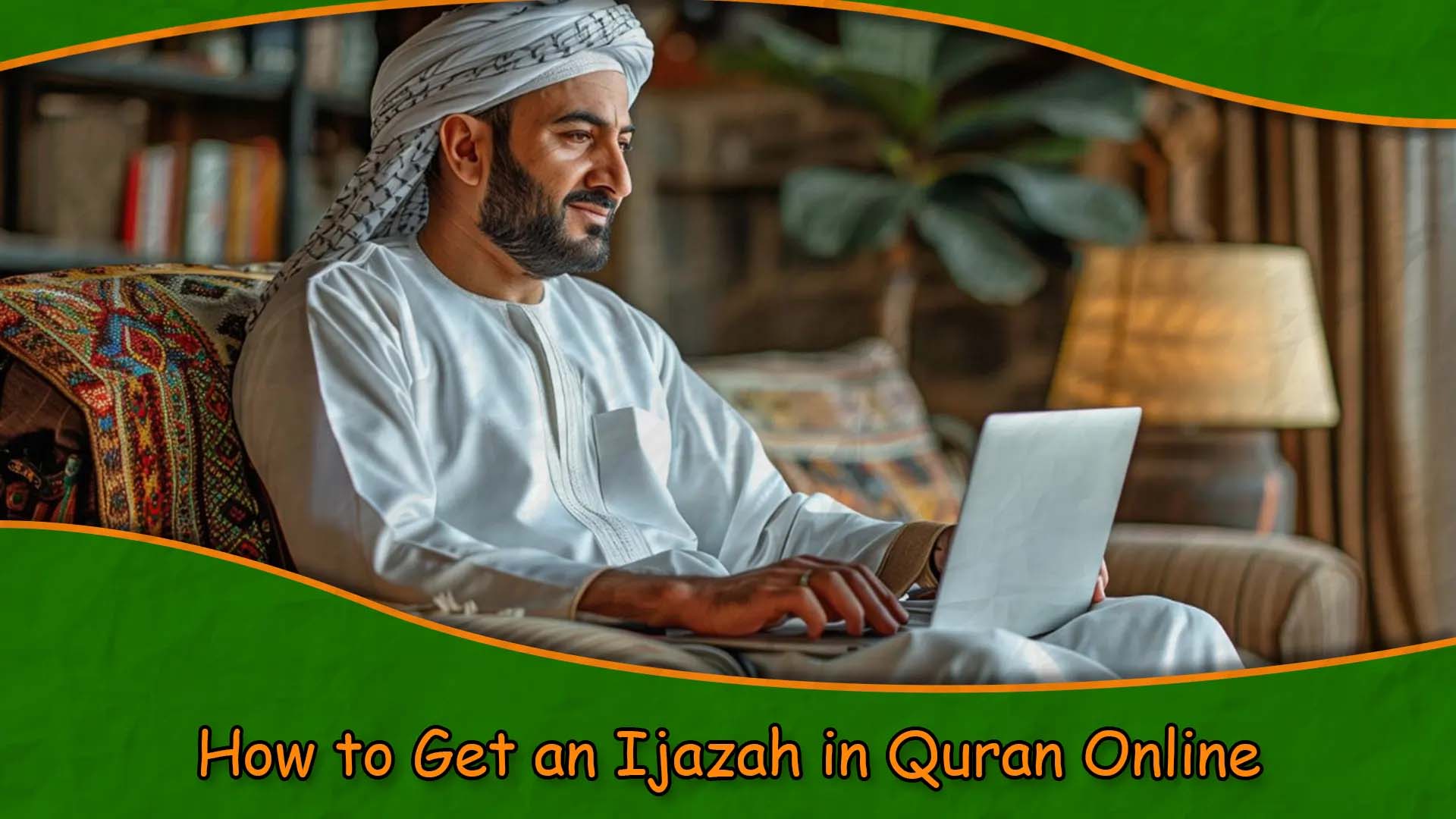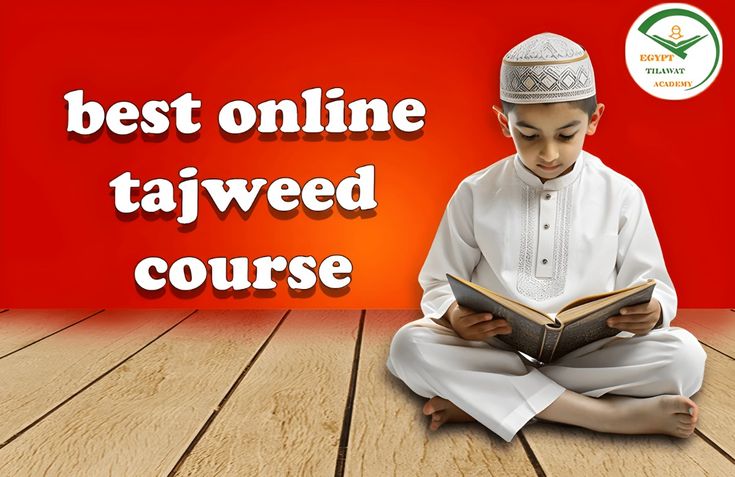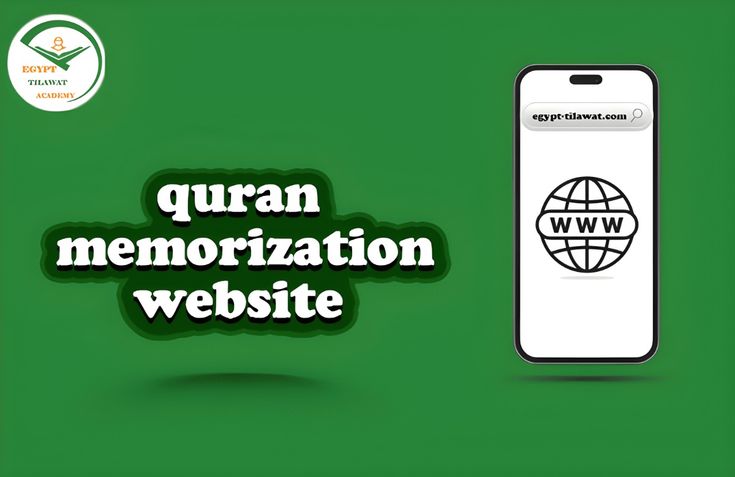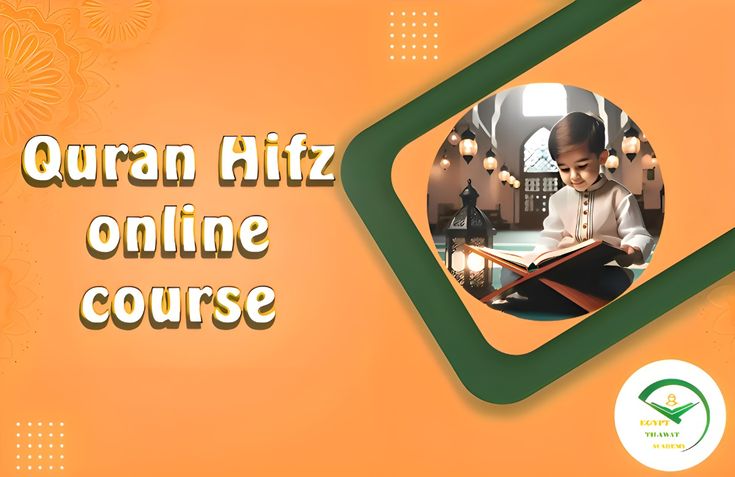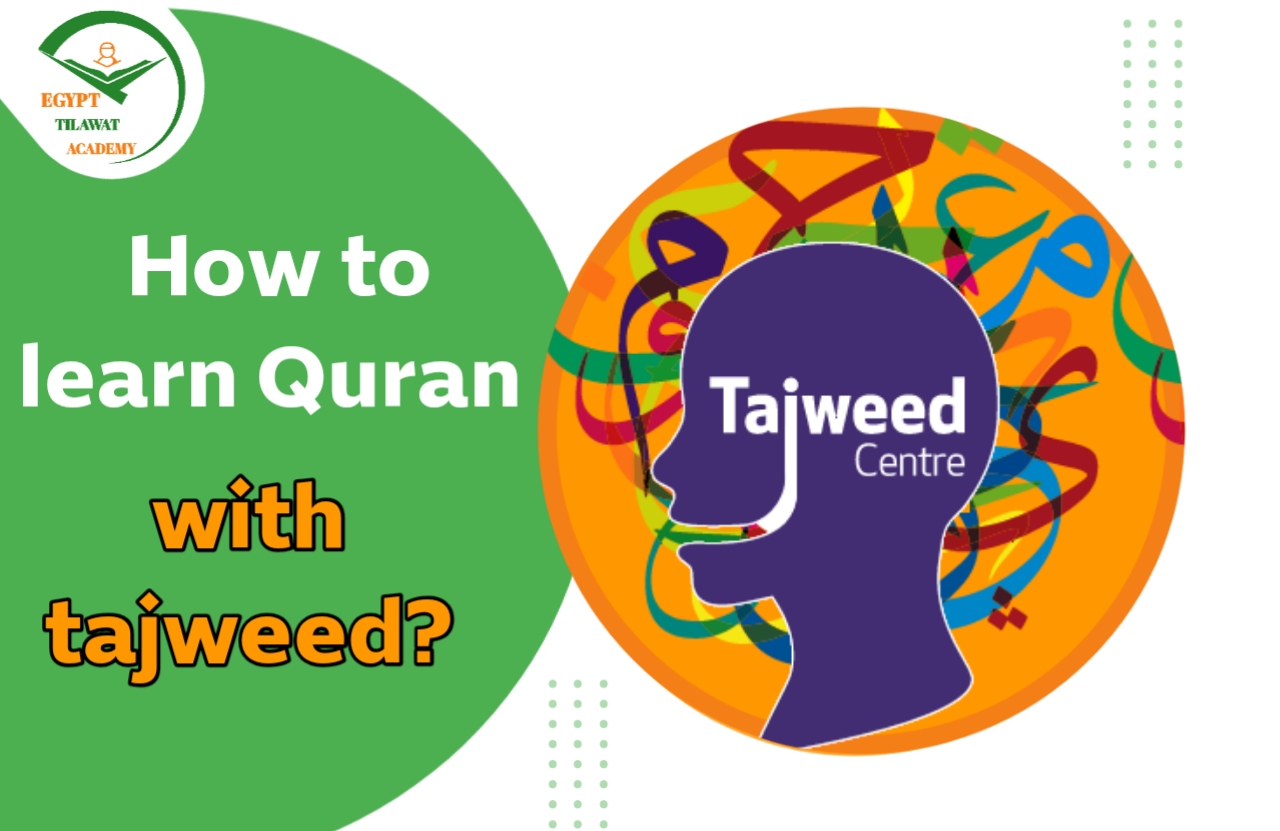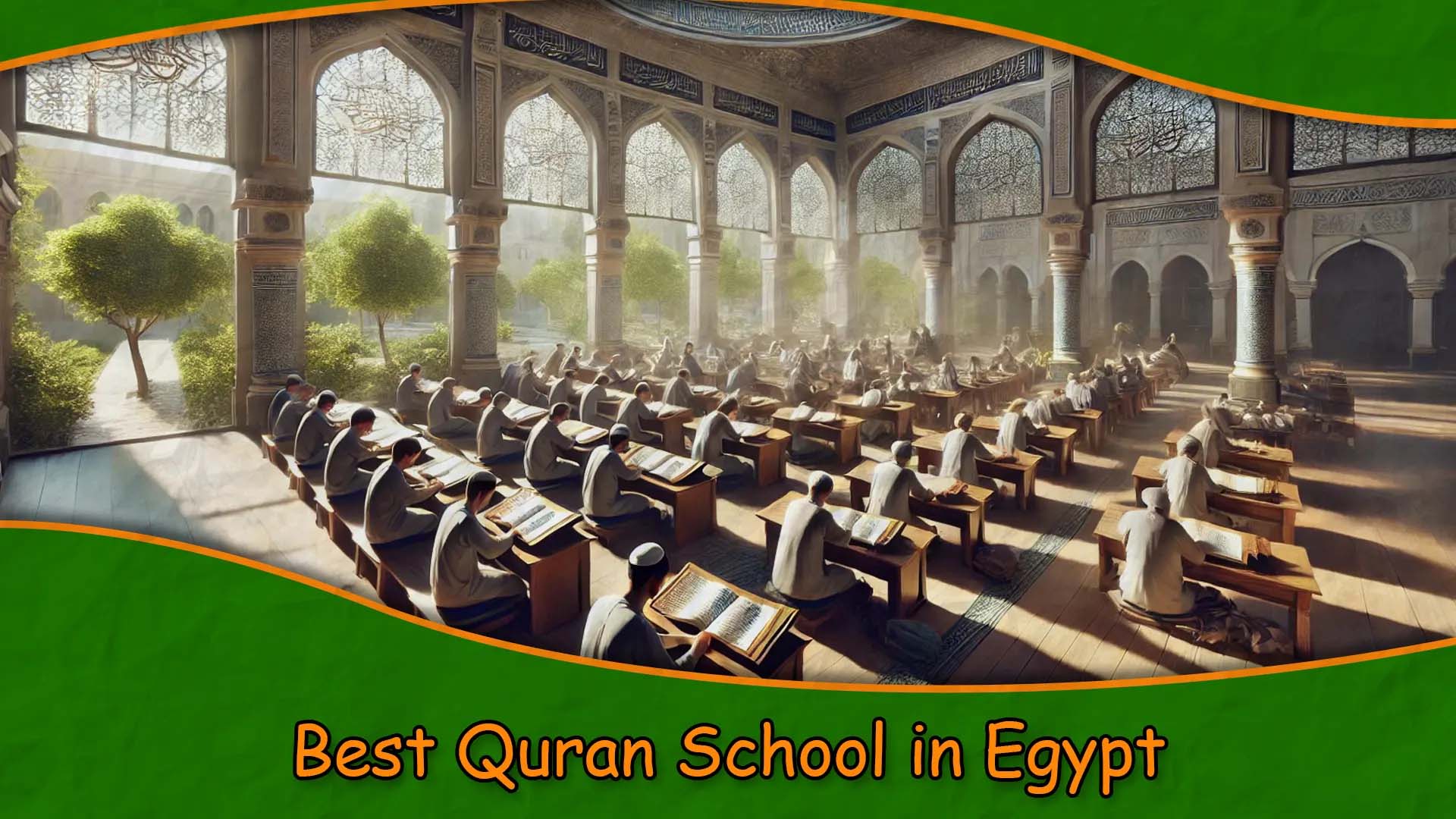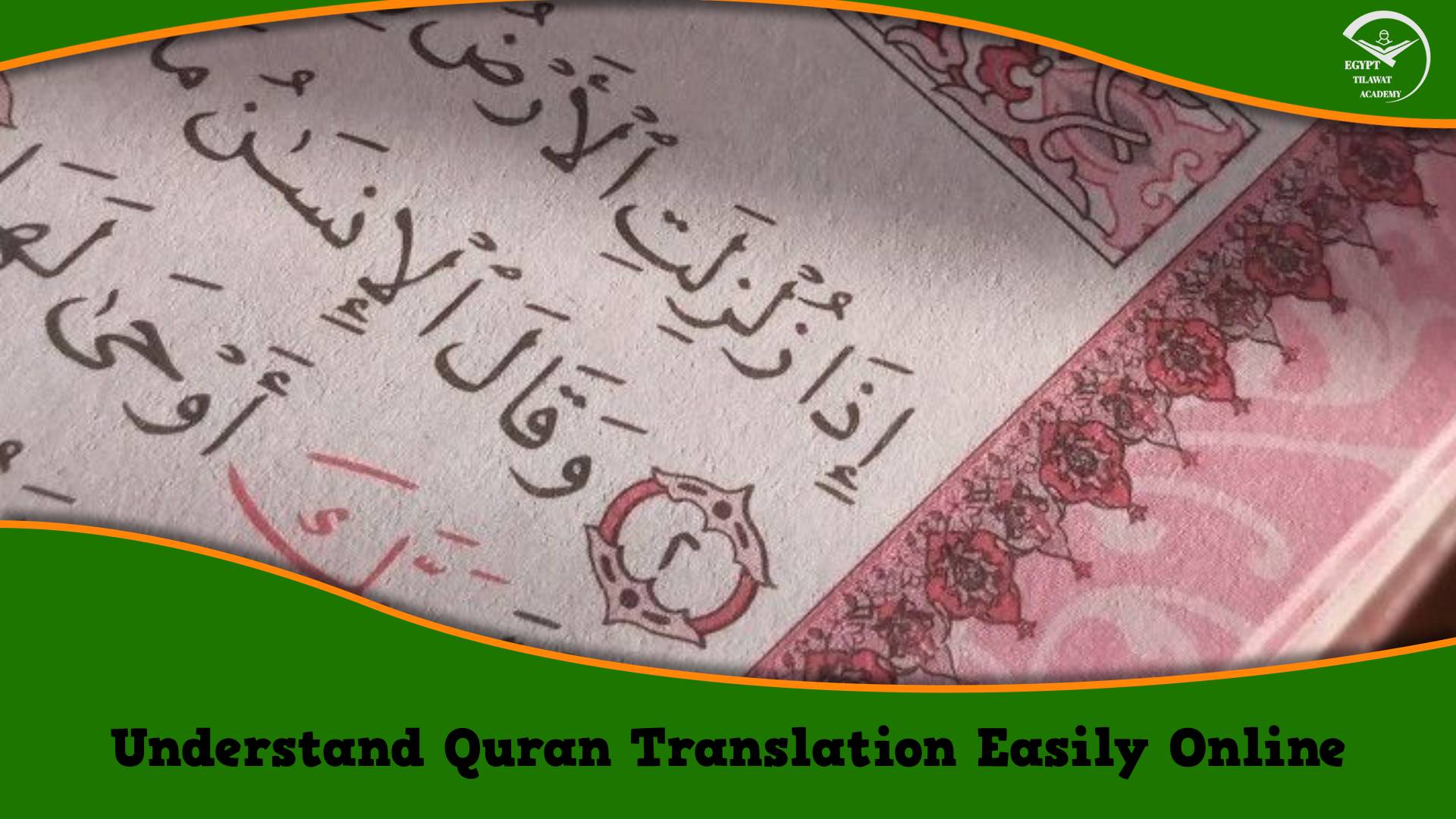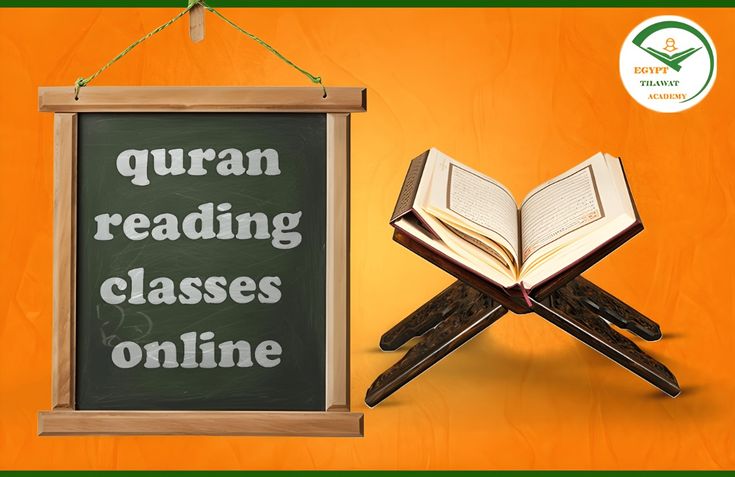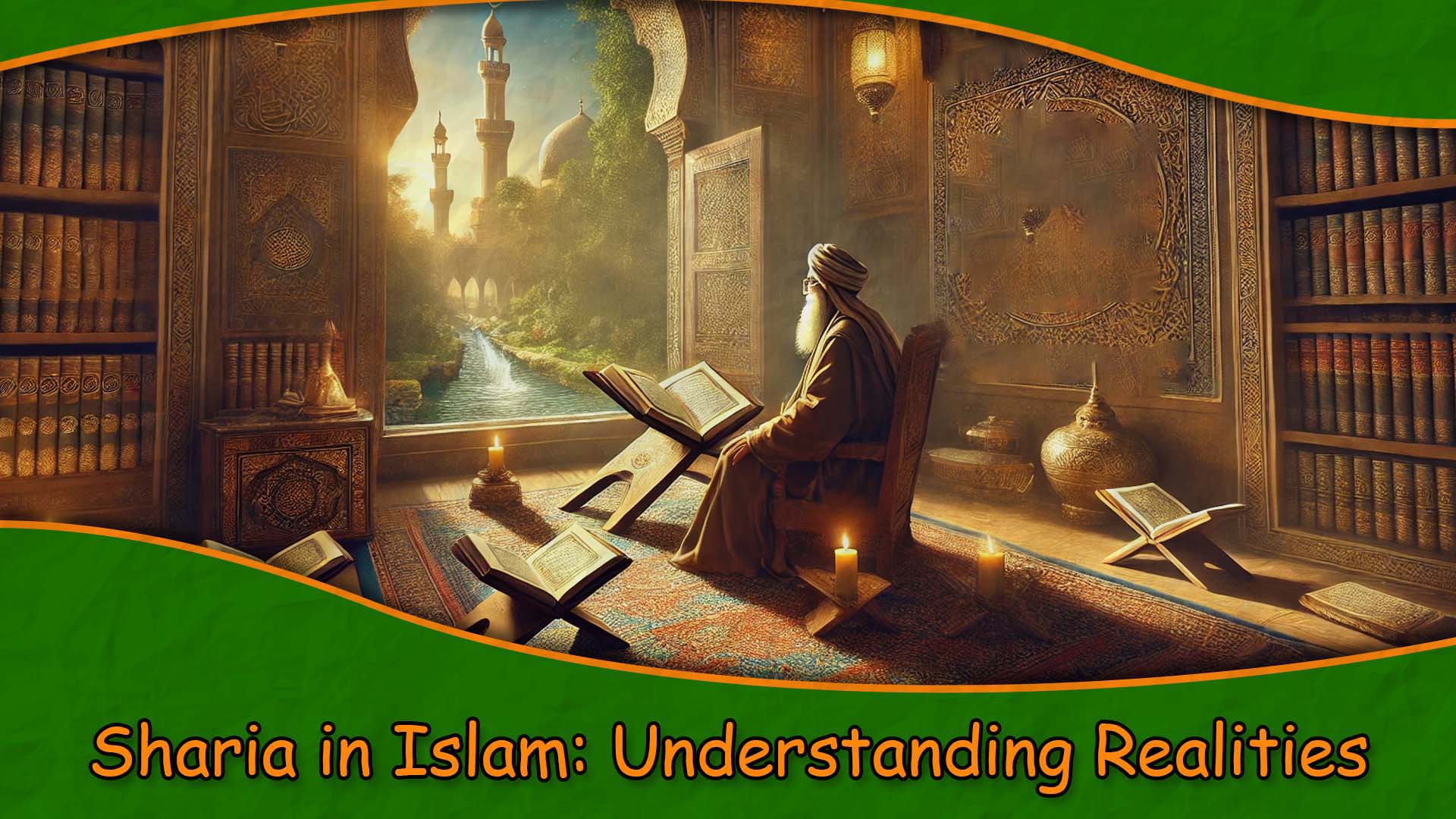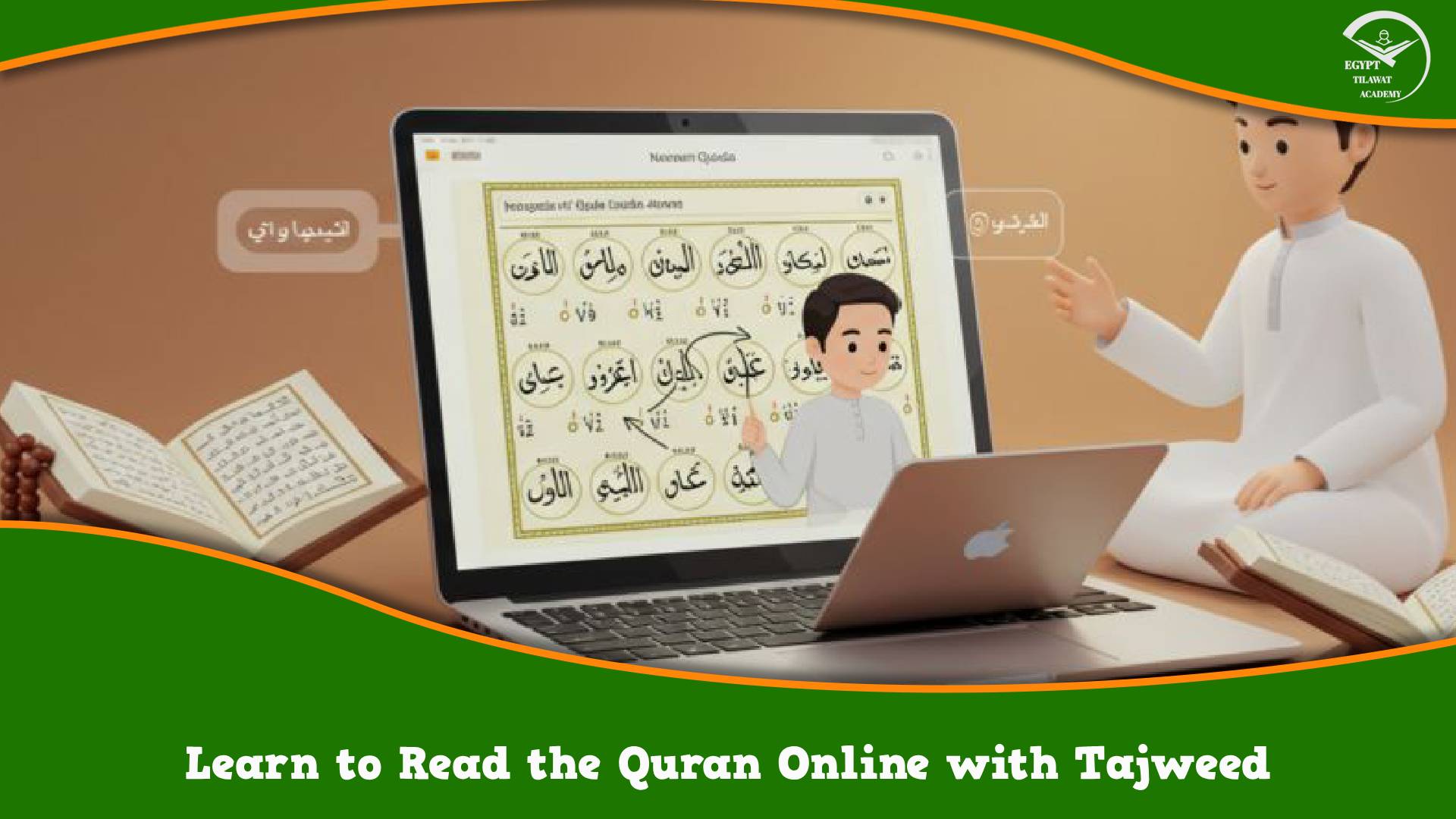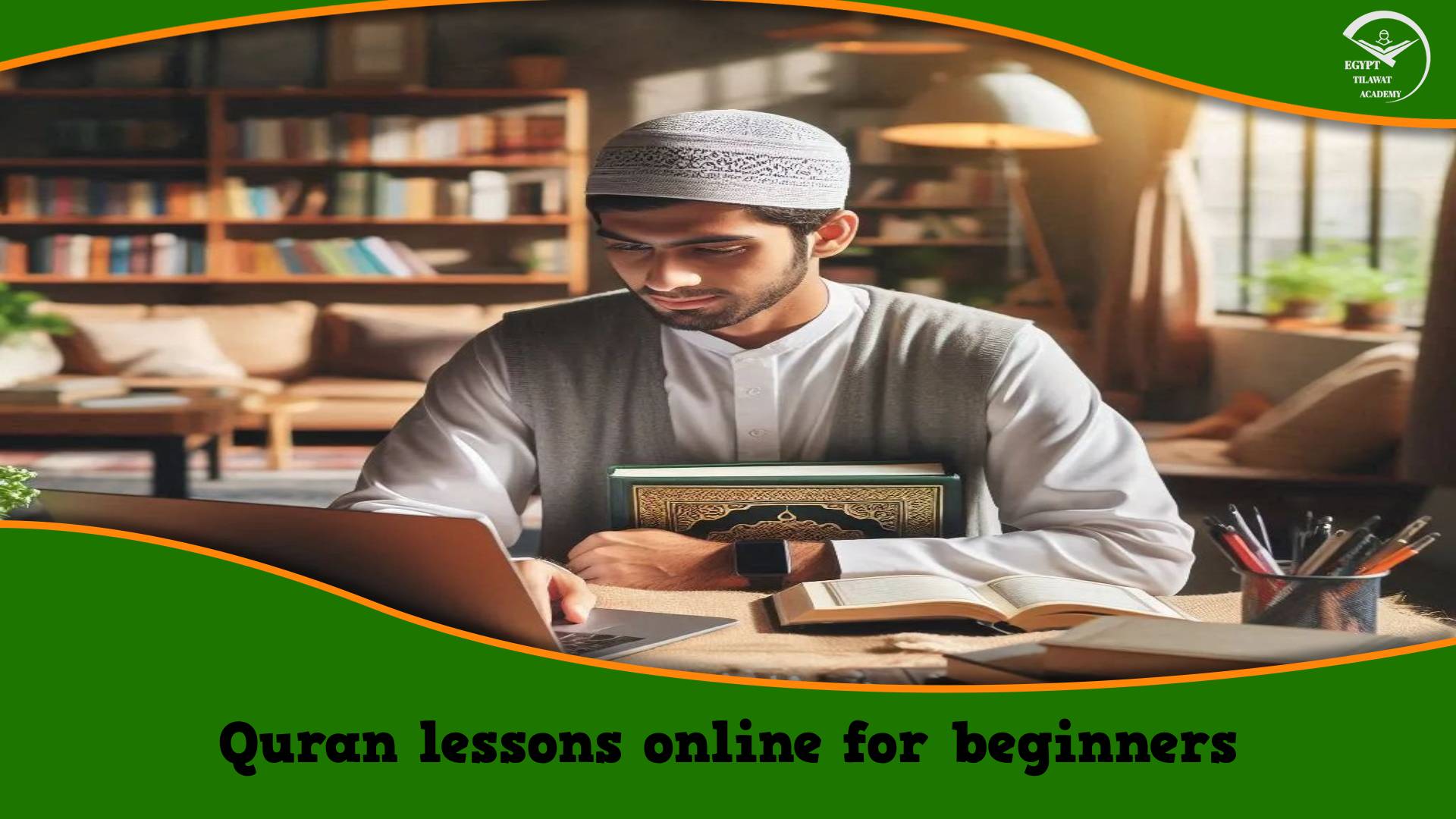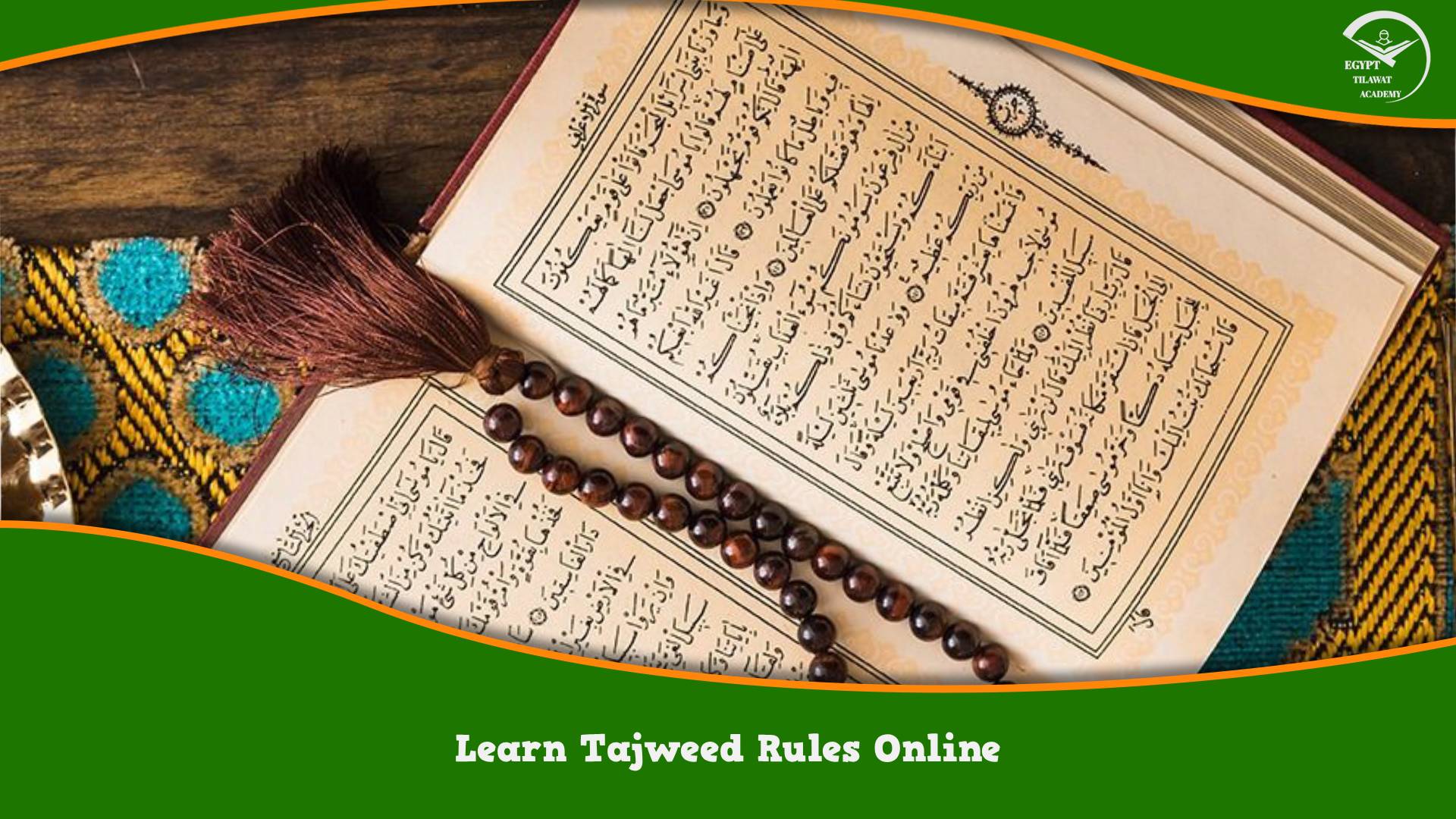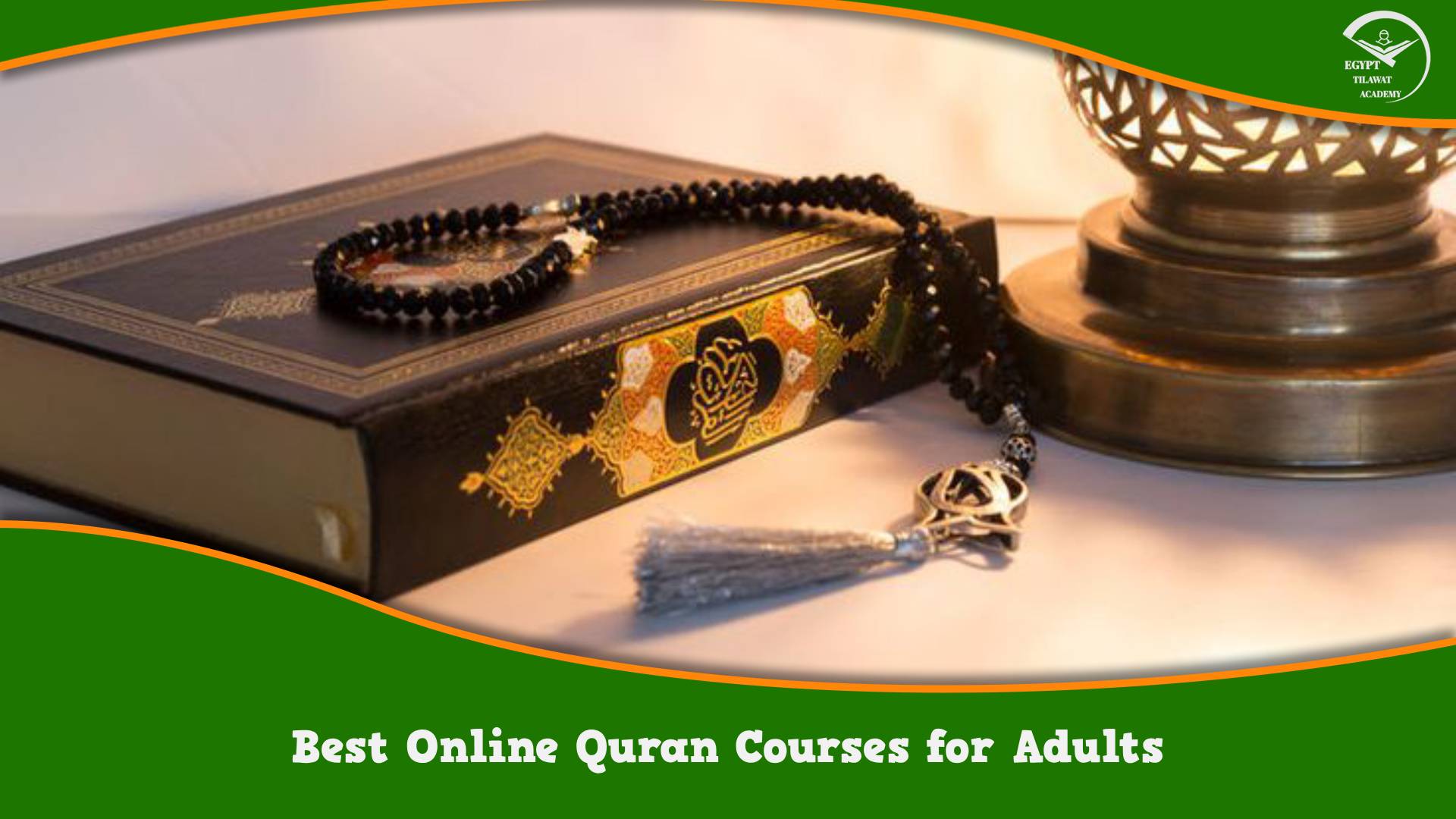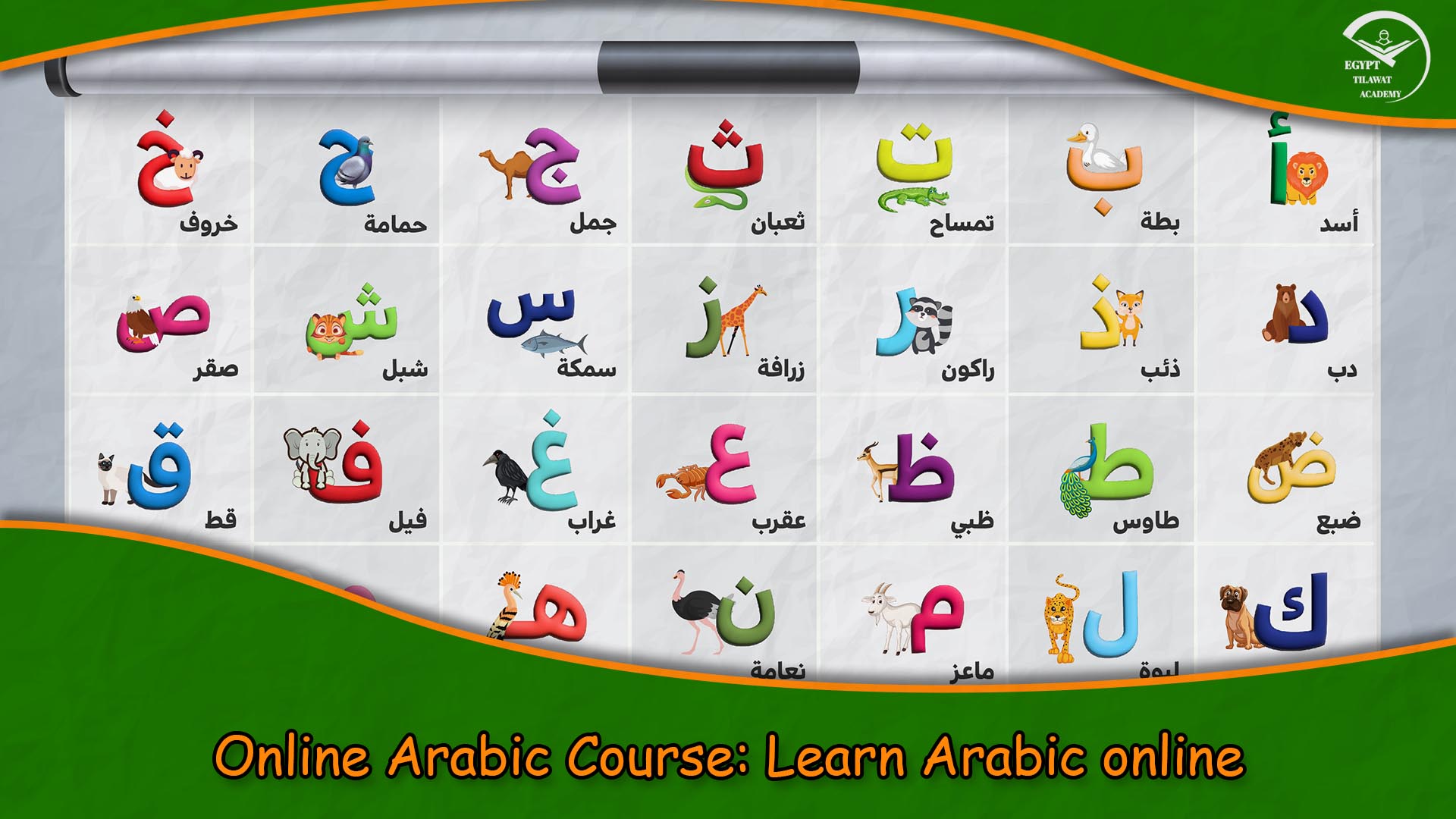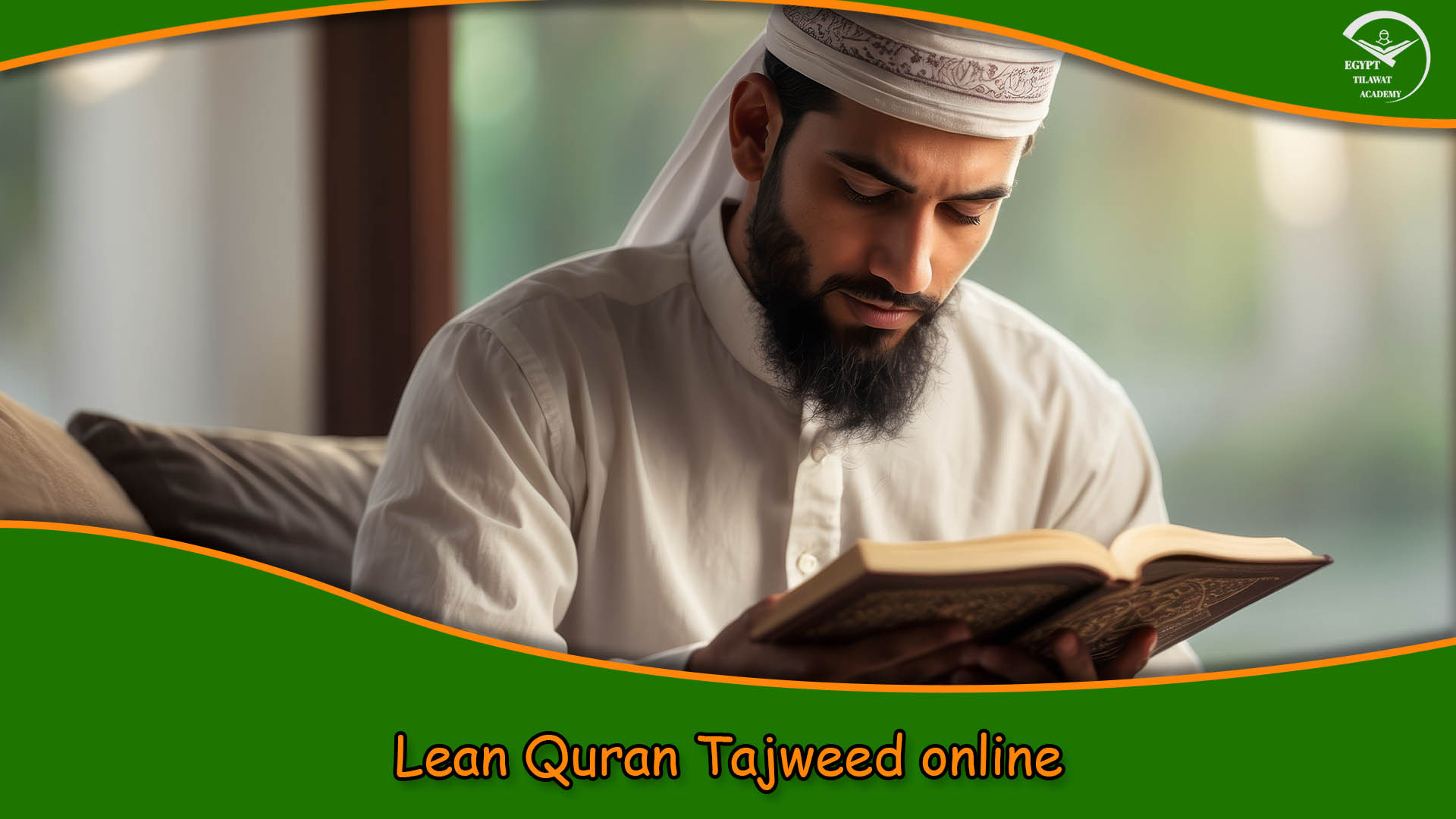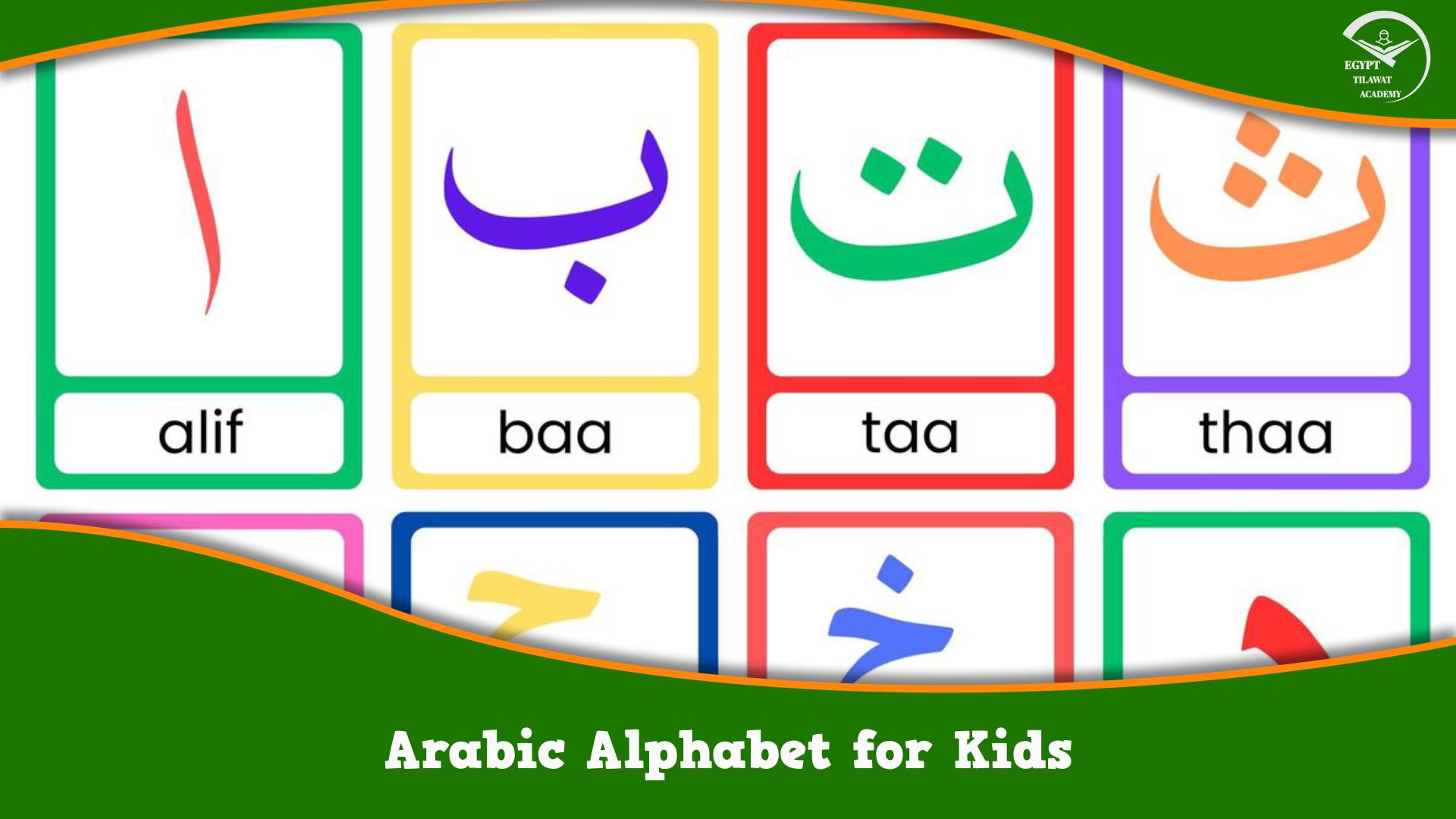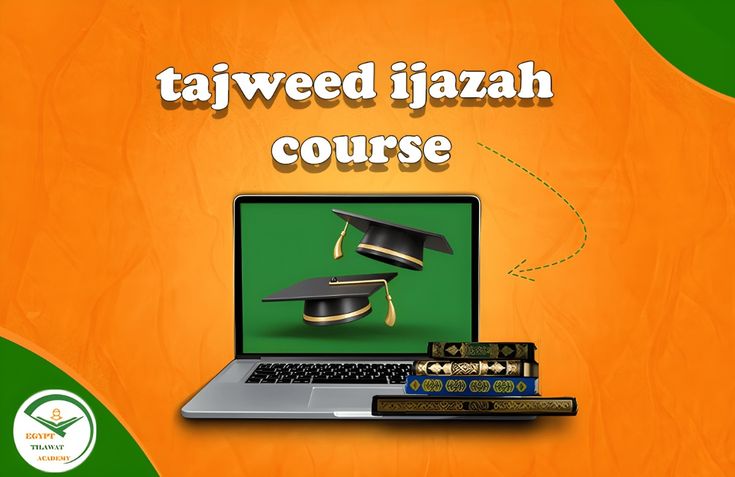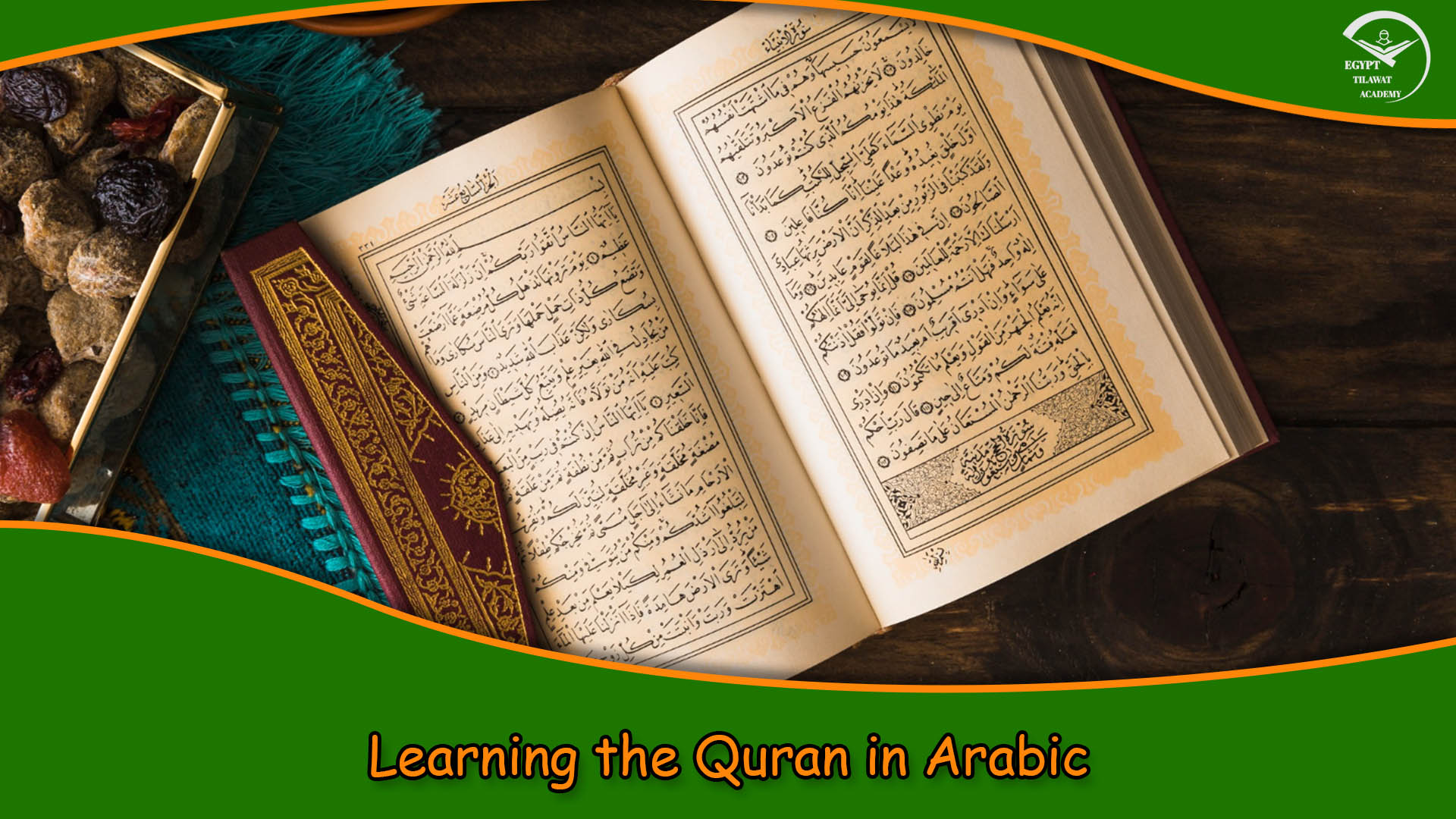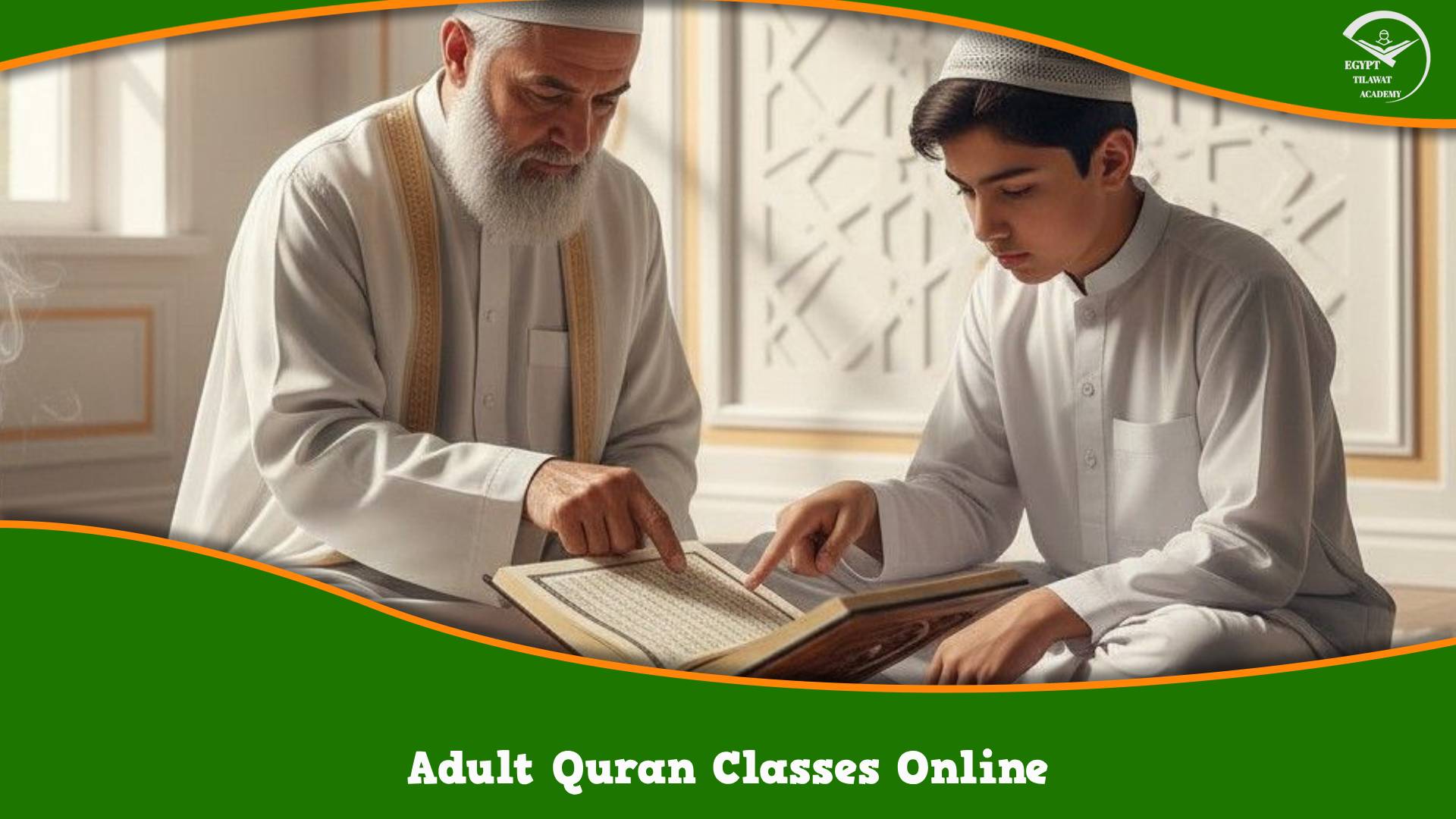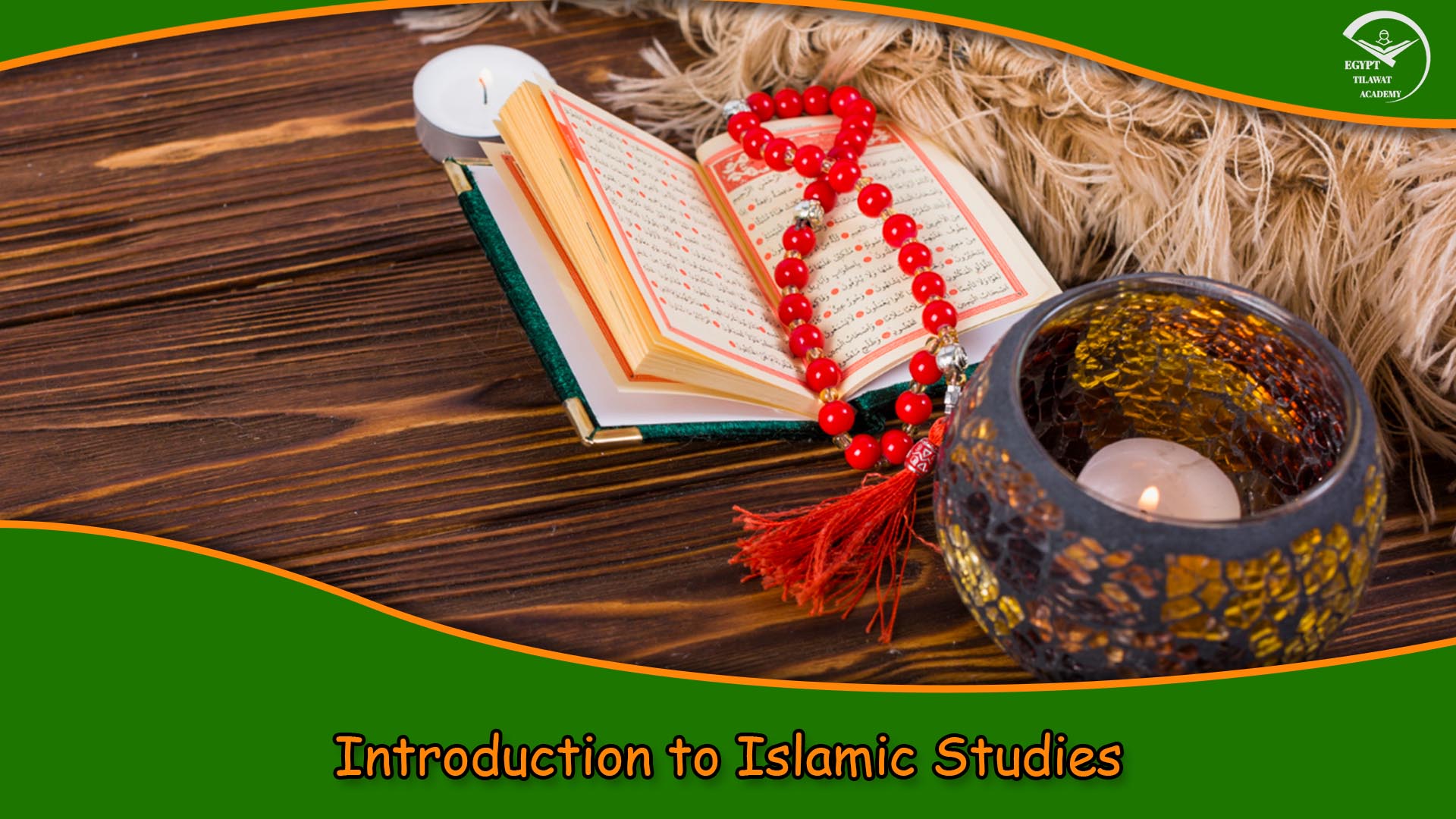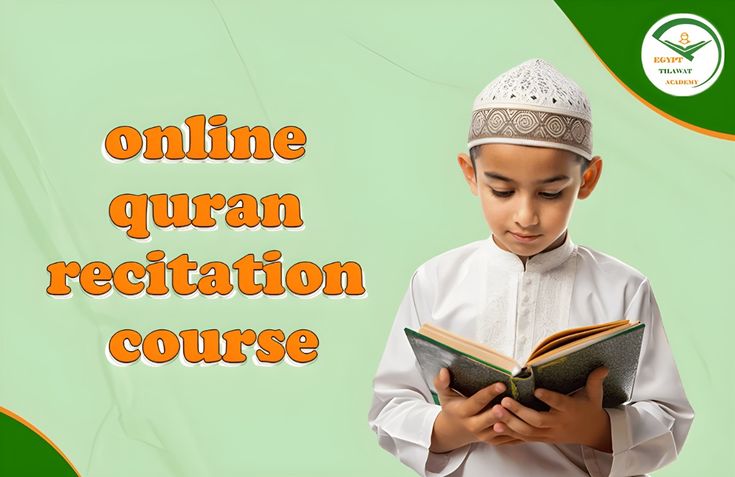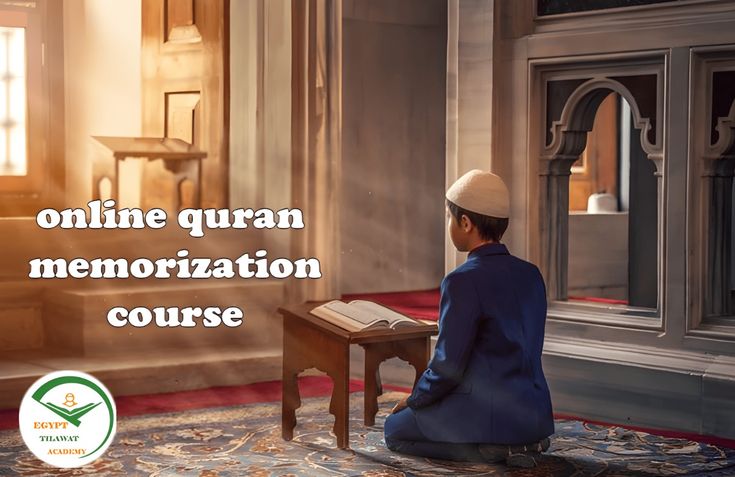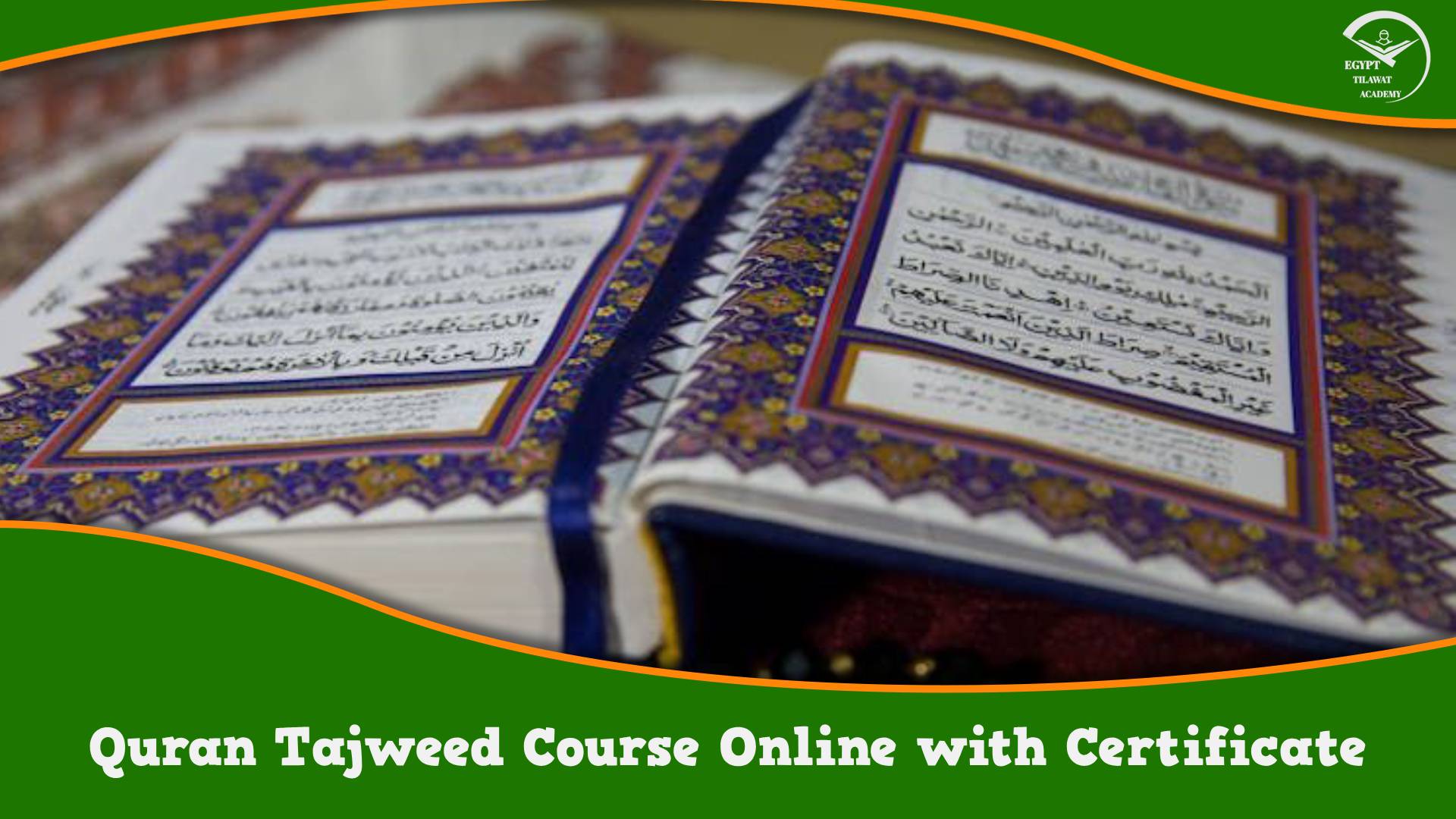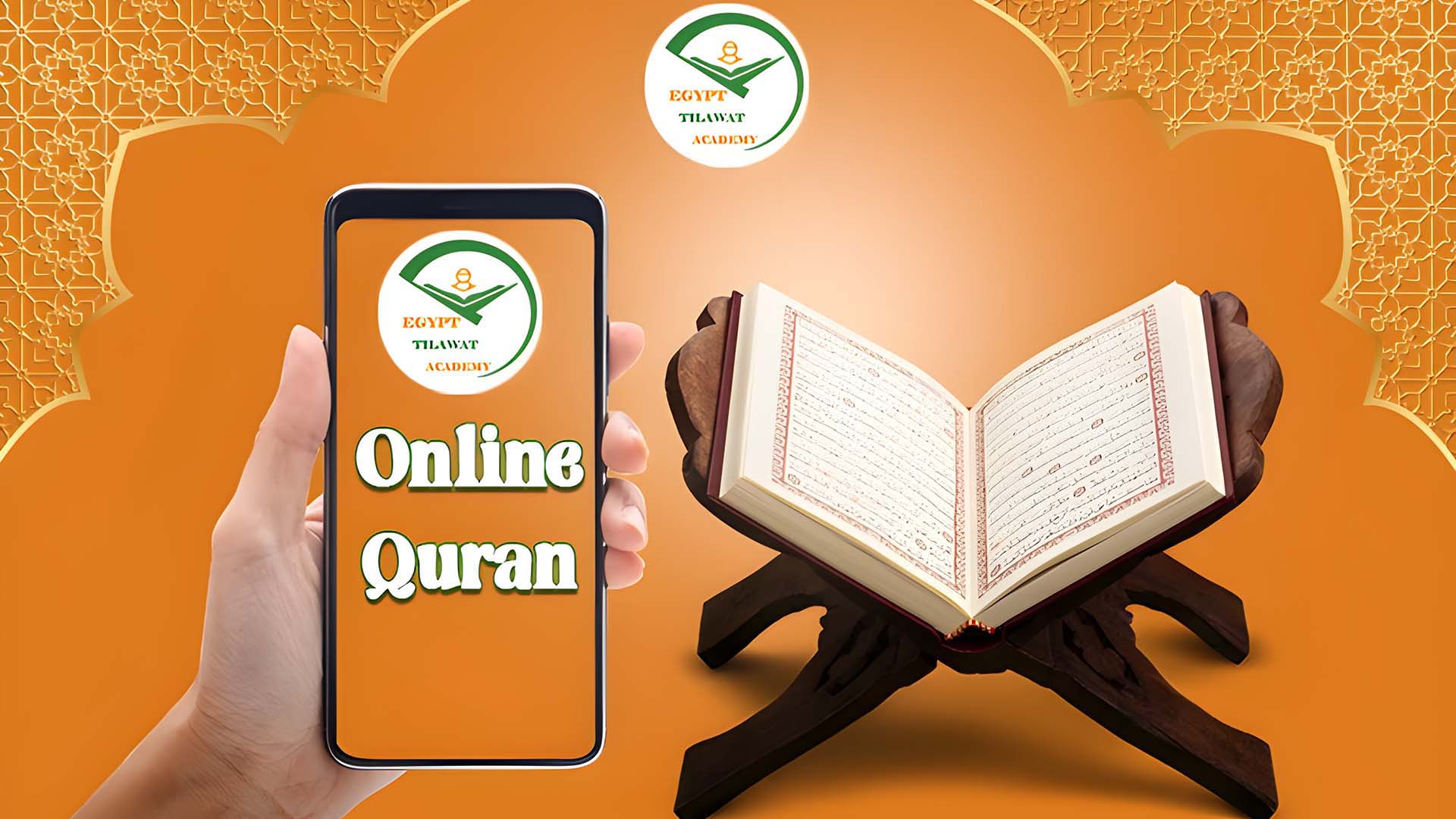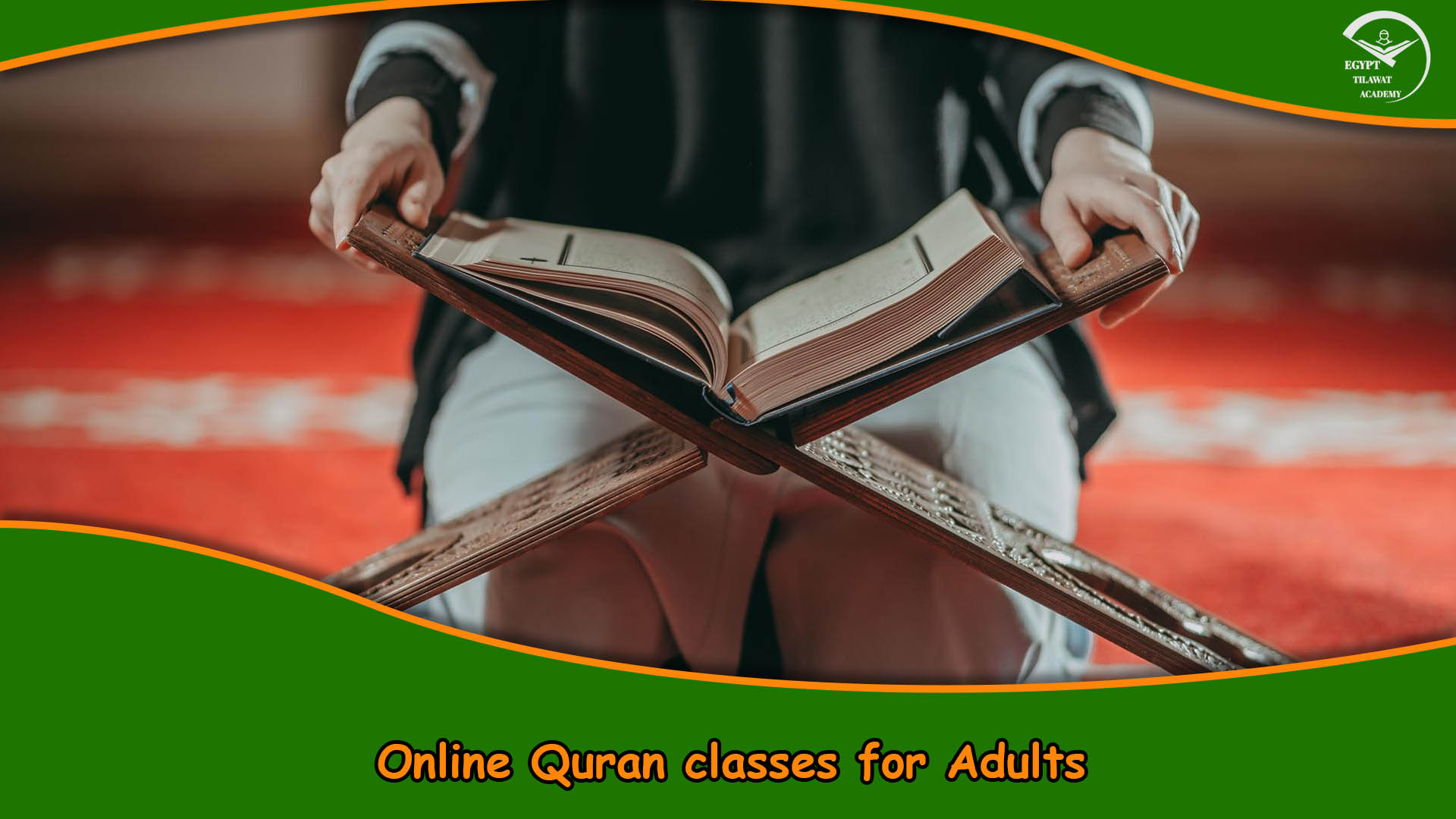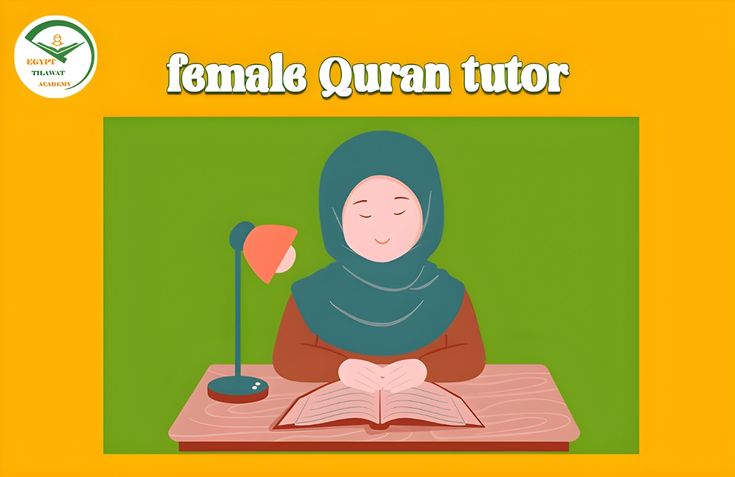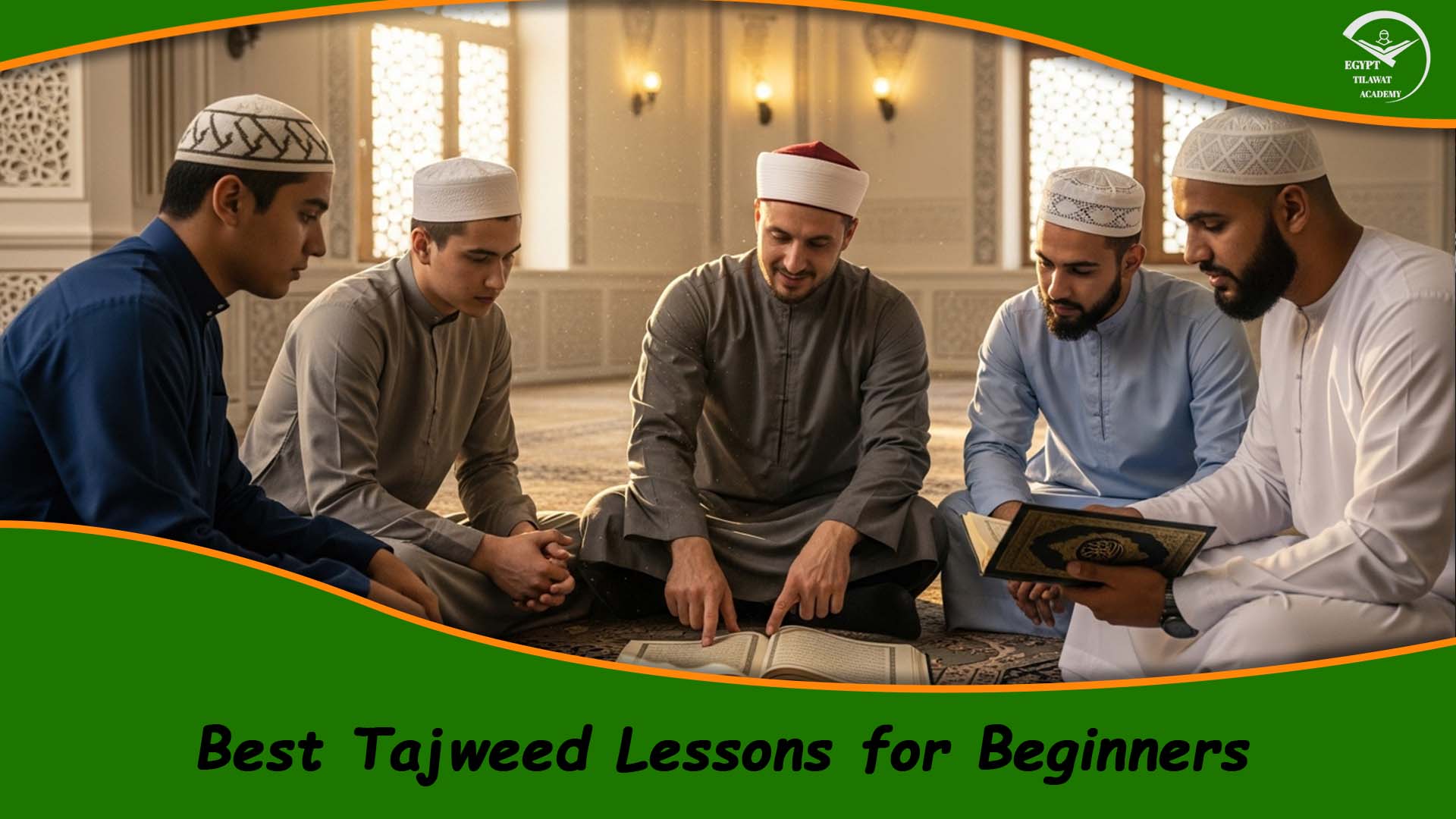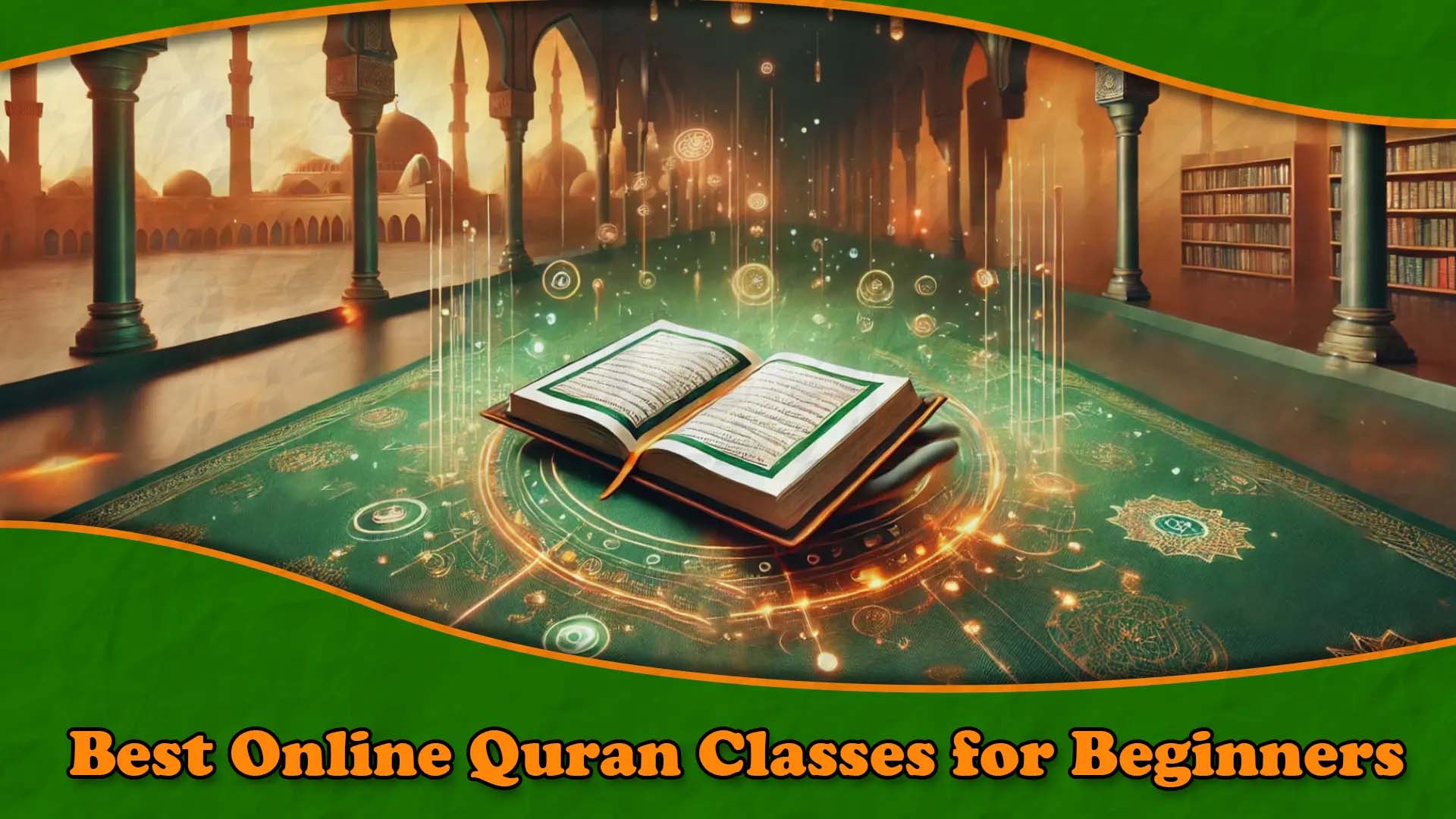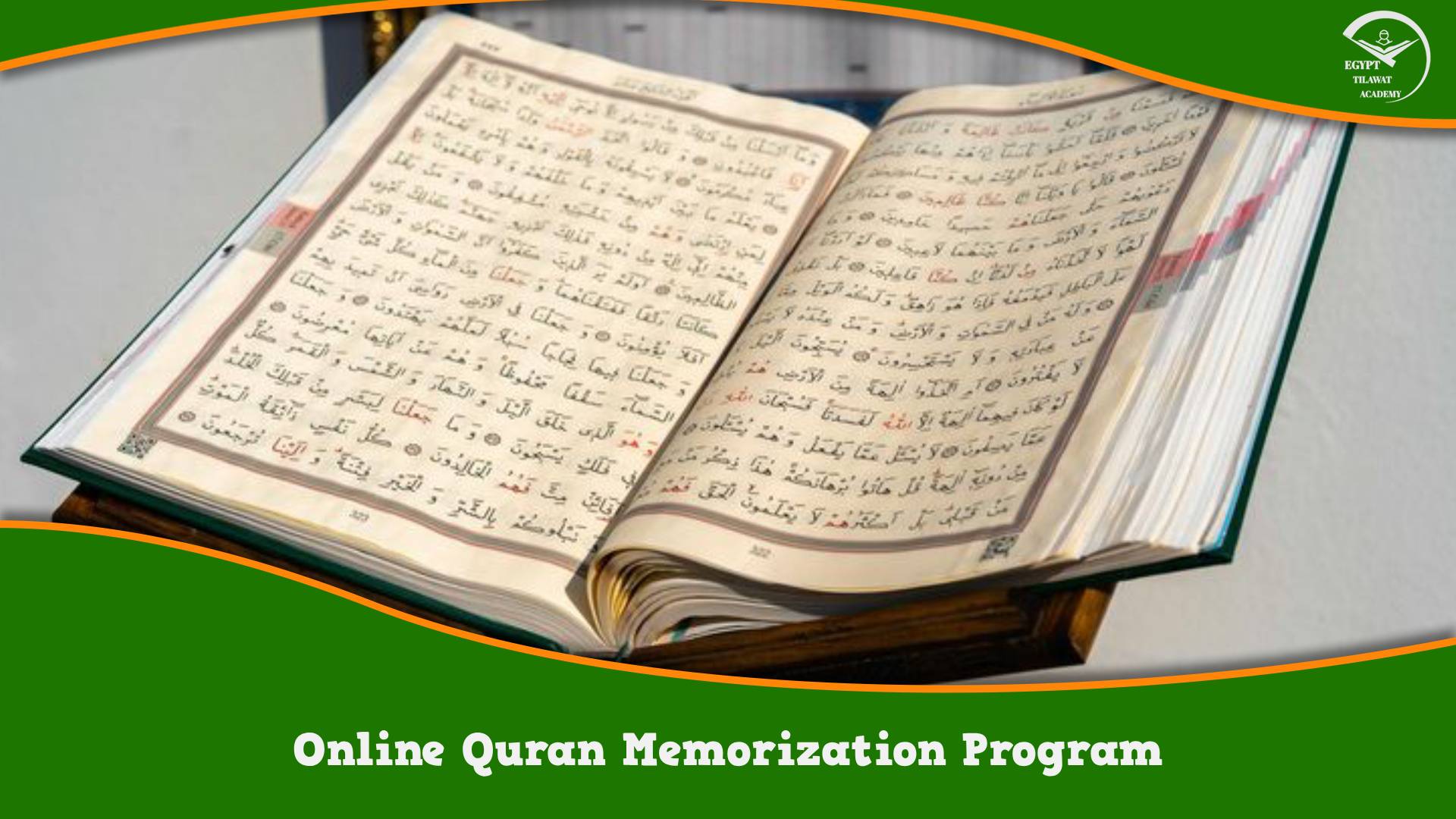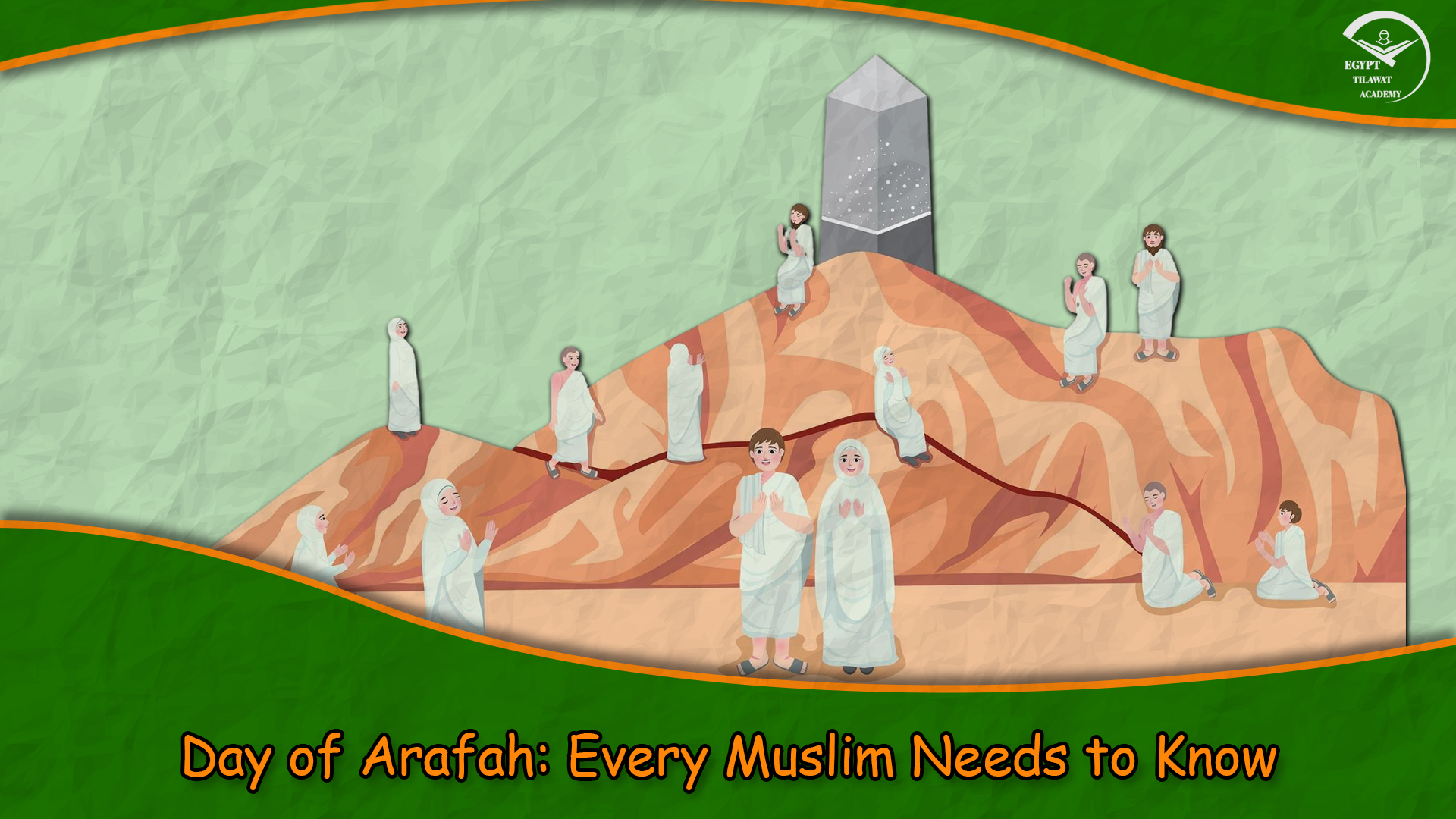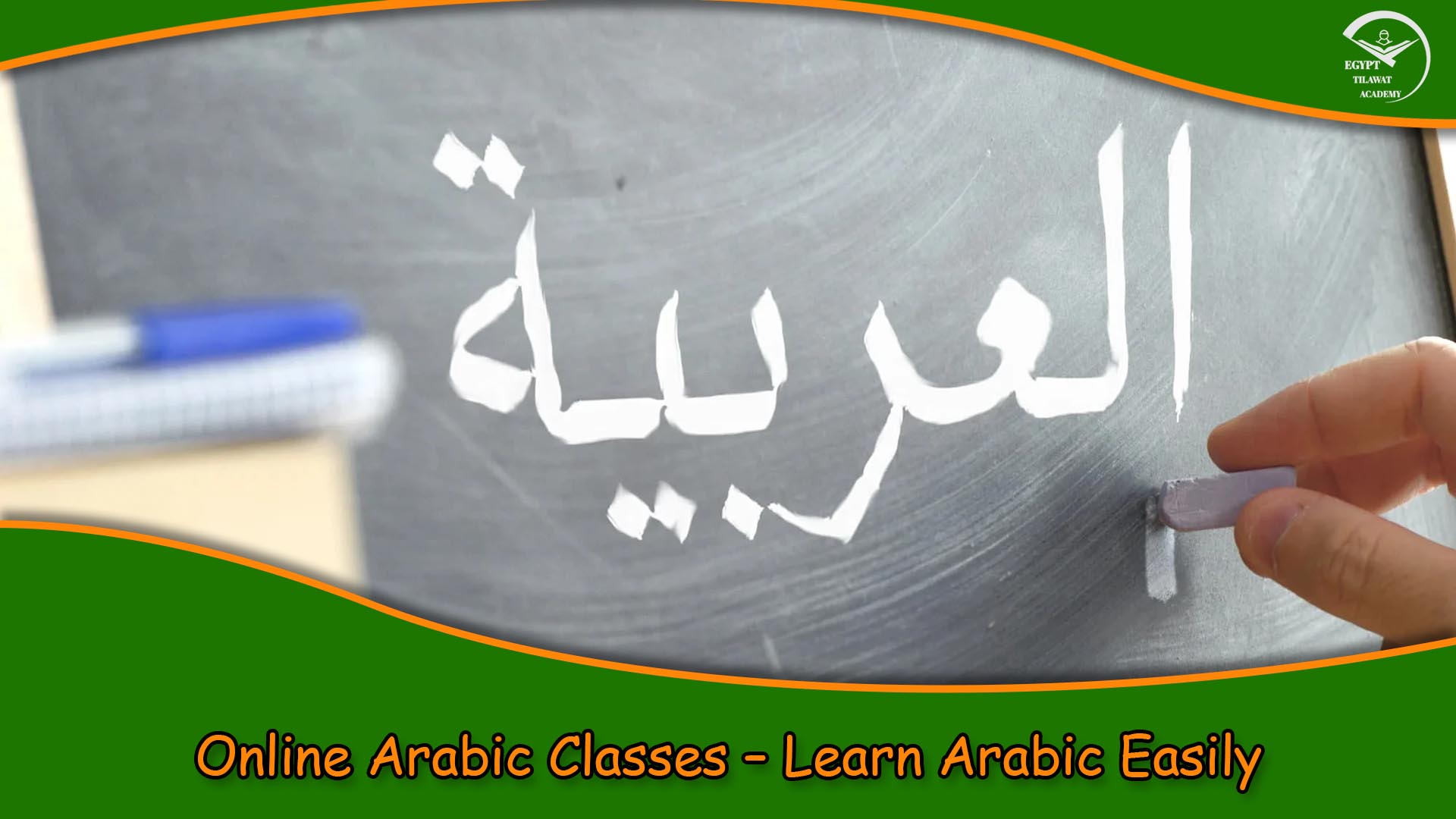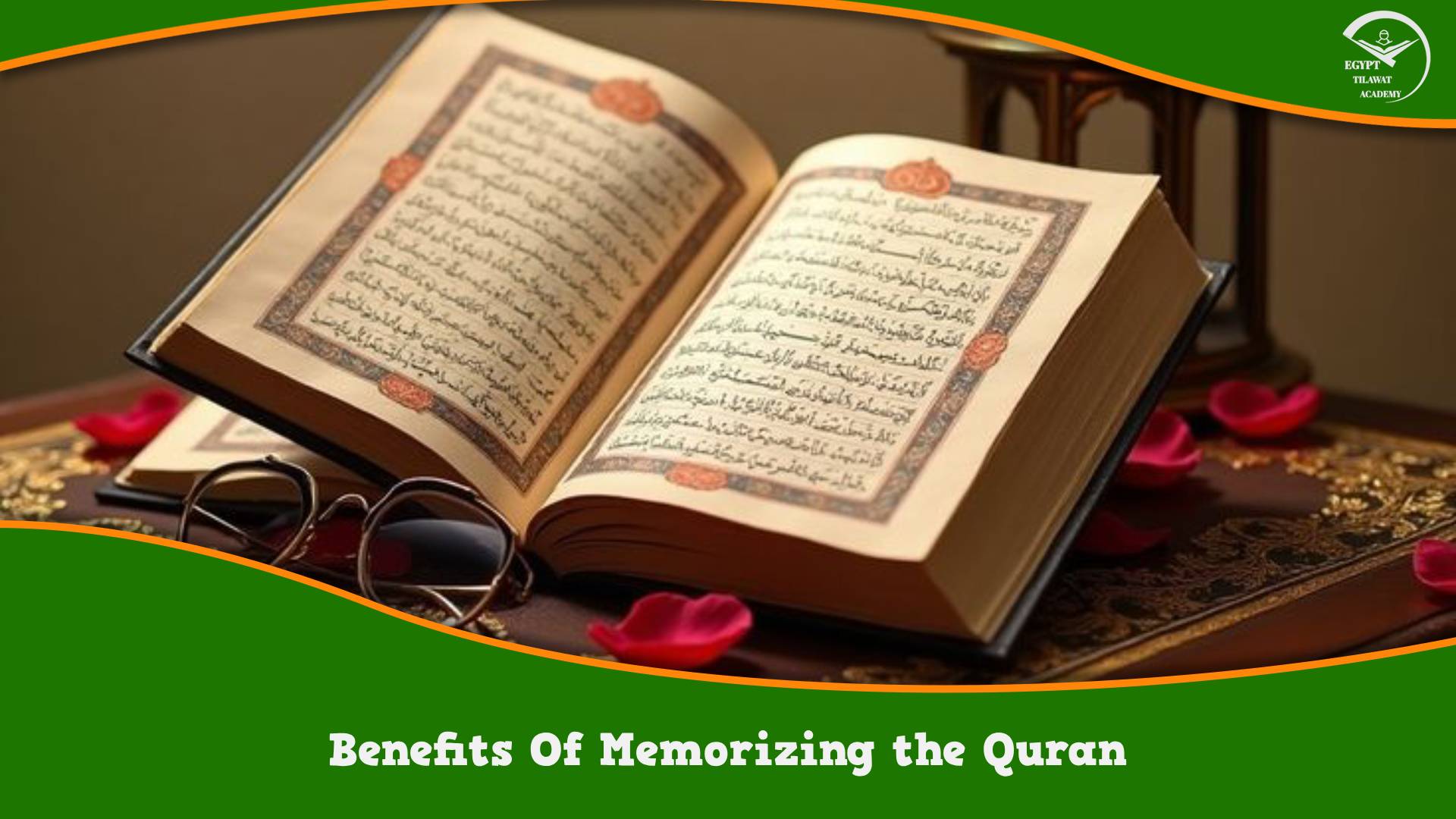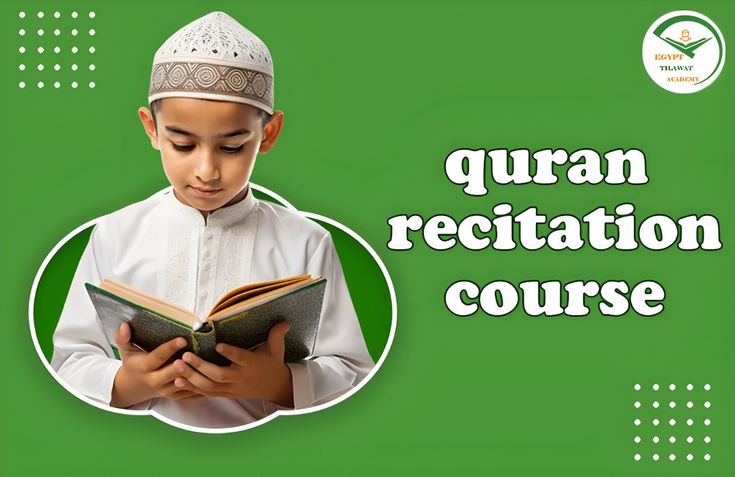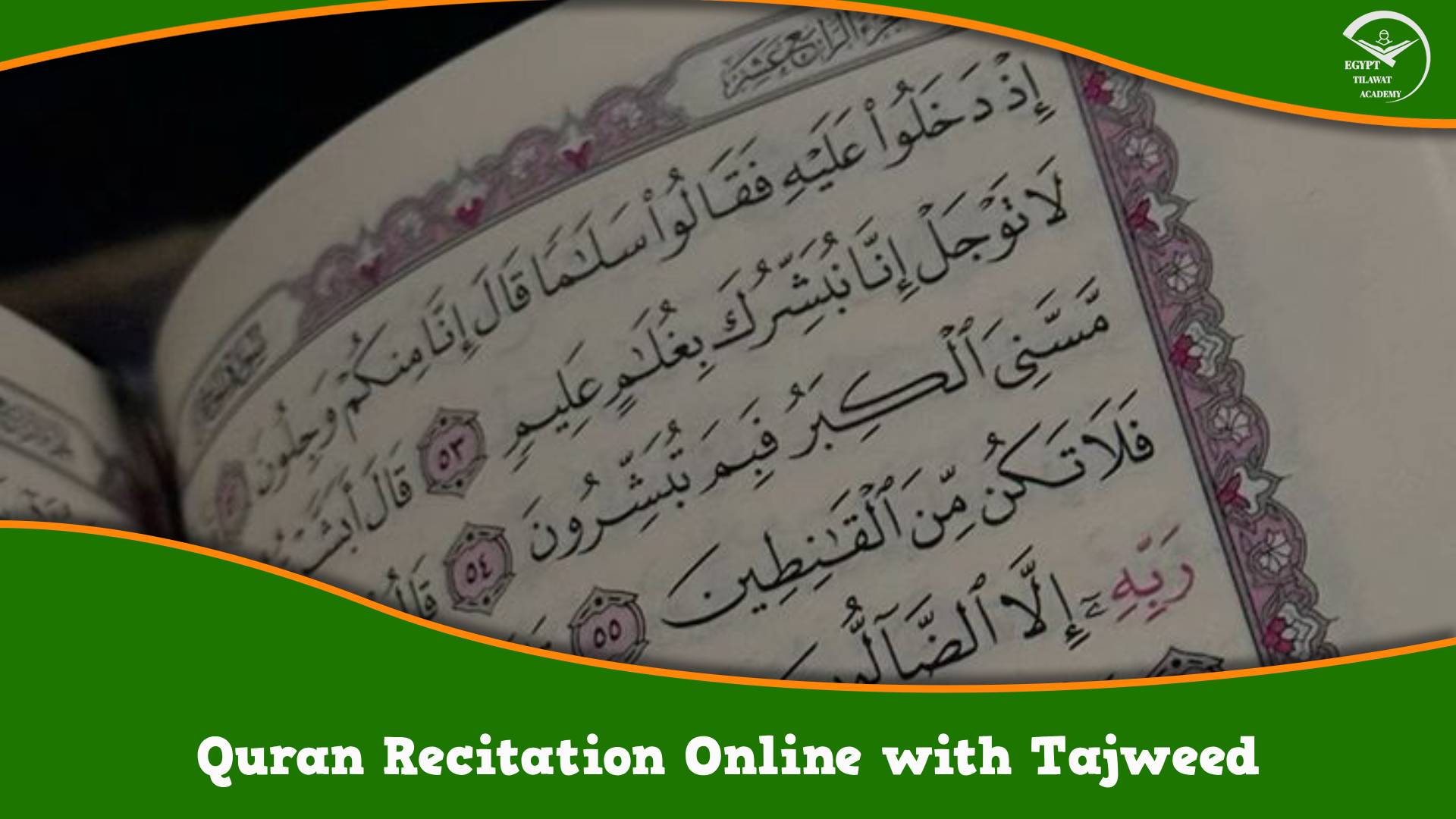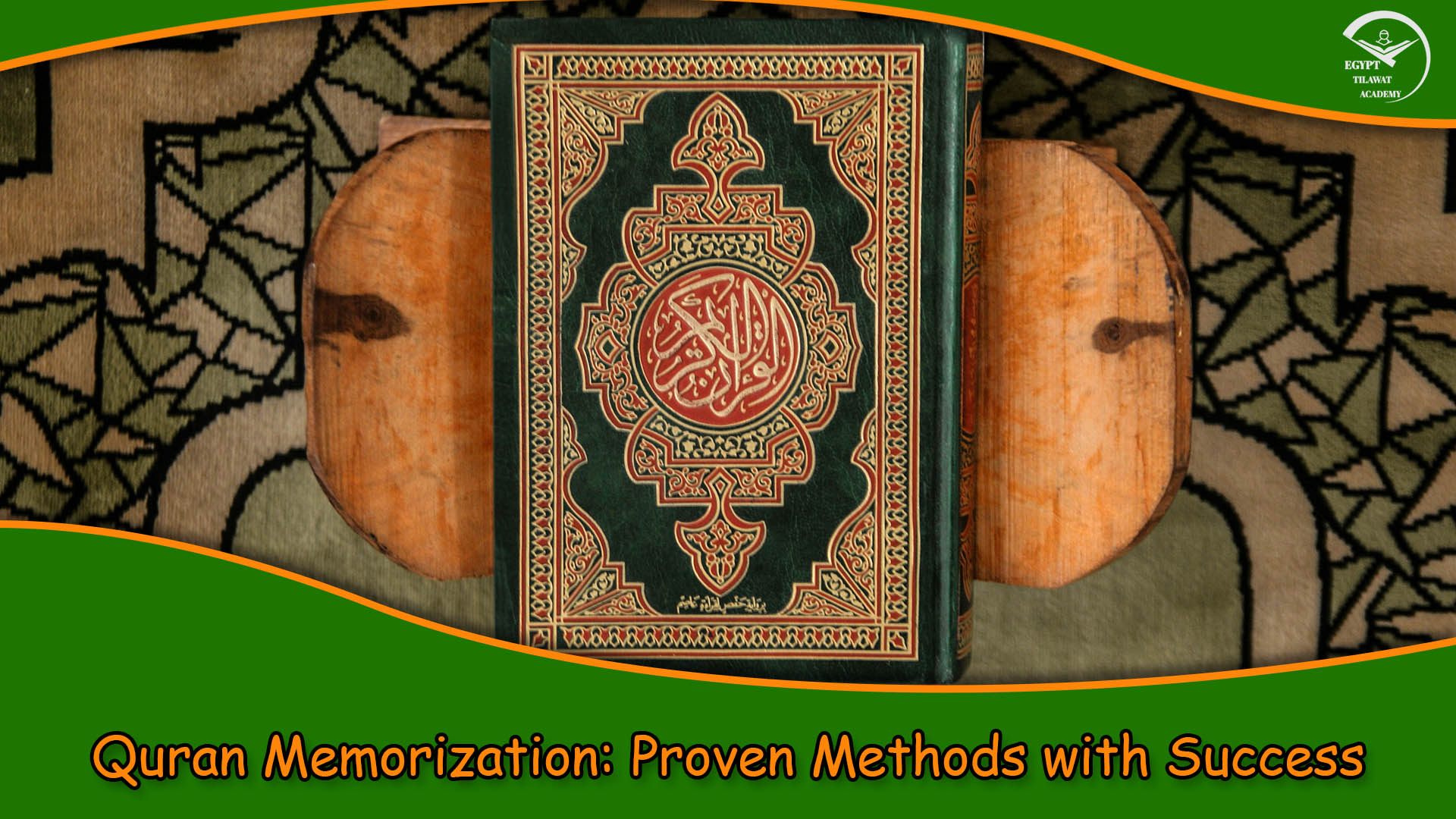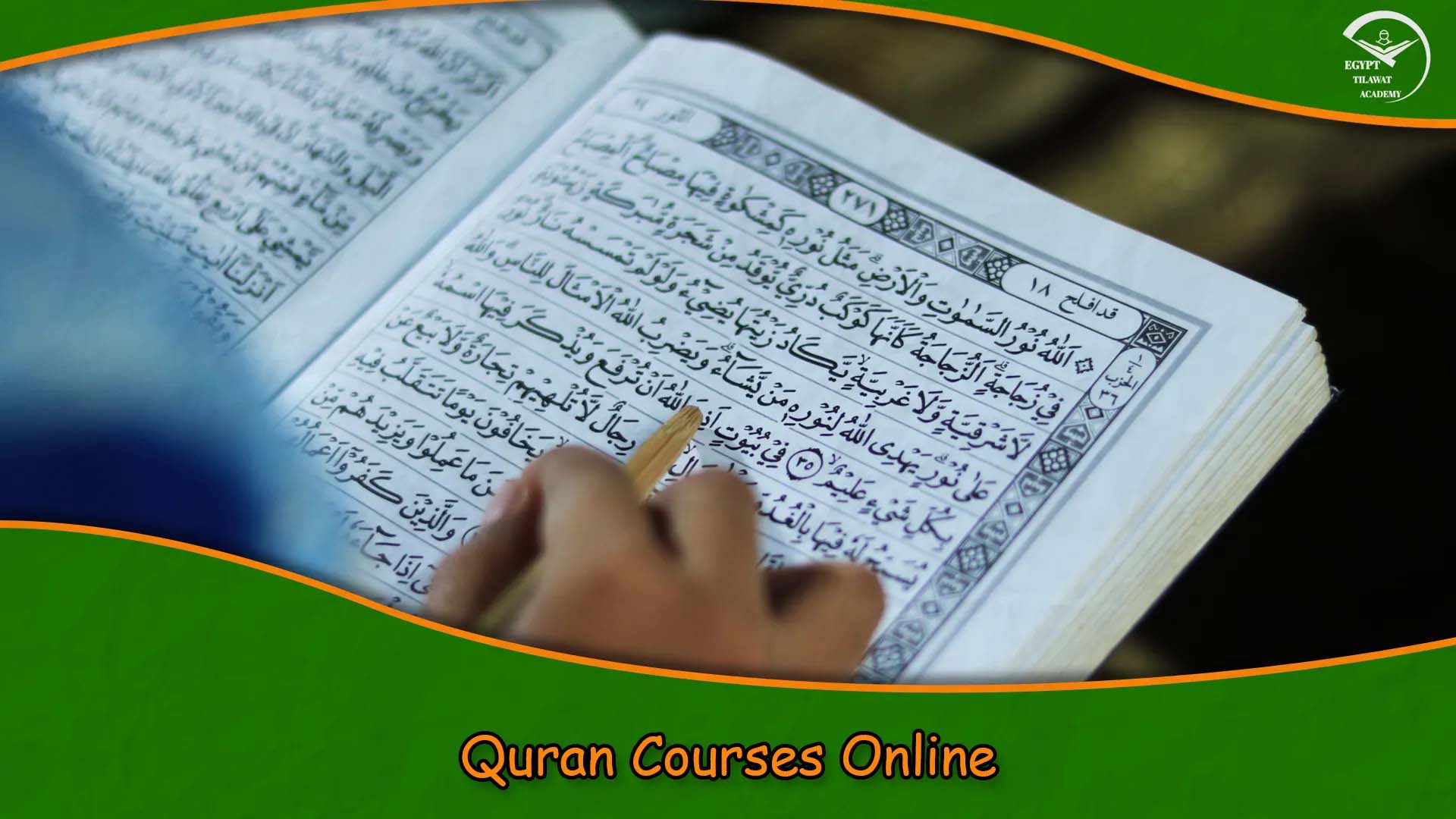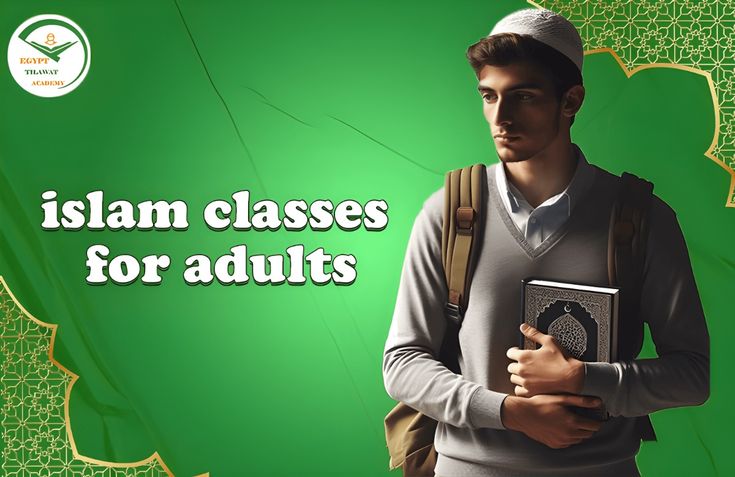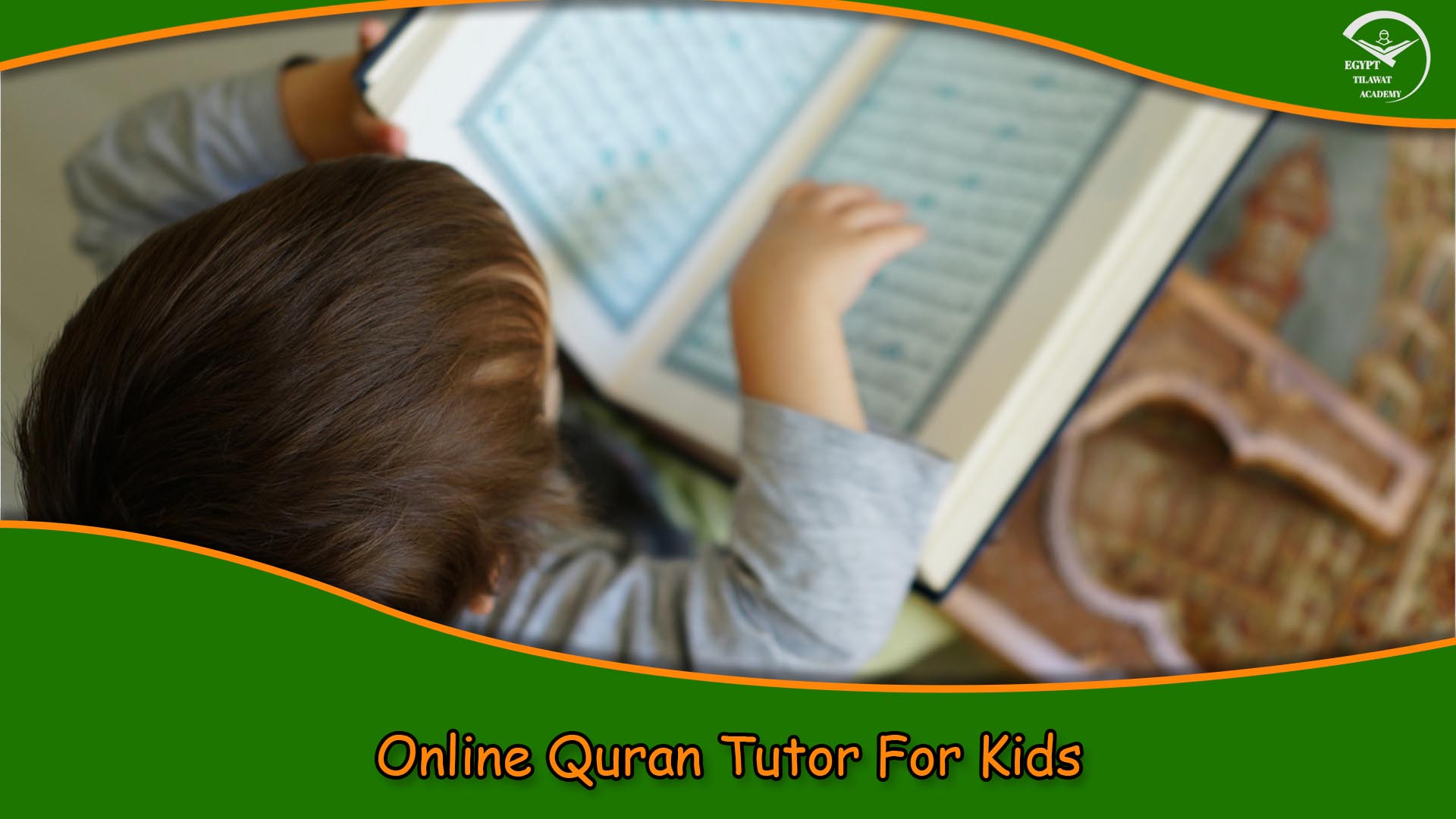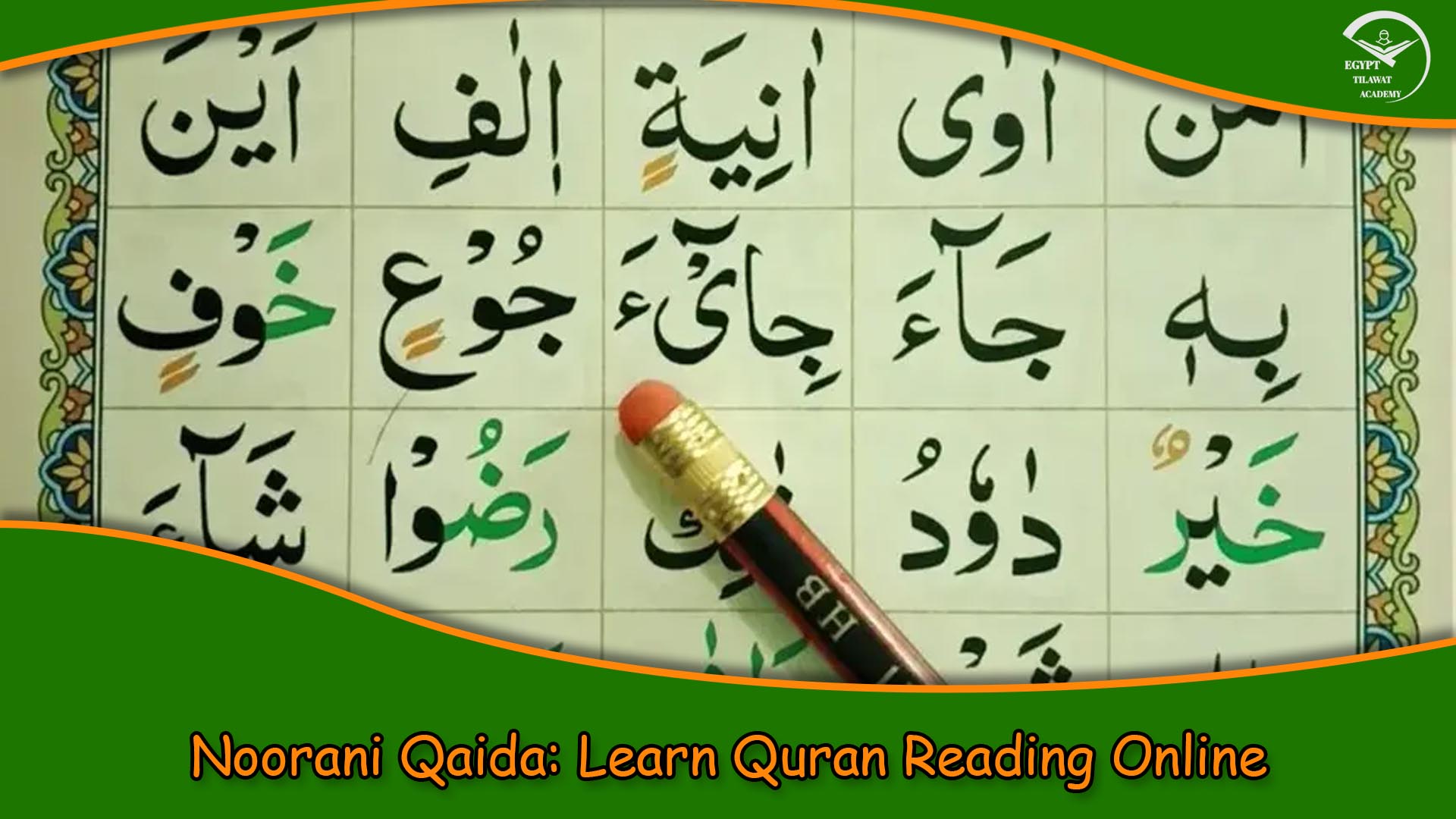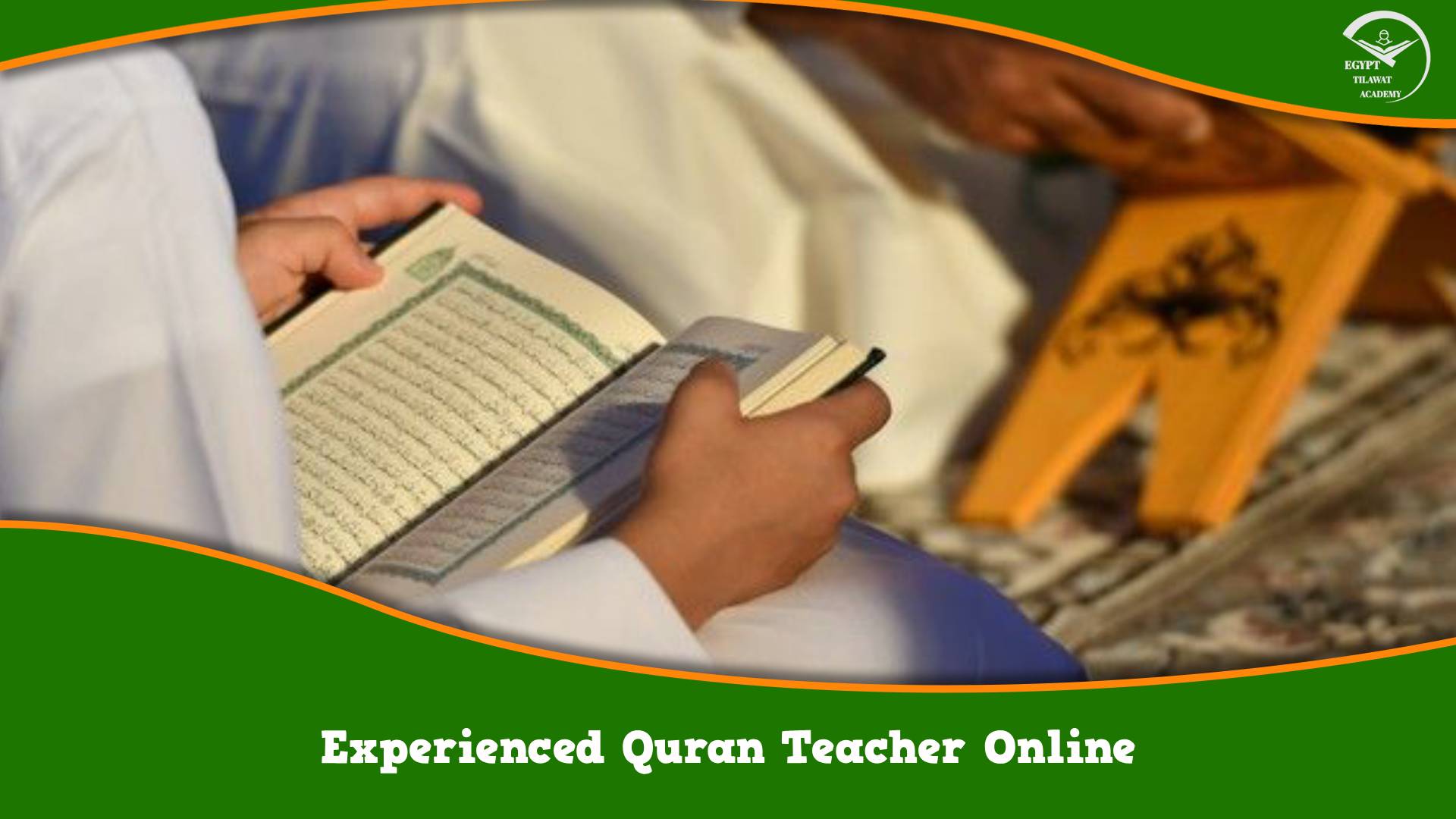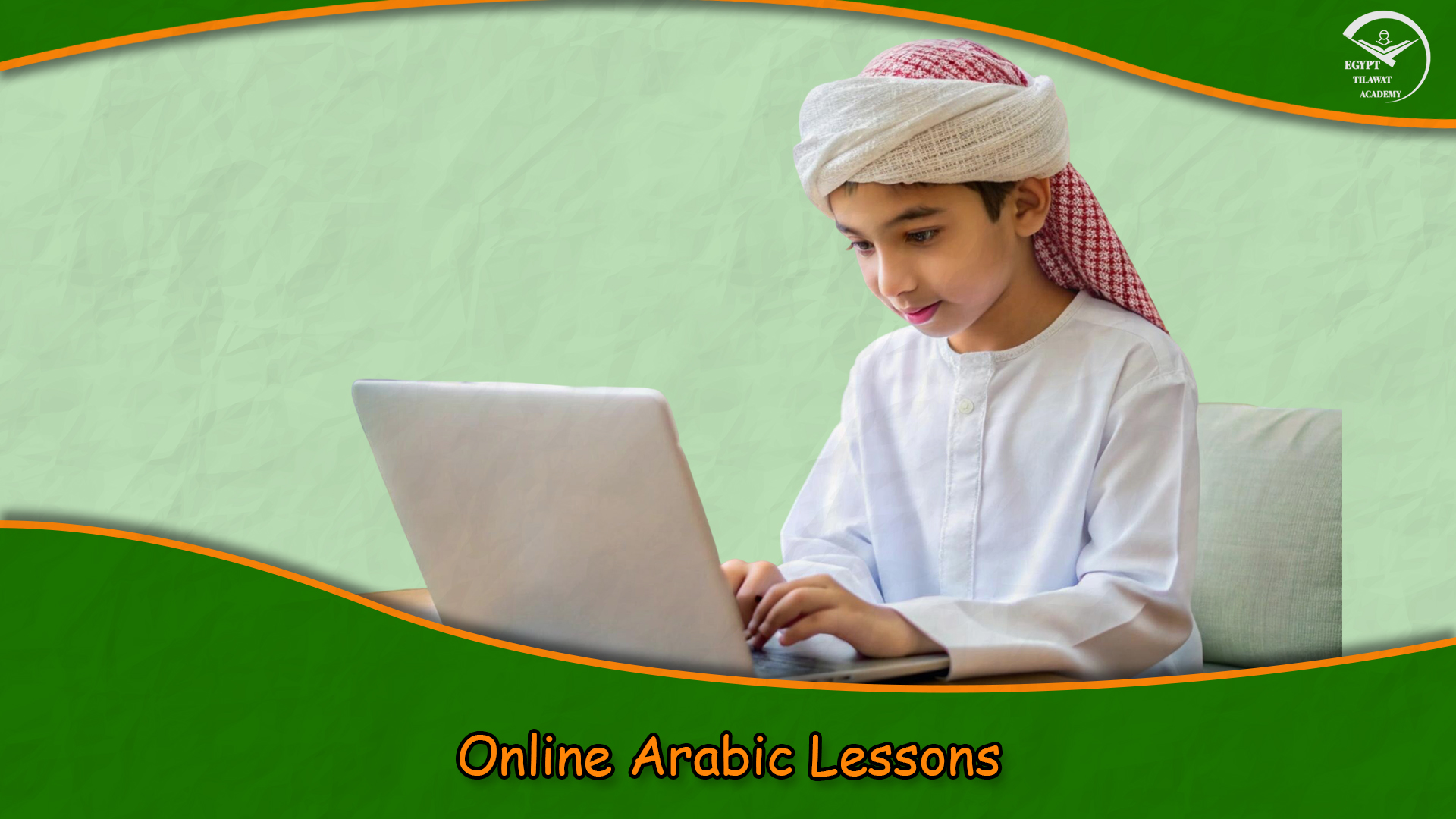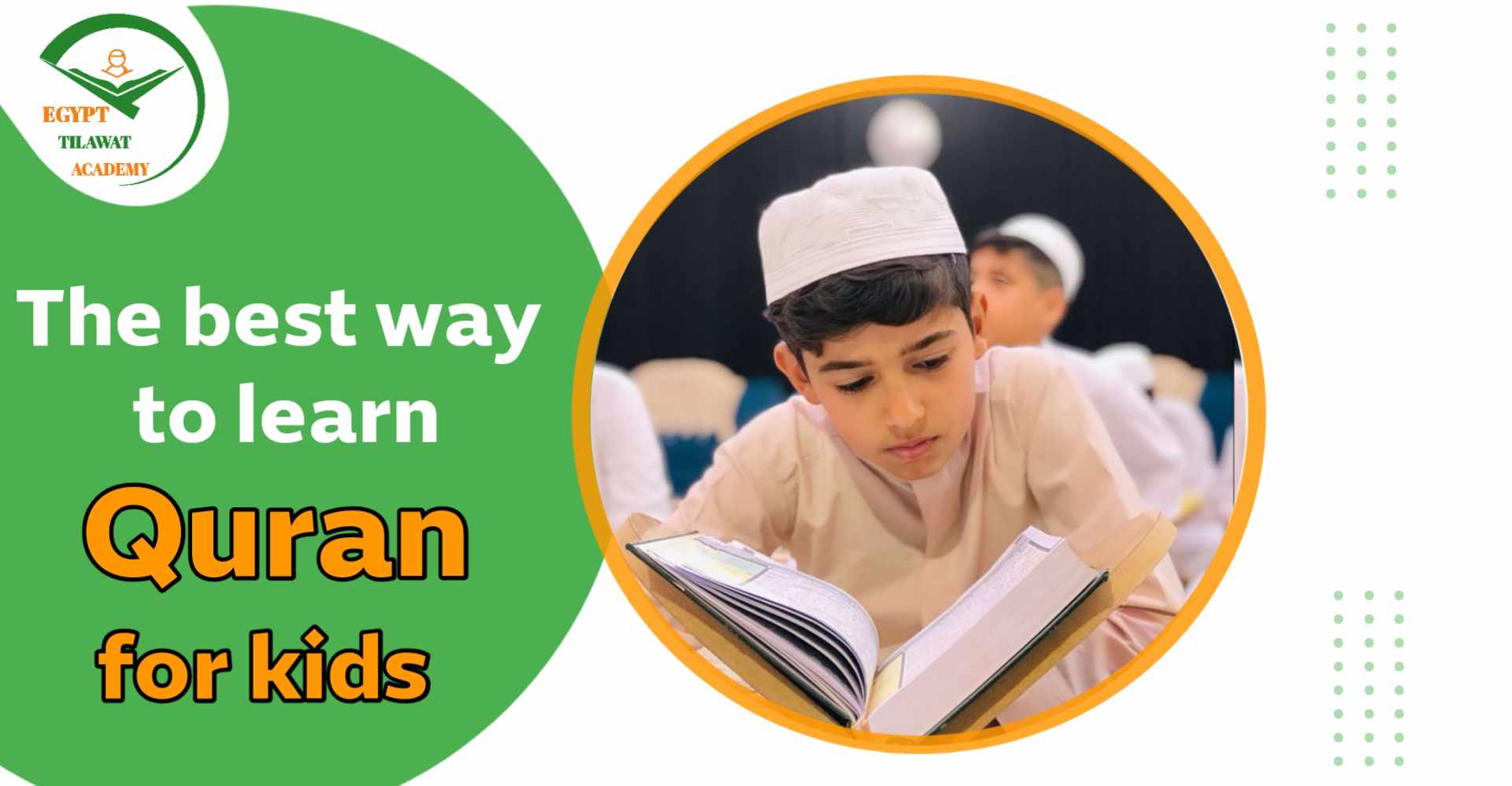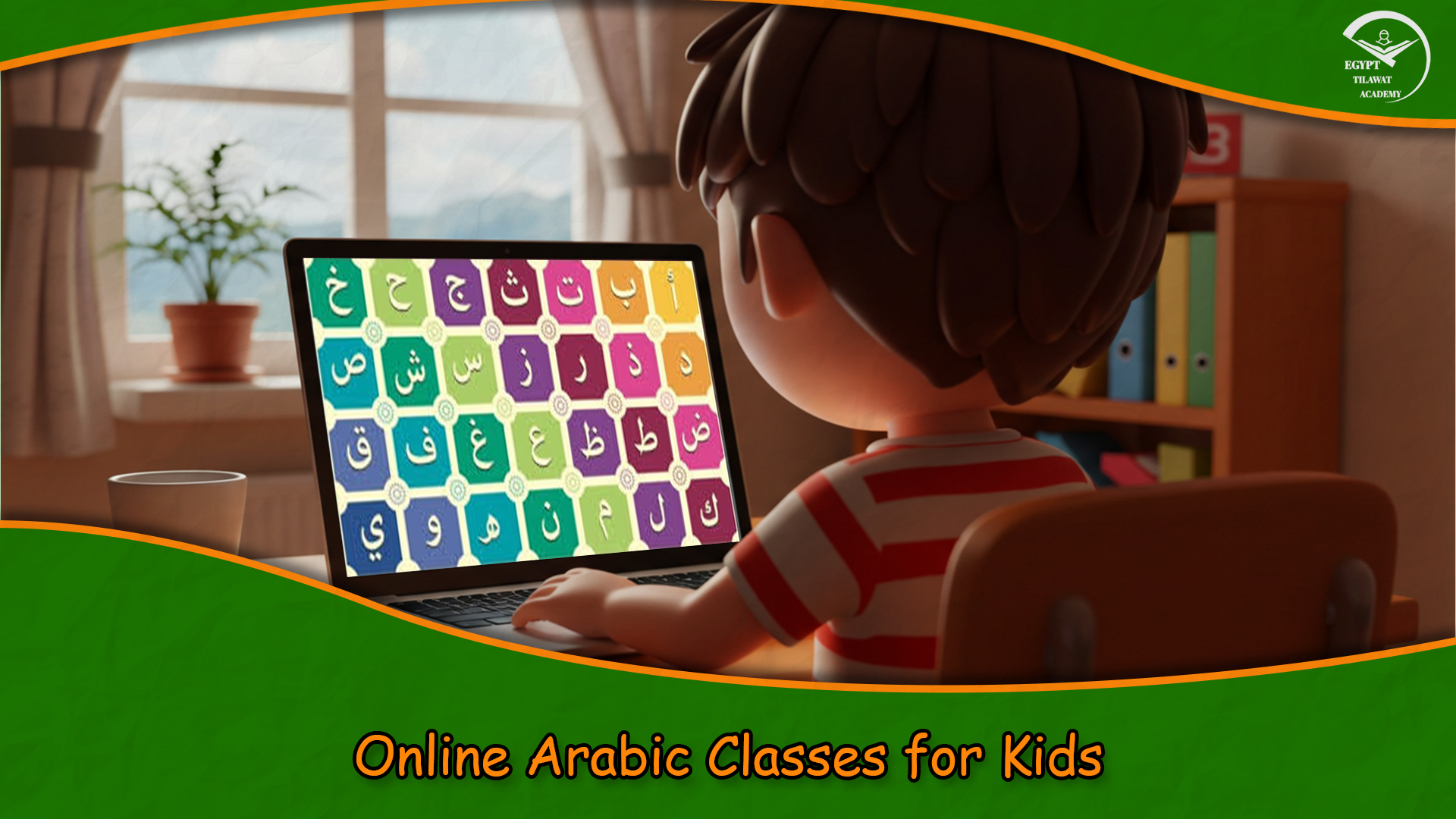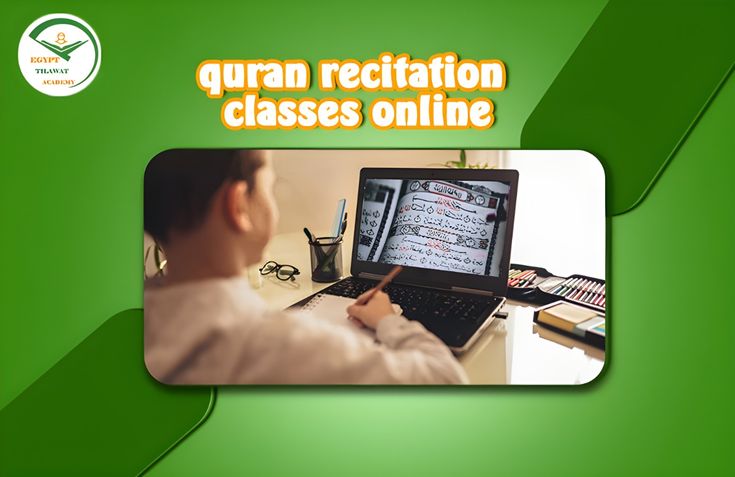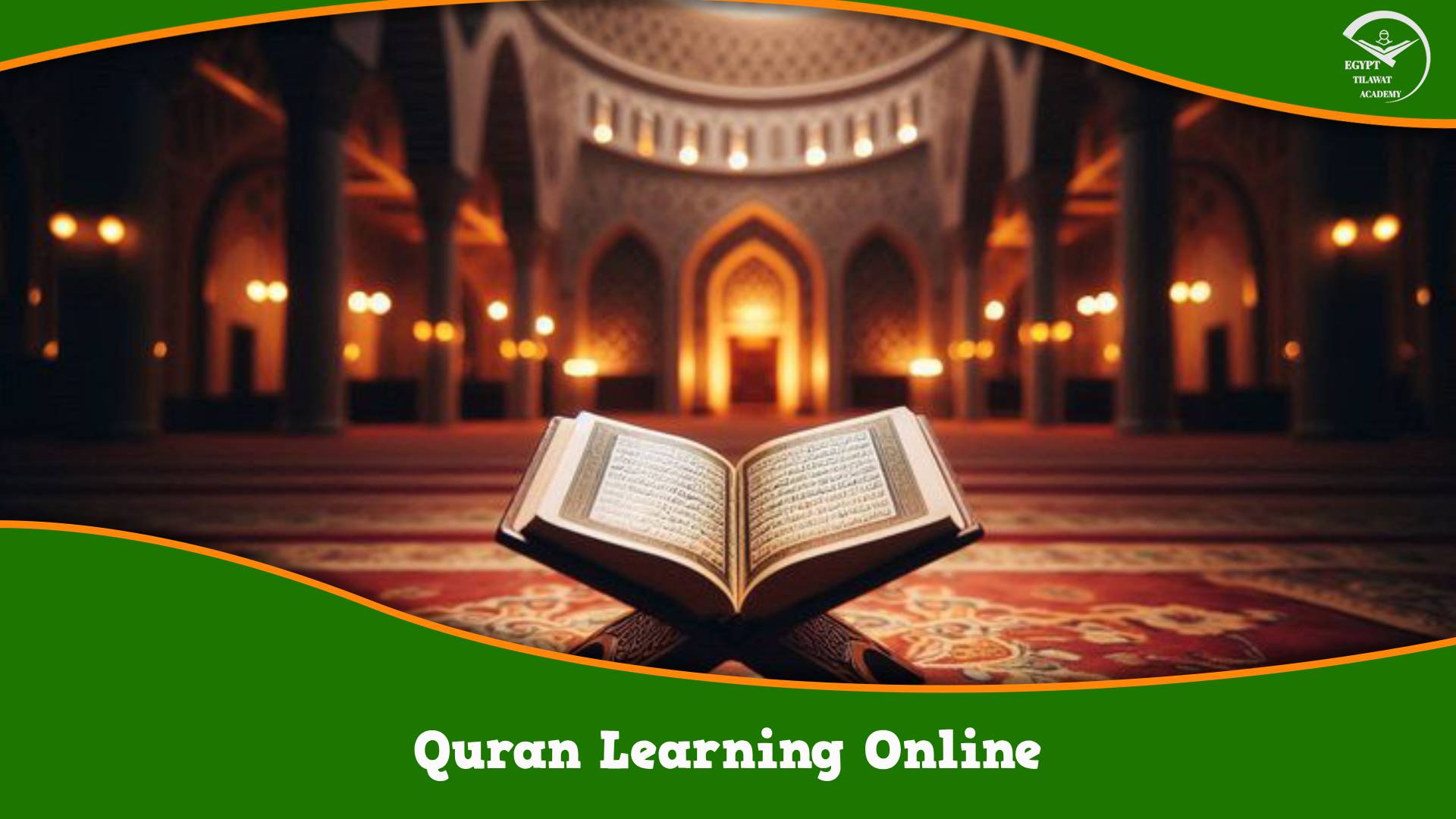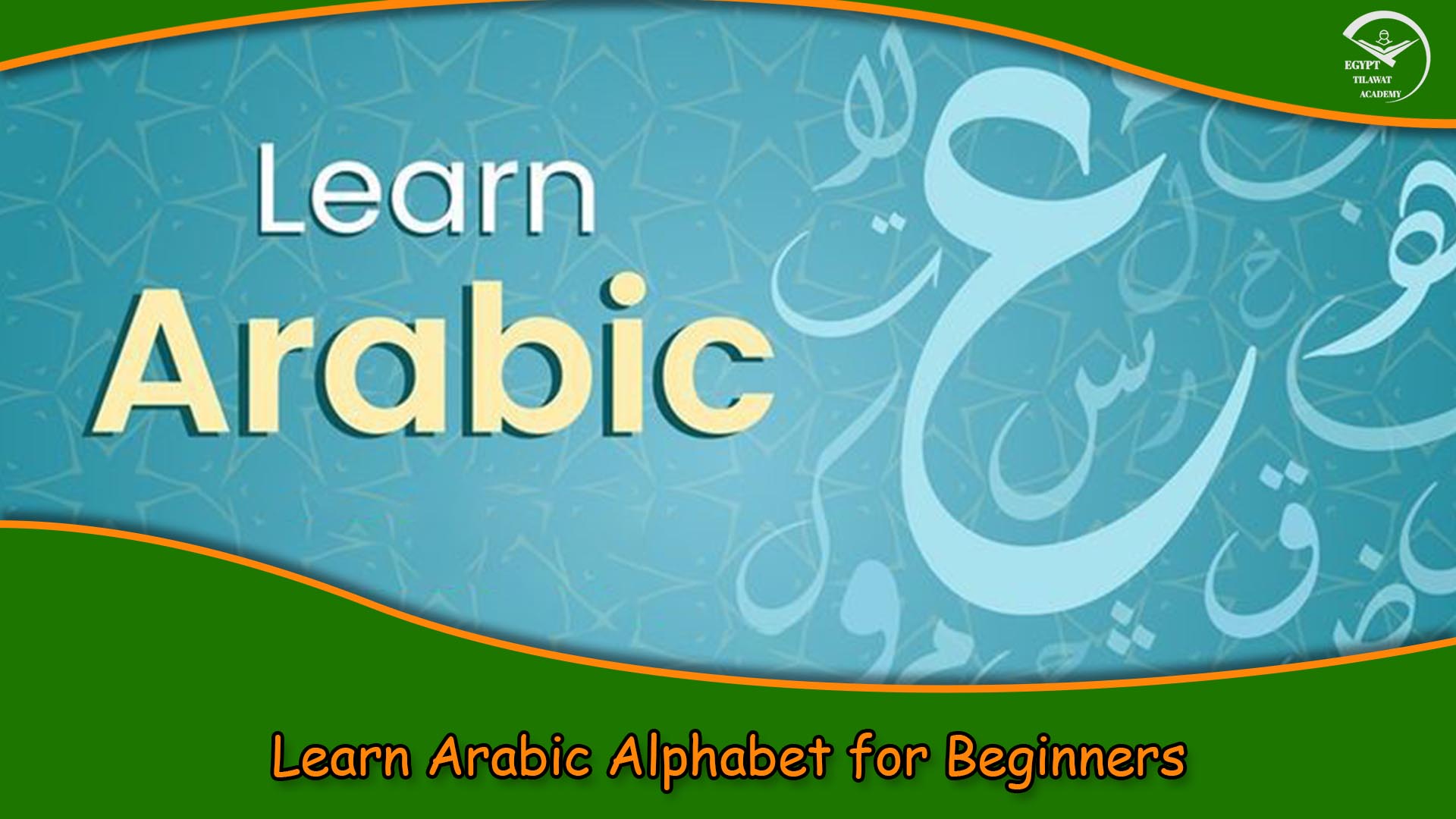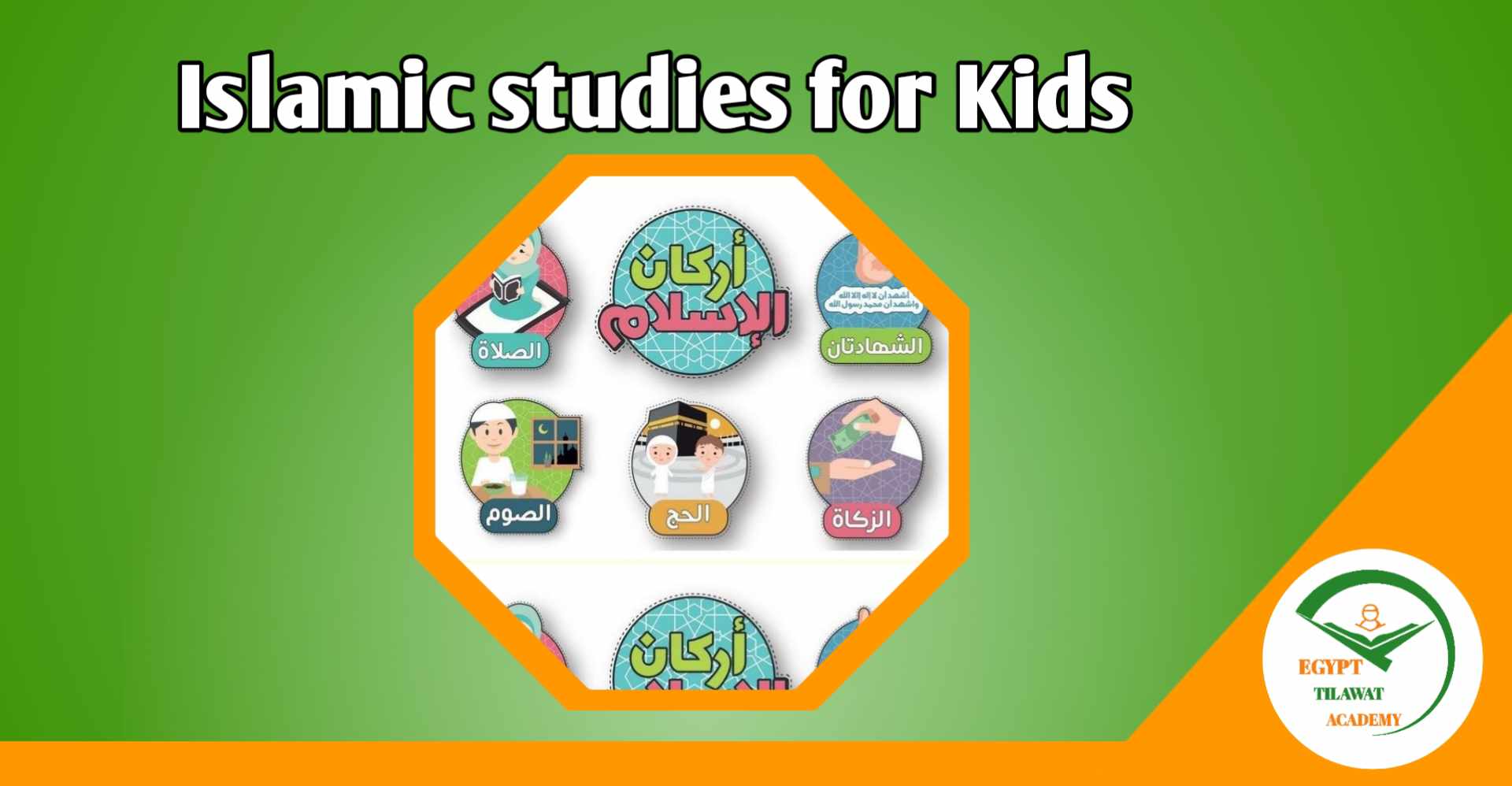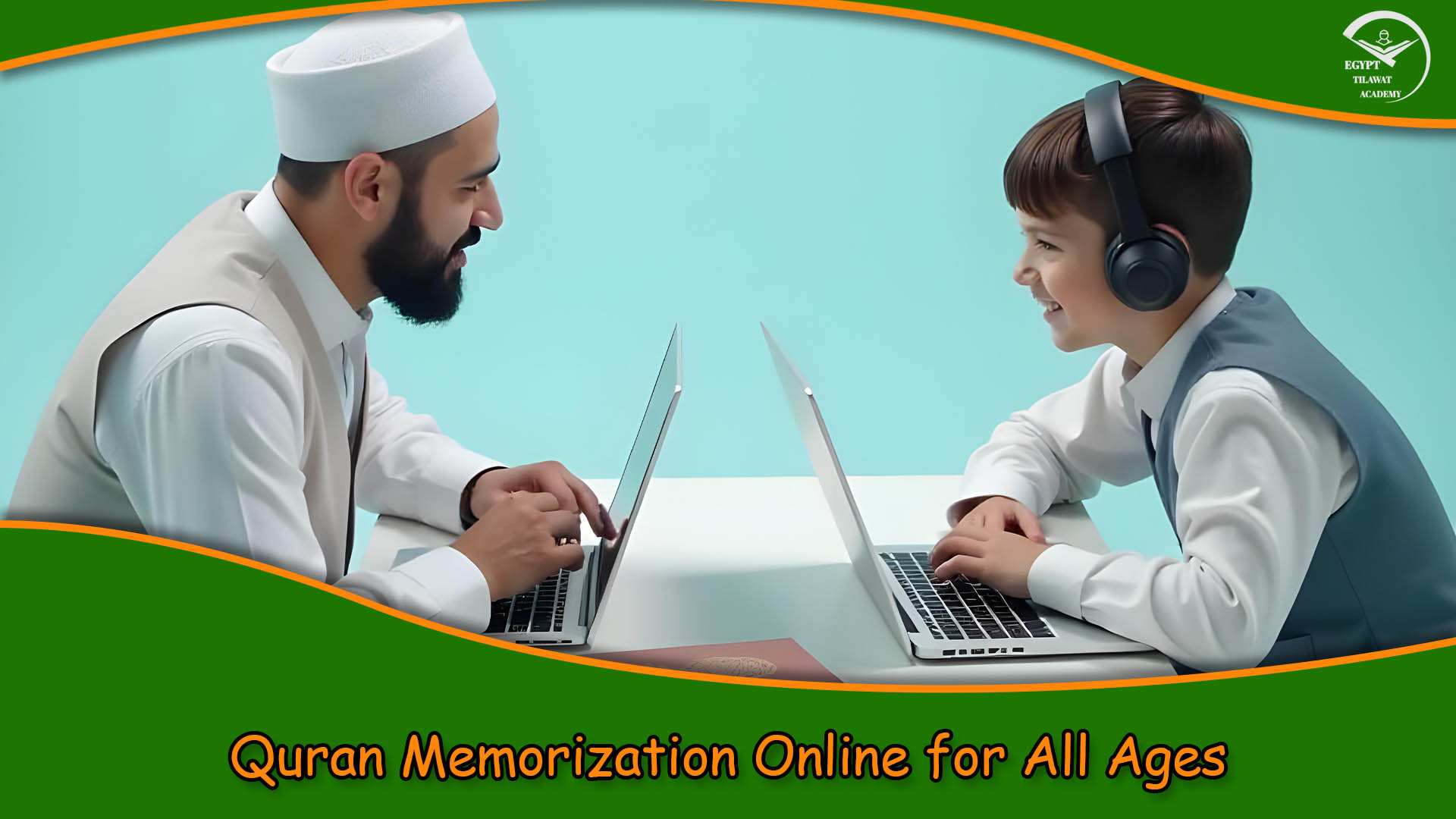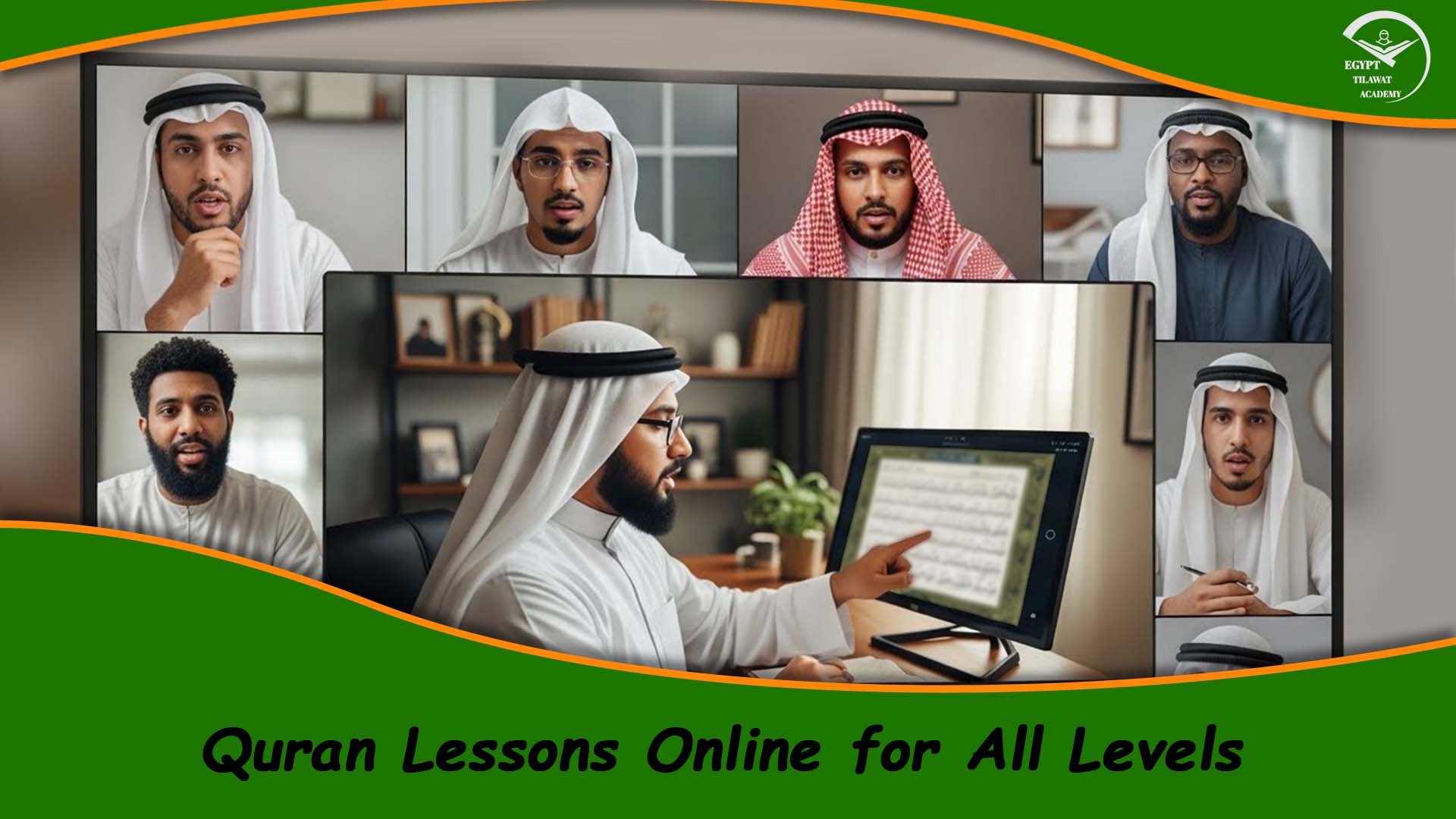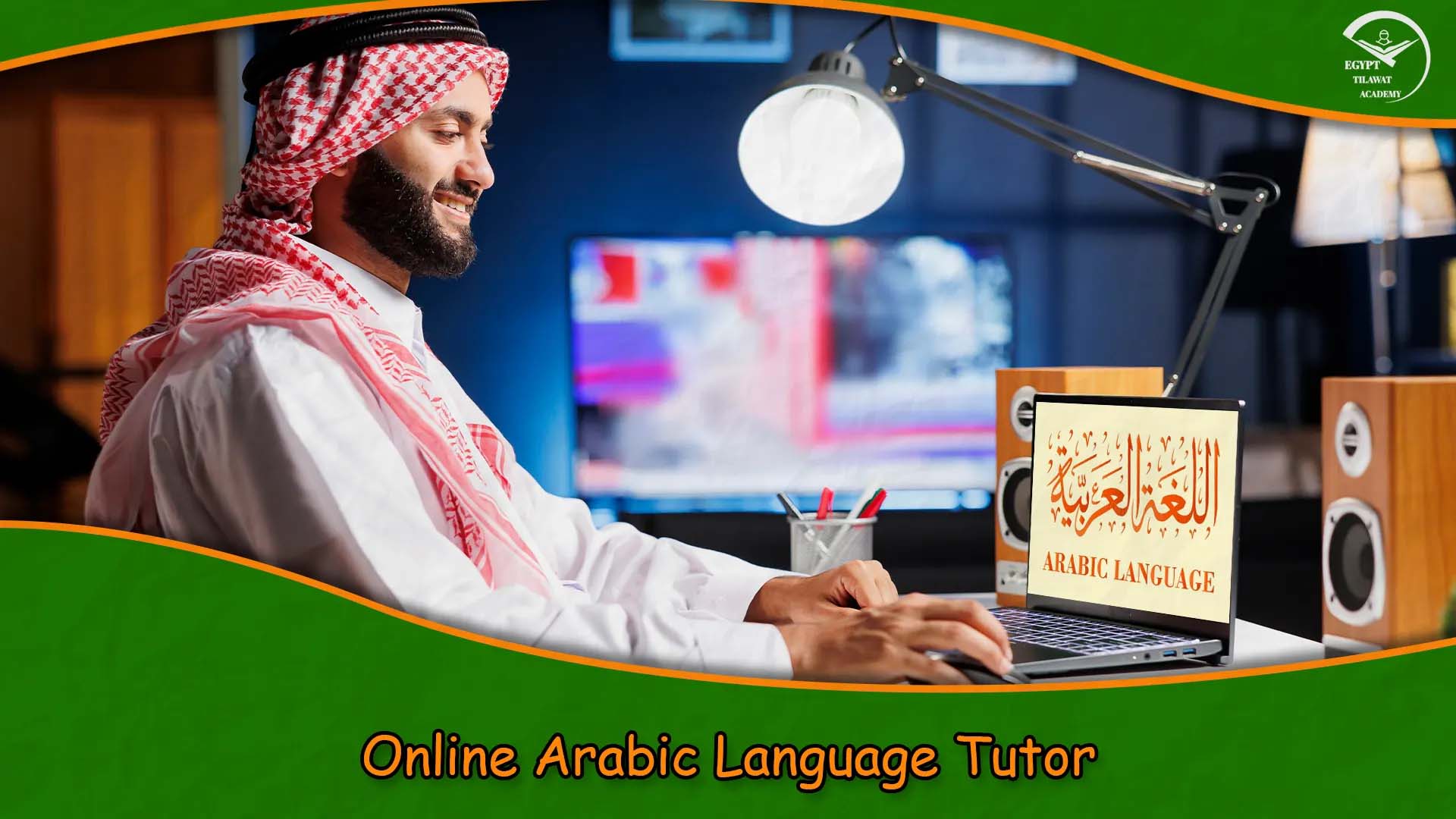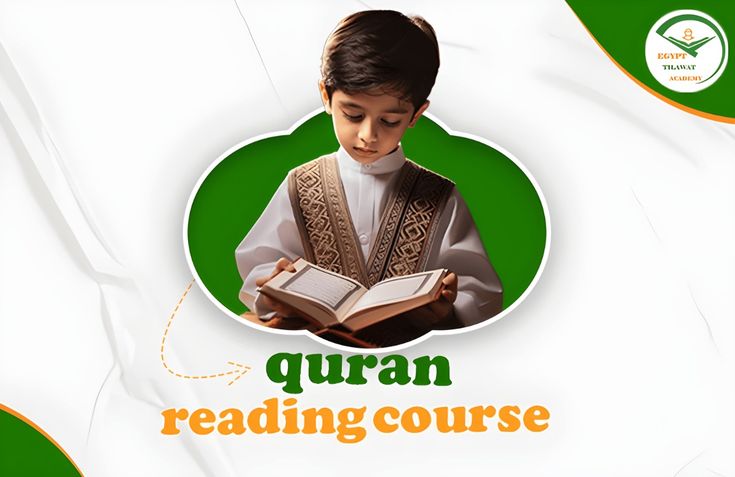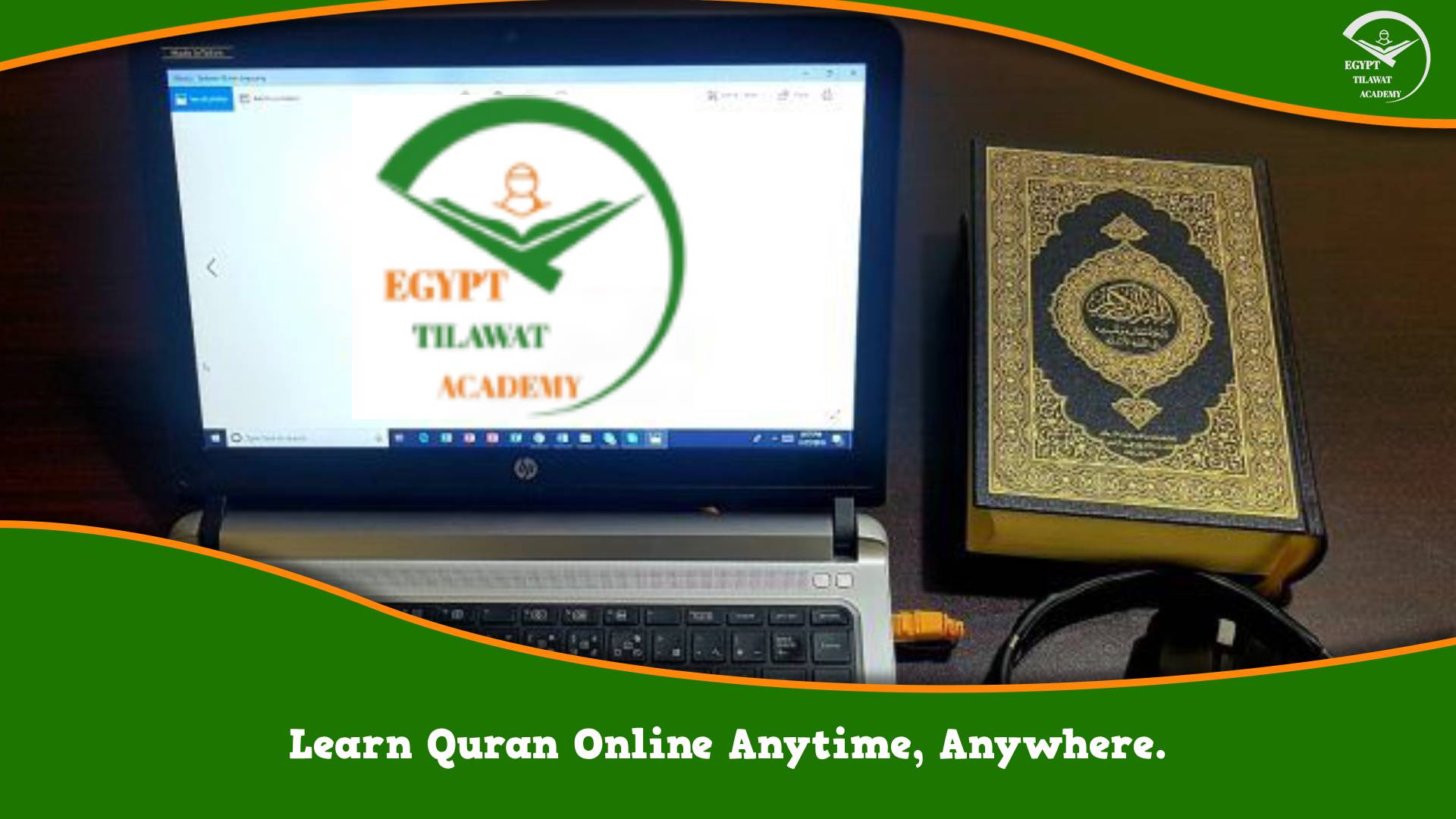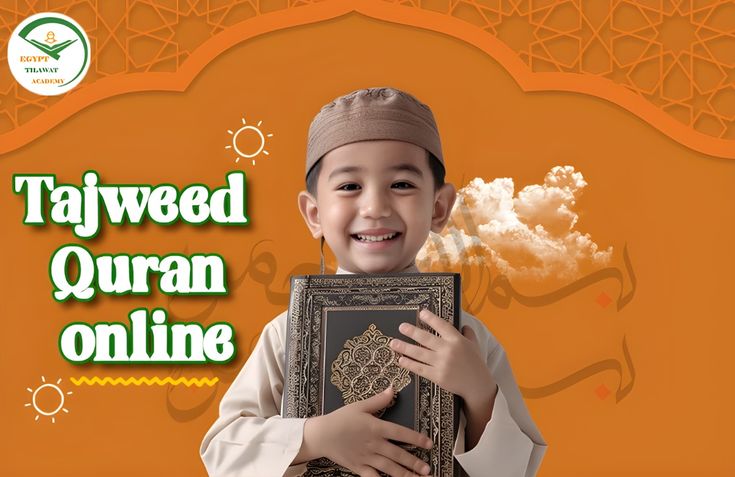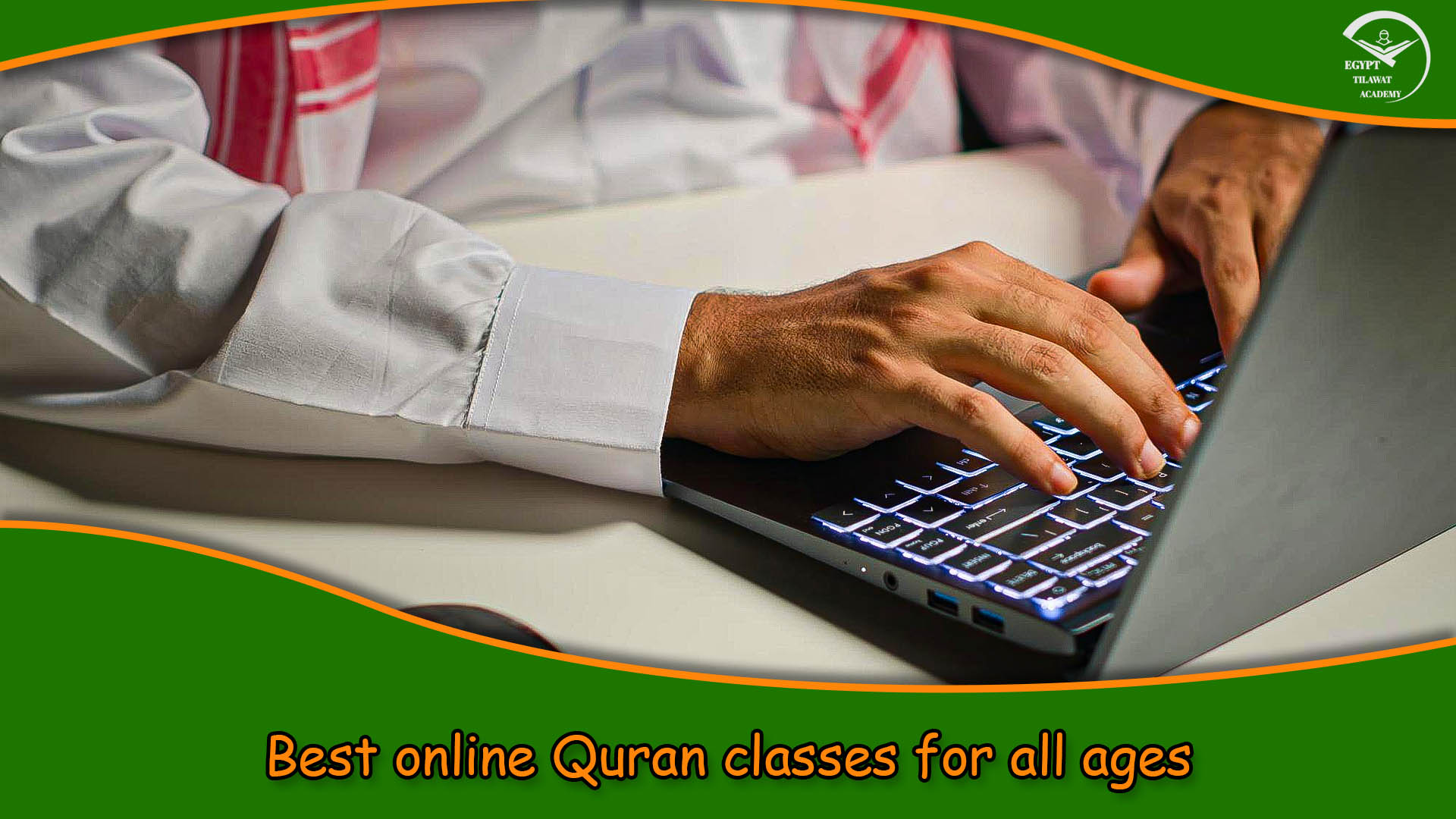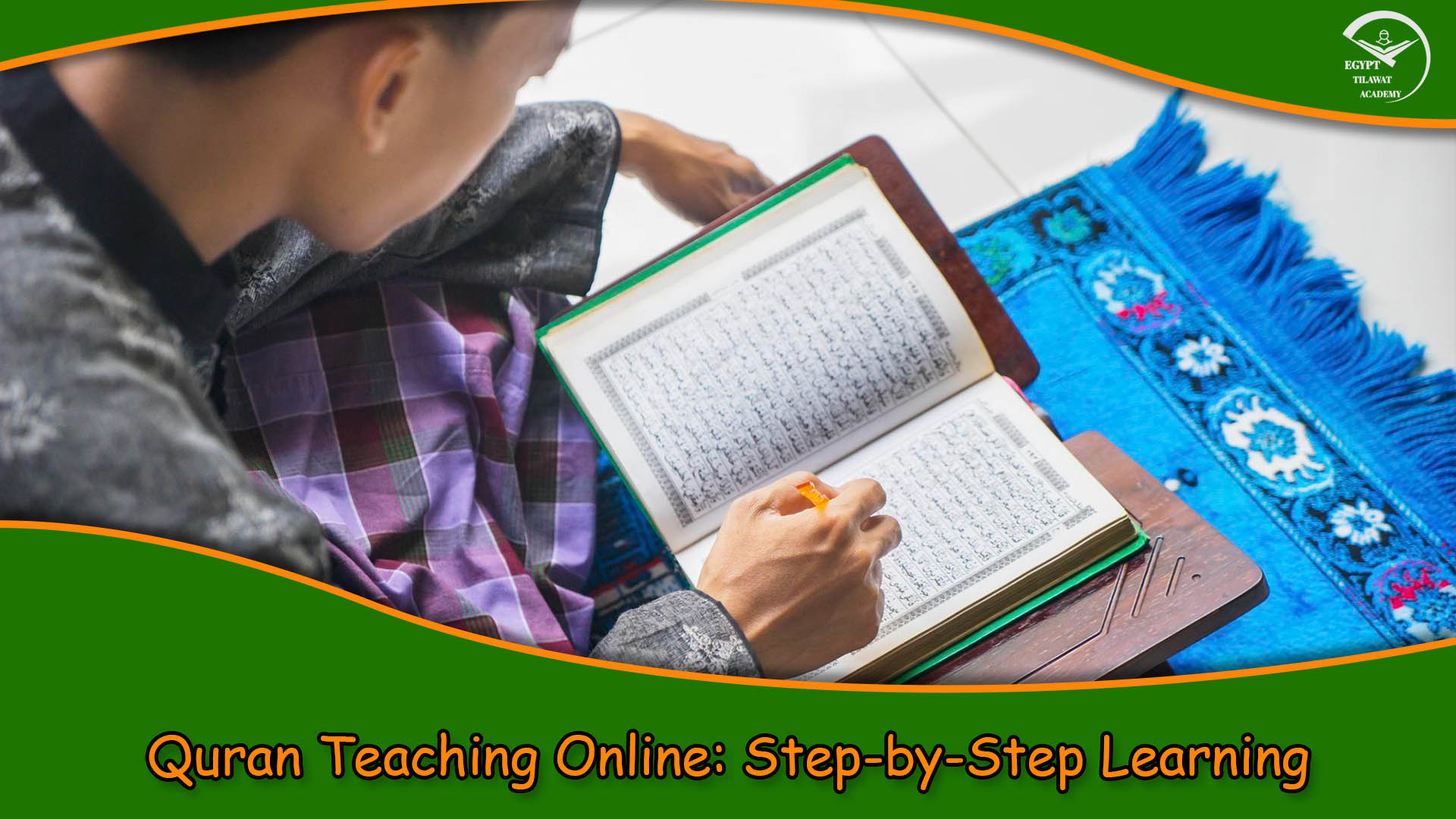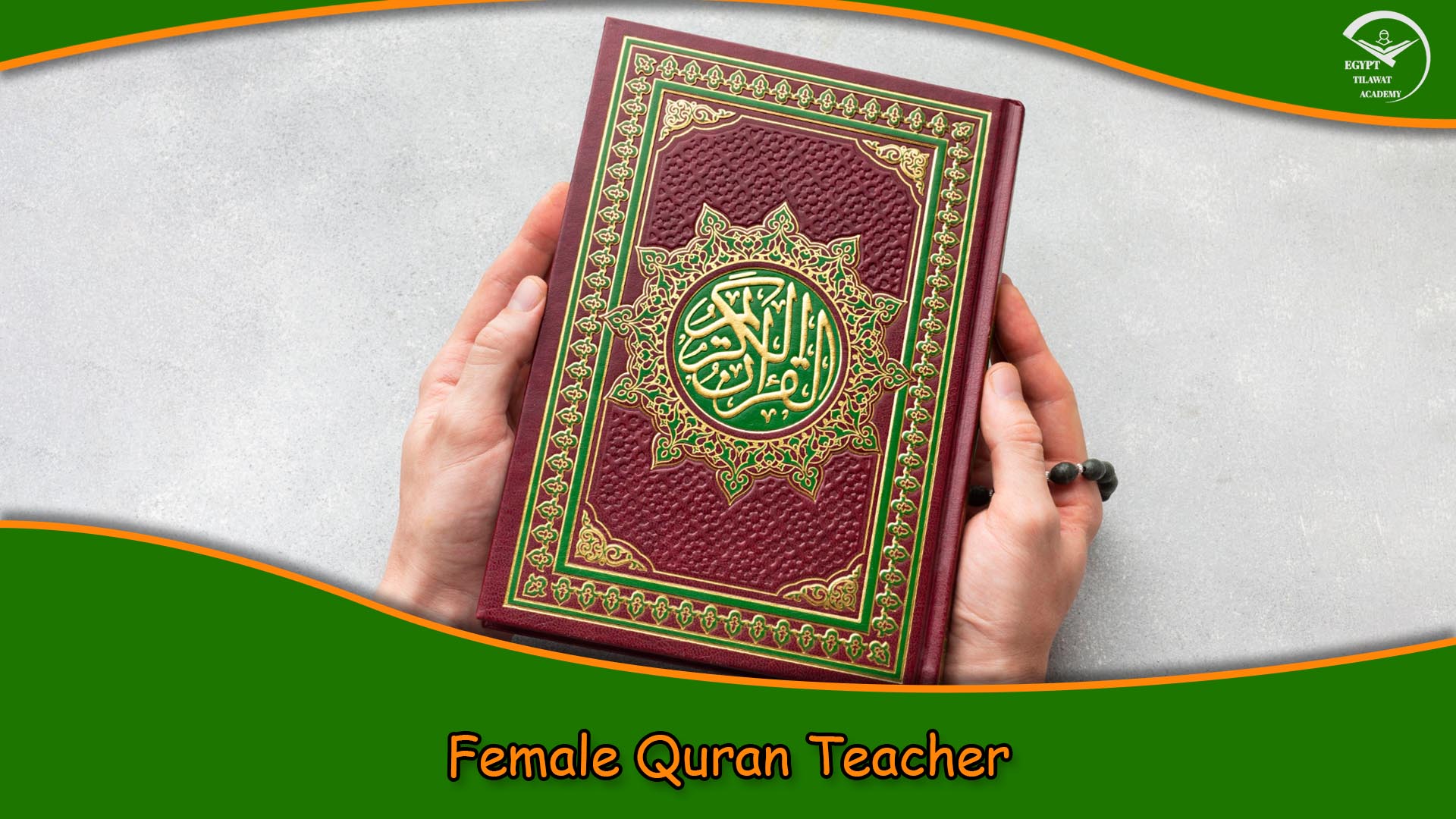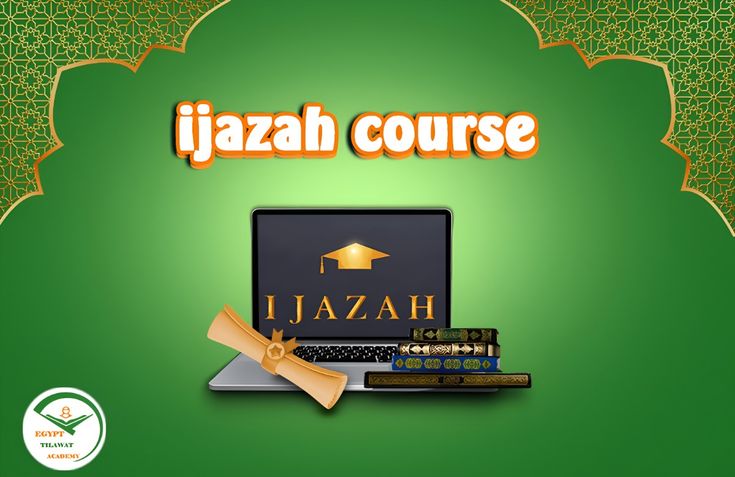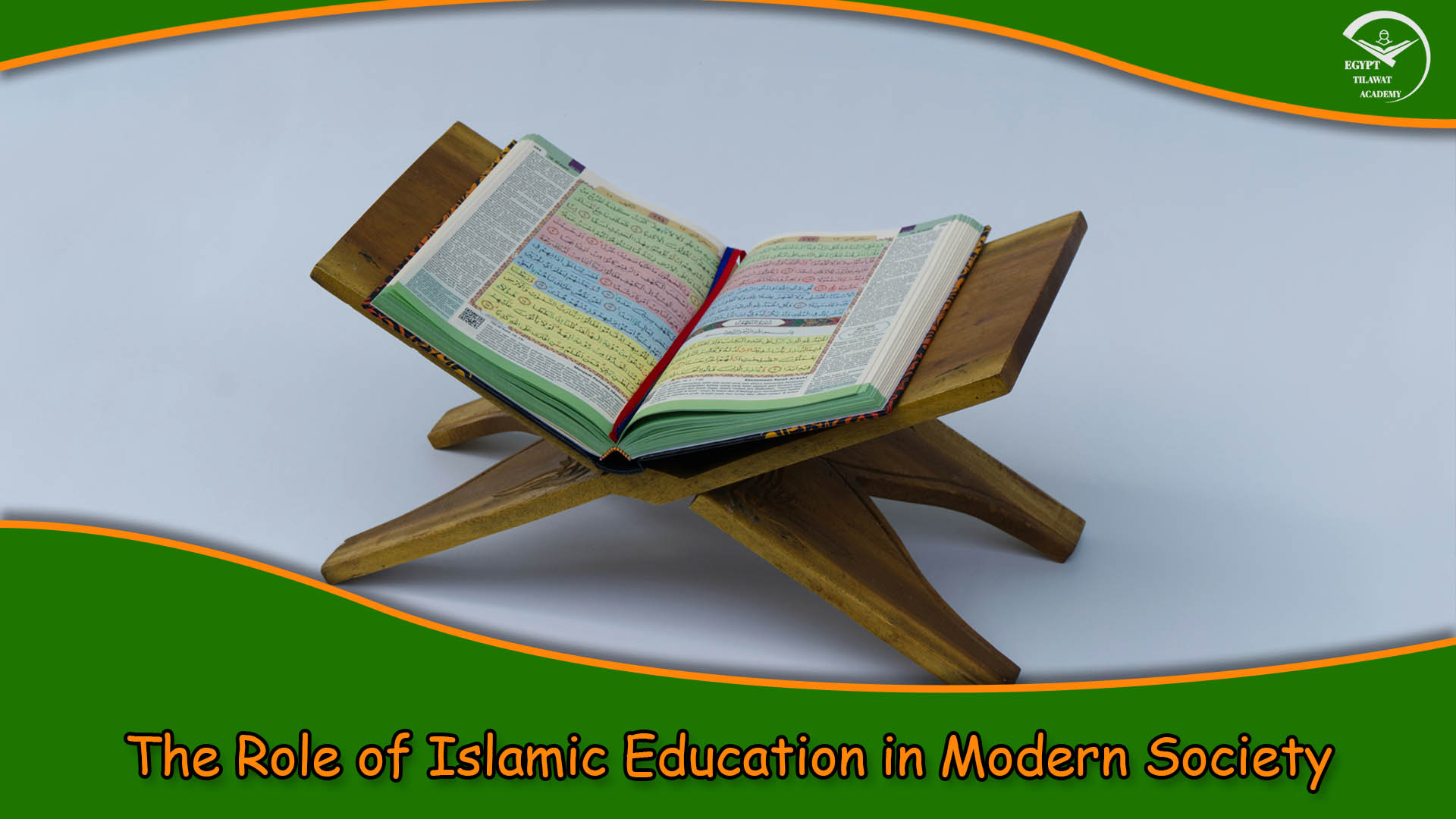
The Role of Islamic Education in Modern Society.
Islamic education has always been the cornerstone of Muslim communities worldwide, guiding generations with values, morals, and knowledge in the Quran and Sunnah.
Islamic
education provides moral guidance, fosters positive character traits, and
promotes community cohesion by integrating Islamic teachings with contemporary
knowledge and skills.
Its role is
to develop individuals with strong ethics, a profound sense of purpose, and the
ability to navigate the challenges of the modern world.
In this
article, we will explore the various aspects of Islamic education, its aims,
methods, and its undeniable role in shaping individuals and communities in
today’s world.
Aspects of Islamic Education
Aspects of
Islamic education include its foundational sources, the Quran and Sunnah.
The Islamic
education goal of form a complete human being through moral, spiritual,
intellectual, and social development, and the integration of religious and secular
knowledge.
And a strong
emphasis on community, critical thinking, and lifelong learning for the
betterment of this world and the Hereafter
Islamic
education encompasses multiple dimensions that go beyond the boundaries of
traditional schooling.
It
integrates the development of faith, intellectual growth, character-building,
and social responsibility.
1. Spiritual
Development
At its core,
Islamic education nurtures the soul by teaching individuals their relationship
with Allah.
Through Quranic recitation, Hadith studies, and learning about the Importance of Islamic Studies for kids and adult learners build a deep spiritual connection.
2. Moral and Ethical Training
One of the
strongest aspects of Islamic education is its emphasis on morals.
It teaches honesty, justice, humility, and compassion, which serve as guiding principles in daily life.
3. Intellectual
Growth
Islam
encourages the pursuit of knowledge.
From science
to philosophy, Islamic education promotes learning that benefits both the
individual and society.
4. Social Responsibility
The concept
of ummah (community) is central in Islam.
Islamic
education instills the duty of helping others, maintaining justice, and
fostering peace.
By
integrating these aspects, Islamic education shapes well-rounded individuals
who can balance faith with modern challenges.
Islamic Education Aims
The primary
aims of Islamic education are spiritual and moral development, intellectual
growth, and fostering social responsibility, all in the teachings of the Quran
and Sunnah.
Islamic education seeks to produce balanced individuals who integrate faith with knowledge, serve their communities, uphold ethical conduct, and prepare for life in this world and the hereafter.
The aims of
Islamic education are holistic, addressing the spiritual, moral, intellectual,
and social dimensions of human life.
Unlike
purely secular systems, Islamic education integrates both religious and worldly
knowledge to produce balanced individuals.
- To
strengthen faith and belief in Allah
Every Muslim
learner should have a clear understanding of Tawheed (Oneness of Allah).
- To instill
good character and morals
The Prophet Muhammad (peace be upon him) emphasized that the best among people are those with the best manners. Islamic education aims to create such individuals.
- To prepare
individuals for life and the hereafter.
Knowledge is
not only for worldly success but also for spiritual preparation for eternal
life.
- To promote
social harmony and justice
Islamic
education encourages equality, fairness, and cooperation within society.
- To encourage
continuous learning
The famous
Hadith, “Seek knowledge from the cradle to the grave”, highlights the timeless
aim of learning in Islam.
These aims
form the backbone of Islamic education, ensuring it remains relevant in every
era.
Islamic Education in Building Strong Moral Foundations.
Morality is
one of the most important gifts of Islamic education.
In modern
society, where materialism and individualism often dominate, the role of moral
values becomes even more essential.
- Islamic teachings
against corruption and dishonesty: Learners are taught the importance of
truthfulness, fairness, and transparency.
- Respect for
parents and elders: Islamic education reminds us of the value of family bonds.
- Upholding
justice: Every Muslim is taught to stand firm for justice, even if it is
against themselves or close relatives.
- Cultivating
humility and kindness: Learners develop empathy and kindness towards others,
regardless of background.
Through
these moral foundations, individuals are better equipped to face challenges
such as peer pressure, ethical dilemmas in workplaces, and cultural shifts,
without compromising their Islamic identity.
Methods of Islamic Education
Methods of
Islamic Education include Qur'an-based learning (memorization, recitation),
dialogue and discussion, and storytelling.
Also,
role-modeling (following the Prophet Muhammad's example), practical
demonstrations, reflection, and the use of encouragement and admonition.
Islamic
Education aims to foster deep understanding, develop strong moral character,
and cultivate a spiritual connection to Allah (taqwa).
So, Islamic
scholars have developed various methods of teaching, which are still highly
relevant today.
With modern technology, these methods are becoming more accessible.
1. Quran
Recitation and Memorization (Tilawah and Hifz)
This is the
traditional and foundational method. Learning the Quran word-for-word
strengthens memory and spirituality.
2. Storytelling
from the Quran and Sunnah of Islamic Education.
Stories of
prophets, companions, and righteous people inspire learners with real-life
examples.
3. Practical
Application of Islamic Education
Islamic
education emphasizes practice, whether through prayer, fasting, or charity.
Knowledge is incomplete without action.
4. Discussion
and Reflection
Learners are
encouraged to reflect on Quranic verses and Hadith to deepen their
understanding.
The Egypt
Tilawat Academy provides structured courses for all ages, allowing Muslims
worldwide to learn Islam from qualified teachers.
This blend
of tradition and technology ensures that Islamic education remains relevant.
Islamic Education for All Ages
Islamic
education provides age-appropriate learning tailored for everyone, from young
children to adults, encompassing core beliefs, practical applications, and
moral values.
Through various methods like storytelling,
interactive activities, and formal studies in schools, universities, and online
courses.
Islamic education
is not limited to childhood; it is a lifelong process.
The Quran
encourages Muslims to seek knowledge from cradle to grave.
- Building the
foundation of faith for kids, teaching Quran recitation, basic Islamic
practices, and manners.
- Strengthening
identity for youth, guiding career decisions with Islamic ethics, and
protecting against harmful influences.
- Continuing
for Adults to deepen their knowledge of Islam, improve their Quranic
recitation, and set an example for their families.
- Focusing on the elderly on spiritual
preparation for the hereafter through worship, reflection, and teaching younger
generations.
Modern
academies like Egypt Tilawat Academy, a leading platform in online Islamic
learning, provide tailored courses for each age group, ensuring accessibility
for all.
How Islamic Education Promotes Islamic Values for Learners
Islamic
education promotes values in learners by establishing a moral and ethical
foundation, cultivating virtues like honesty and compassion.
Islamic
education, fostering independence and responsibility, encourages religious and
cultural identity, and integrates religious teachings into daily life and
academic subjects.
It is the
primary means of transmitting Islamic values from one generation to the next.
- Teaching
Respect and Obedience: Learners are taught respect for parents, teachers, and
elders.
Promoting
Modesty and Discipline: Islamic education emphasizes humility in speech, dress,
and actions.
- Fostering
Unity and Brotherhood: The values of equality and brotherhood transcend race,
culture, and status.
- Encouraging
Patience and Gratitude: Life’s trials are seen as tests, encouraging patience
and reliance on Allah.
- Spreading
Compassion and Mercy: Following the example of the Prophet Muhammad (peace be
upon him), Islamic education instills mercy towards all creation.
By
instilling these values, learners become responsible Muslims who contribute
positively to society.
Islamic Education and Its Role in Building Strong Communities
From
important benefits of Islamic education include building strong communities by
instilling values of ethics, tolerance, and social responsibility.
This fosters
harmonious relationships and a sense of unity among individuals.
A society
thrives when its members are guided by values of justice, compassion, and
cooperation. Islamic education plays a vital role in creating such communities.
- Strengthening
Family Units: Families that learn Islam together are more likely to remain
united.
- Promoting
Social Justice: Islamic education discourages discrimination, corruption, and
exploitation.
- Encouraging
Volunteerism and Charity: Learners actively engage in helping the poor, needy,
and vulnerable.
- Creating
Leaders with Integrity: Leaders educated with Islamic values are less likely to
misuse power.
- Fostering
Peaceful Coexistence: Islamic education encourages tolerance, dialogue, and
peaceful interaction with others.
Institutions
like Egypt Tilawat Academy are not just about teaching individuals; they are
nurturing entire communities, ensuring that the next generation carries forward
the values of Islam with confidence and pride.
In
Conclusion. Start Your Journey with Islamic Education Today
In modern
society, where individuals face immense moral, ethical, and cultural challenges,
Islamic education remains a beacon of guidance.
It equips
learners with spiritual strength, moral clarity, and practical wisdom to
navigate life.
By shaping
individuals with strong character and instilling Islamic values, education
becomes the foundation for building stronger families, communities, and
societies.
Thanks to
modern tools and leading platforms like Egypt Tilawat Academy, Islamic
education is now more accessible than ever before.
Whether for
children, youth, or adults, it continues to serve as a powerful force for
positive change.
To ensure
that Muslims remain connected to their faith while contributing meaningfully to
the modern world.


